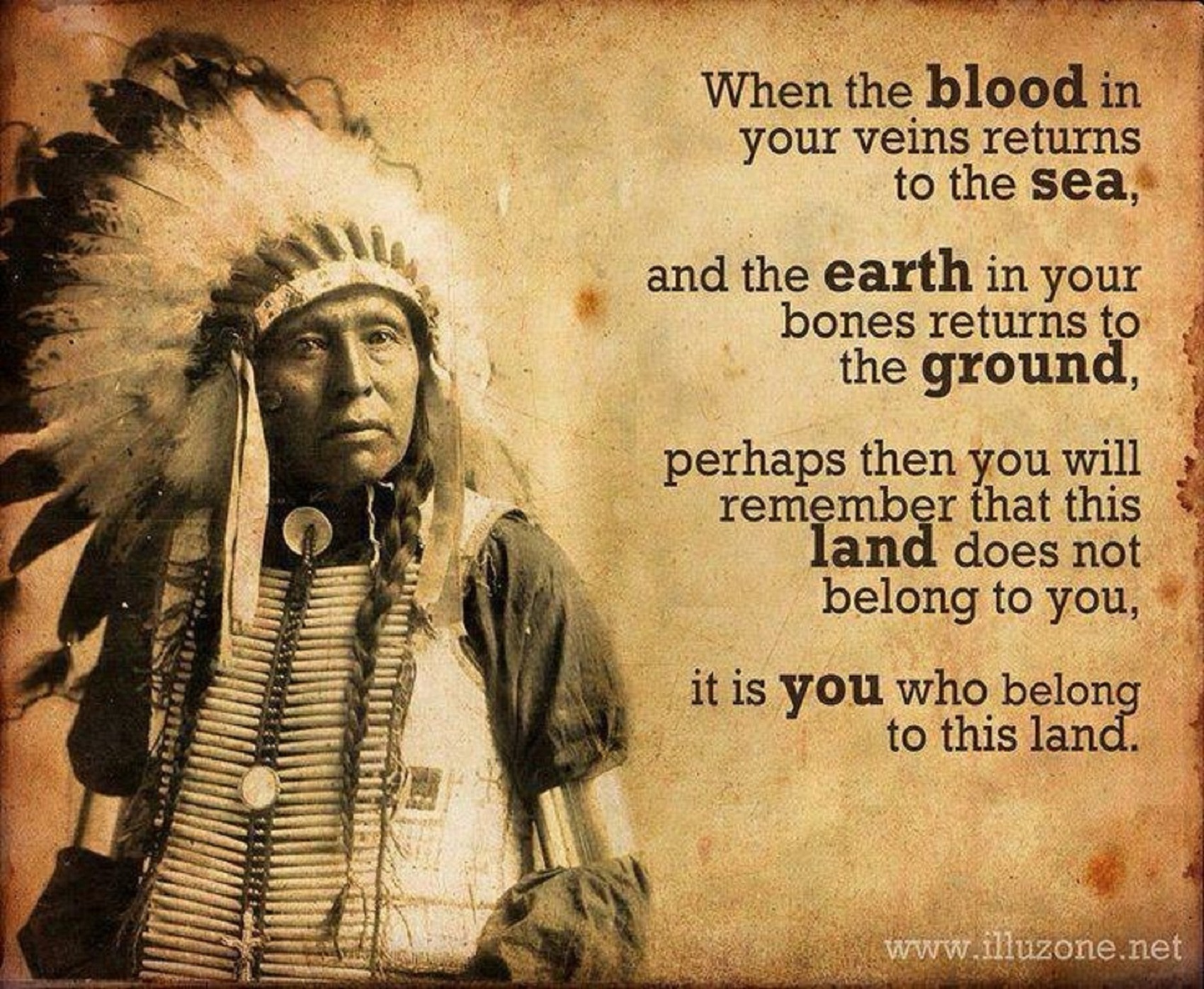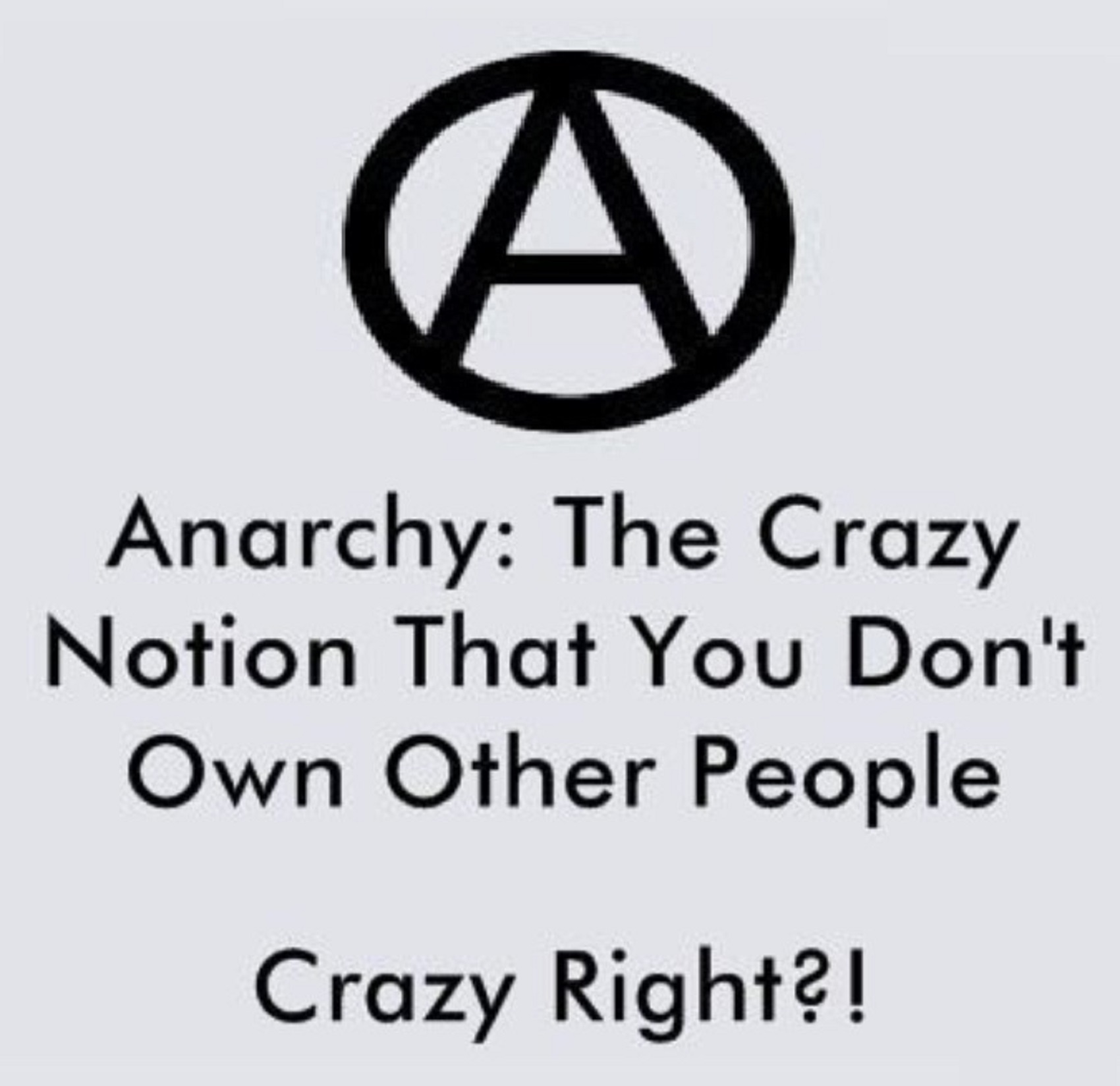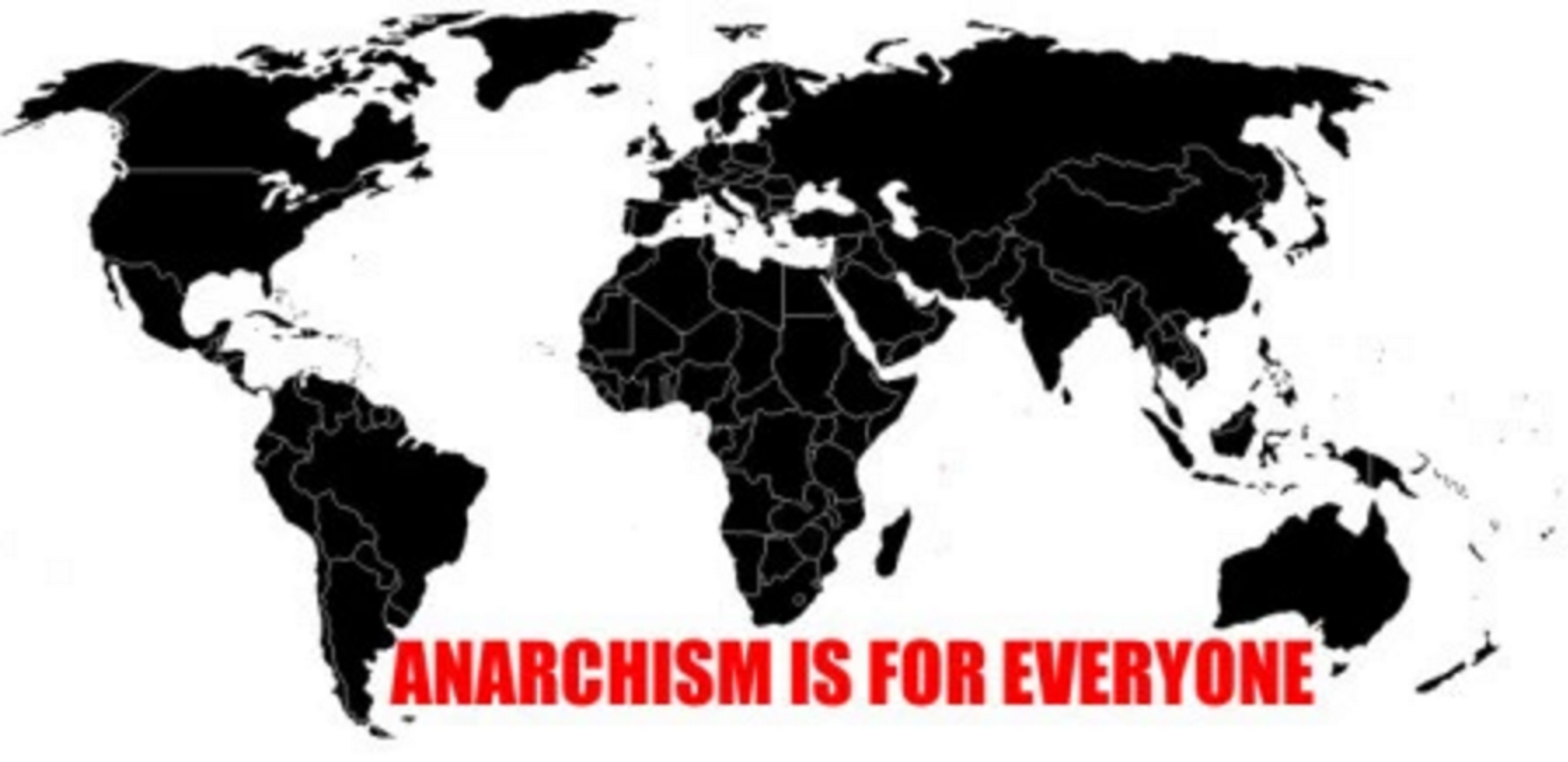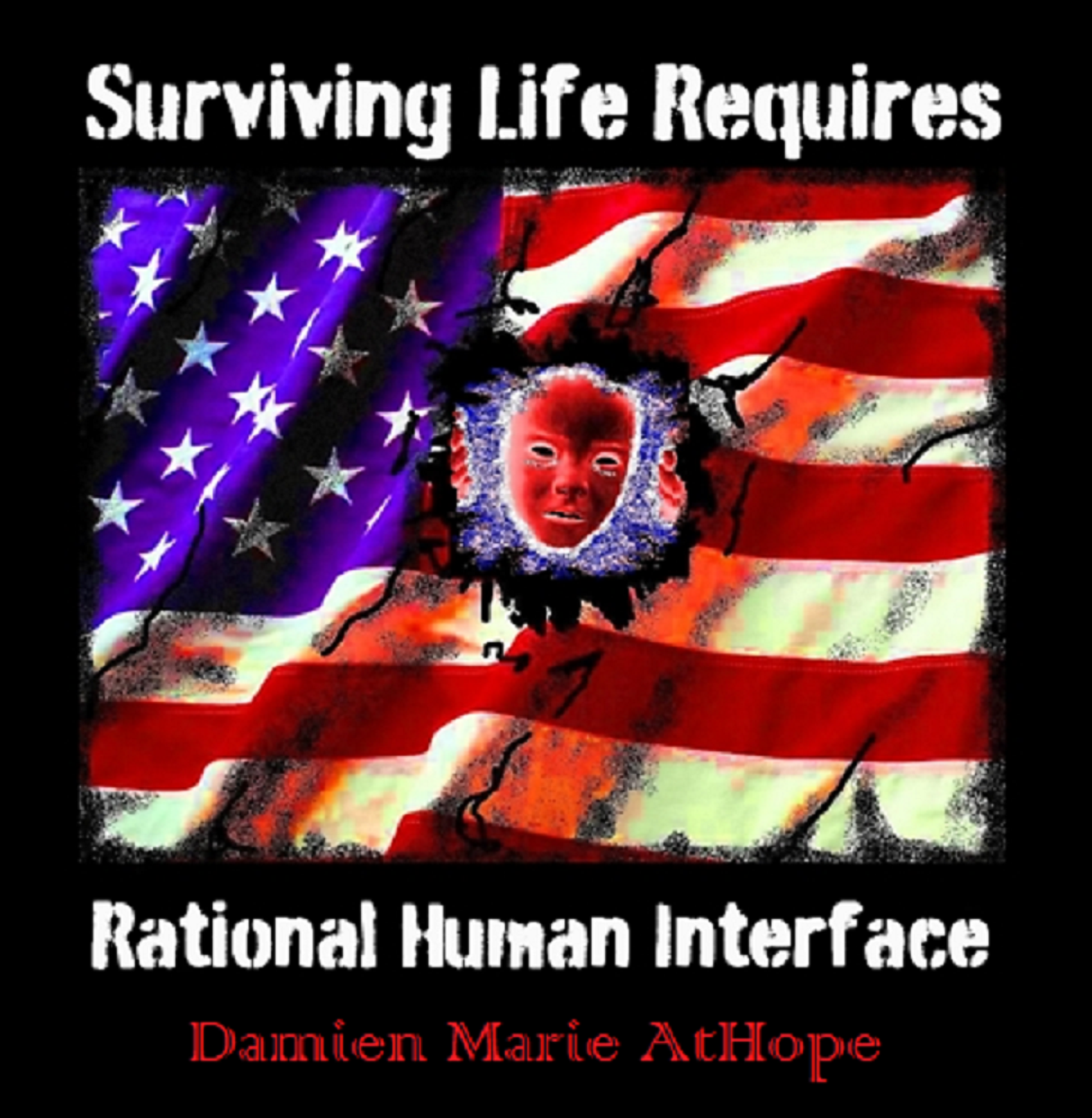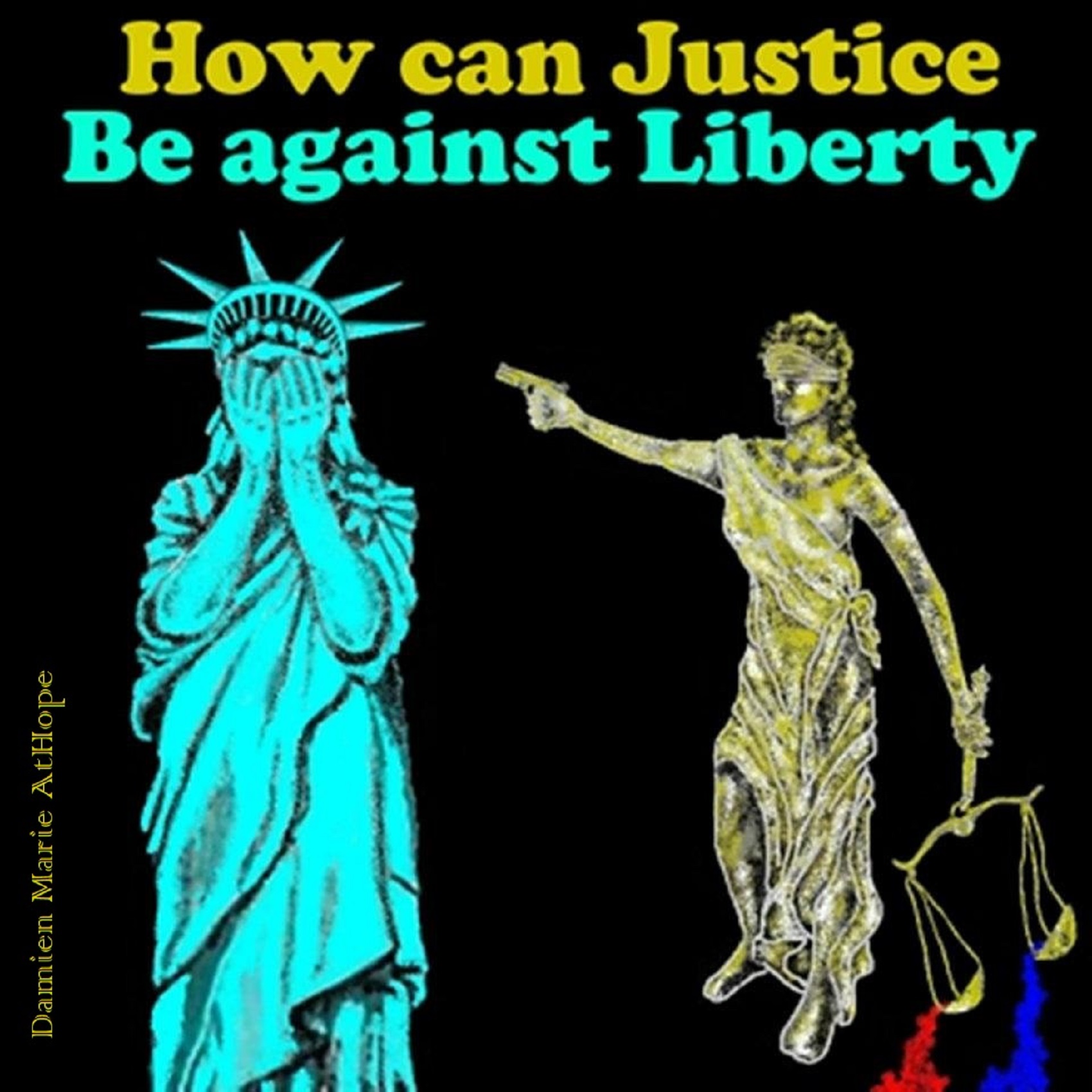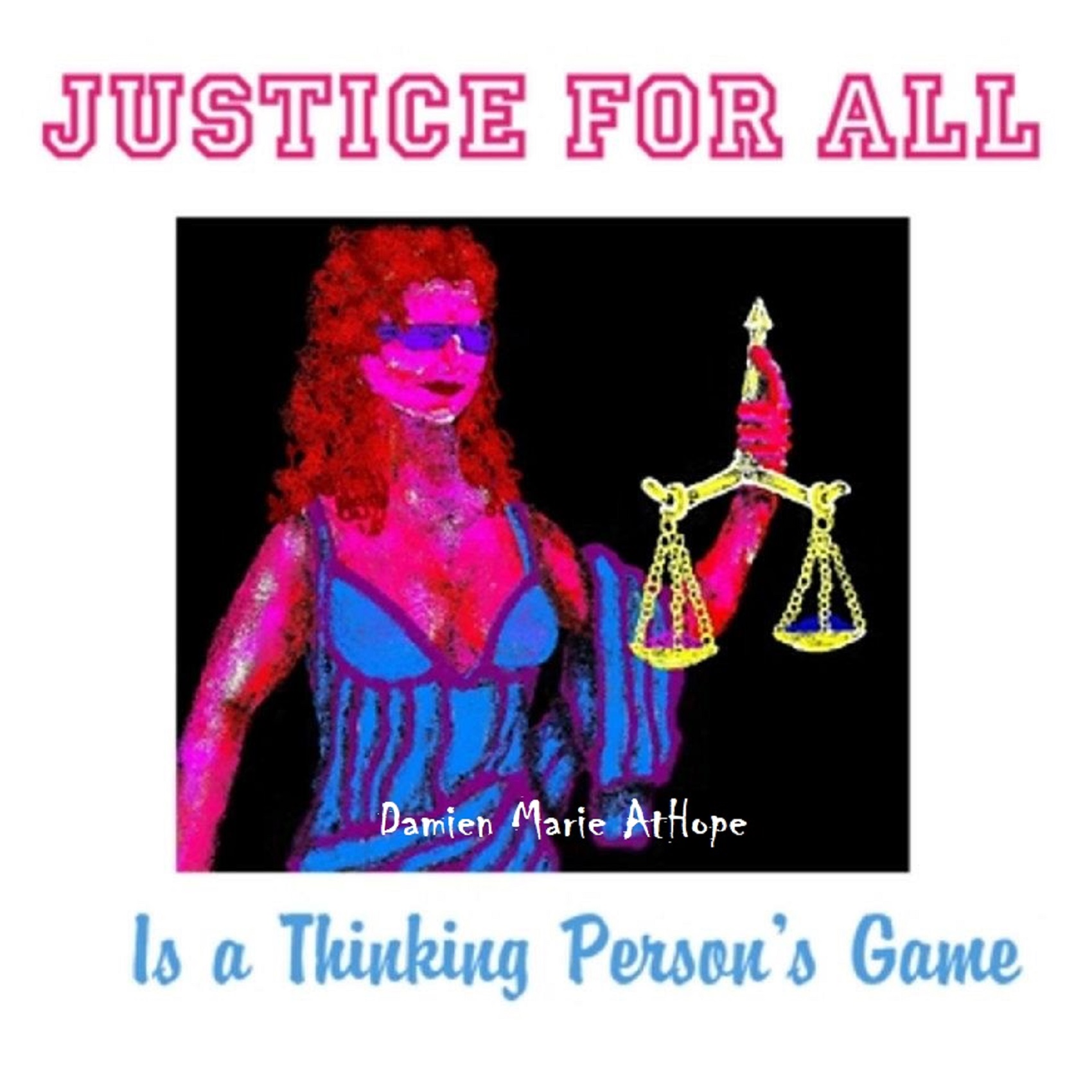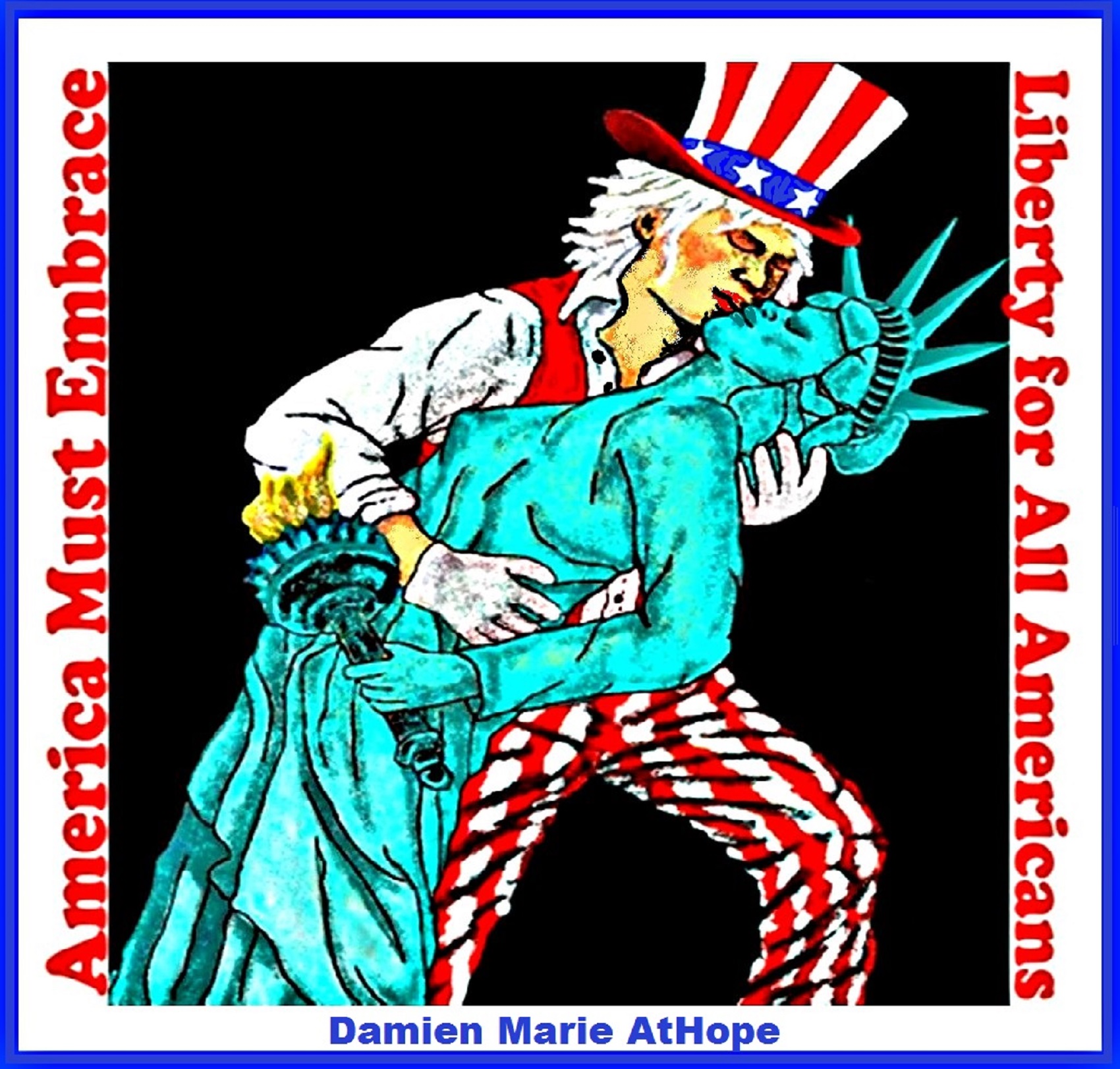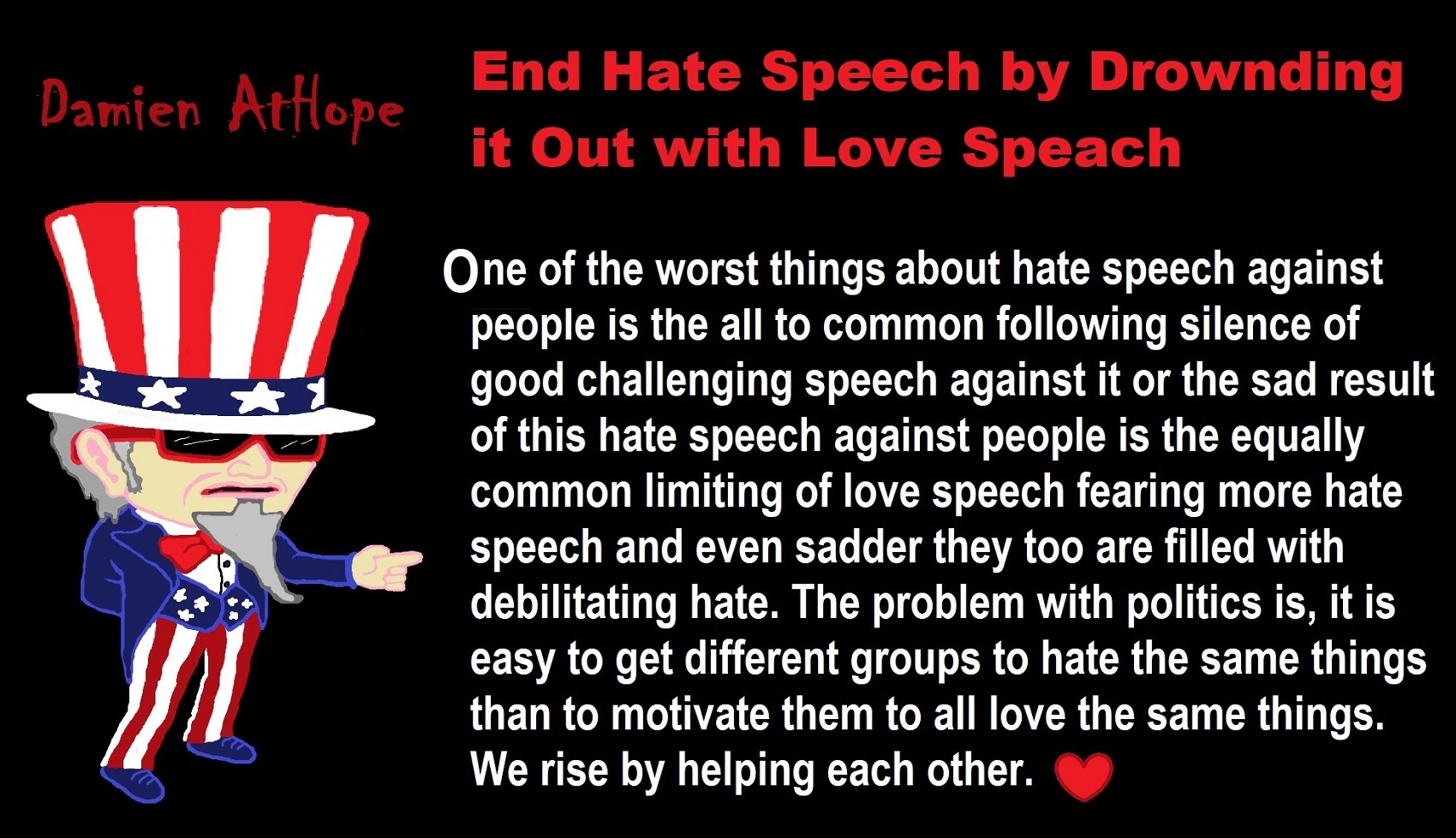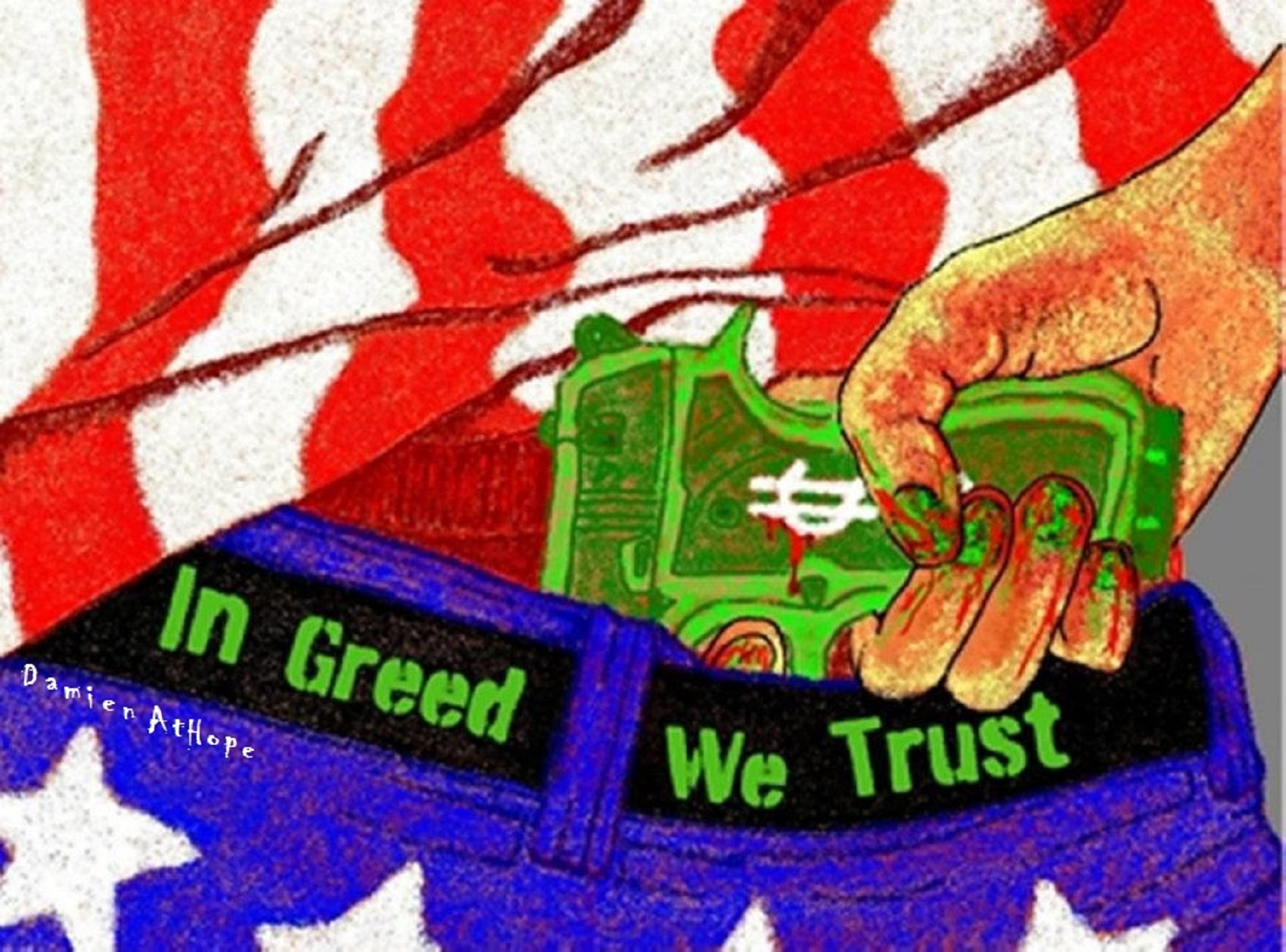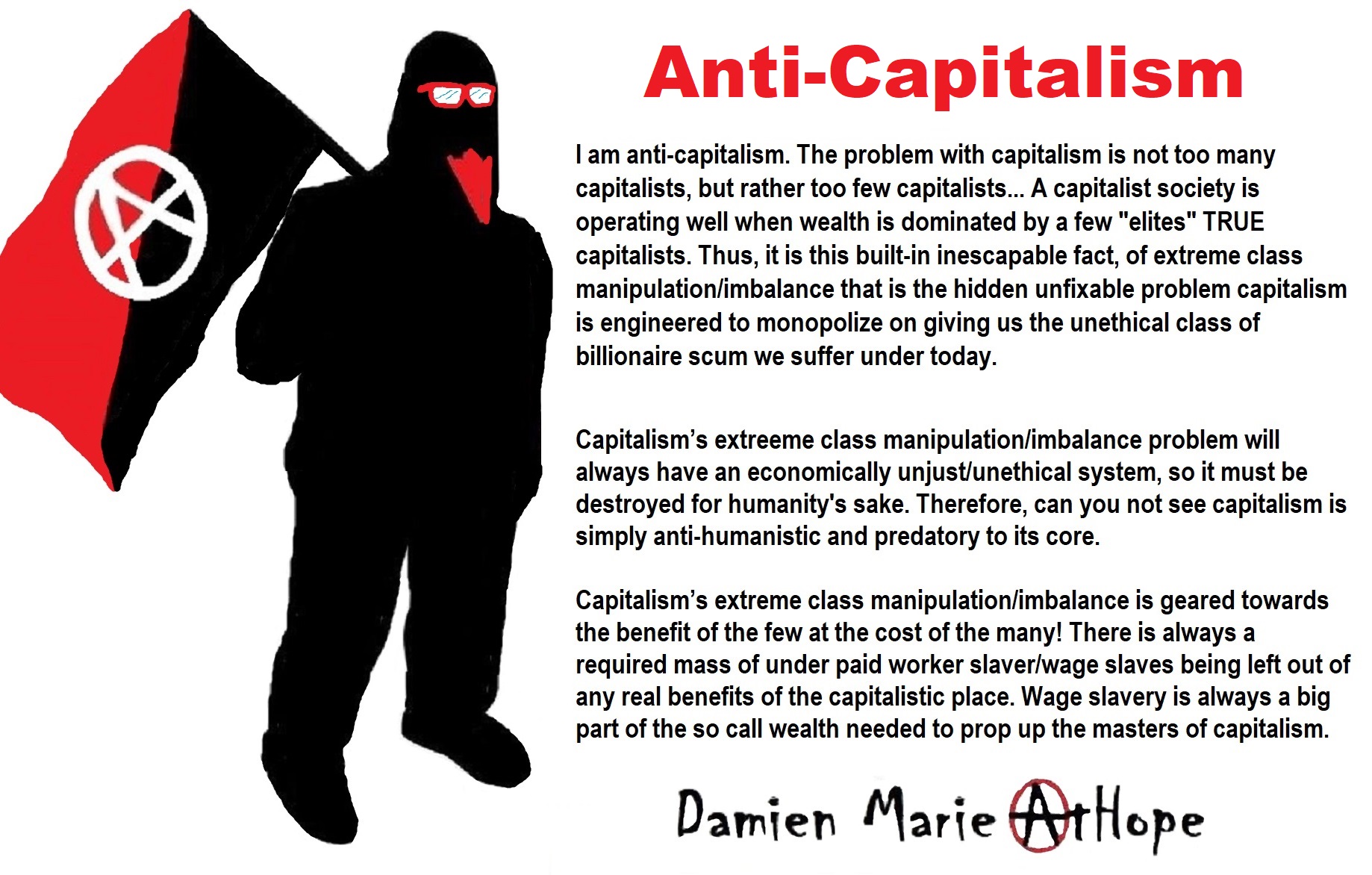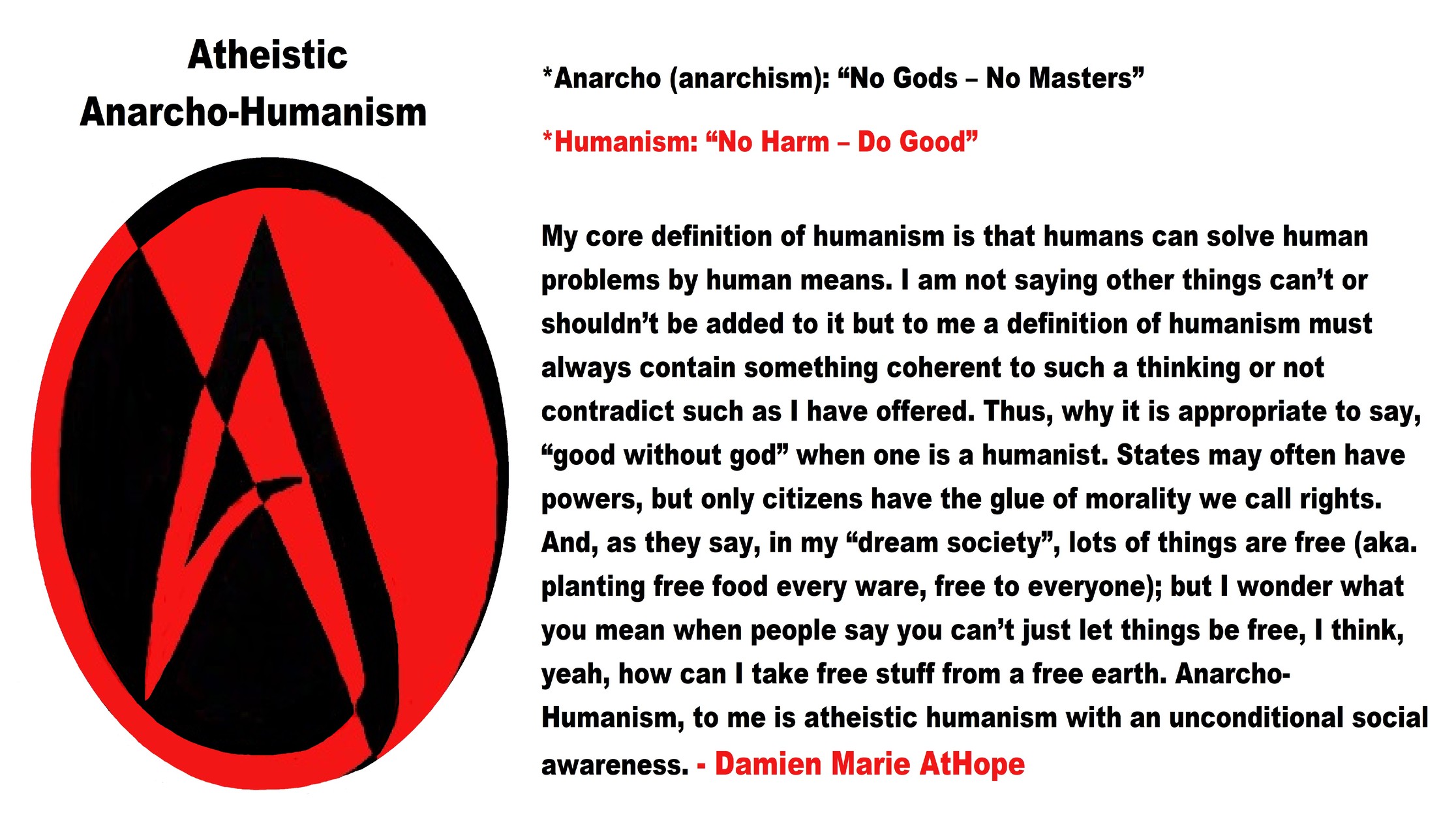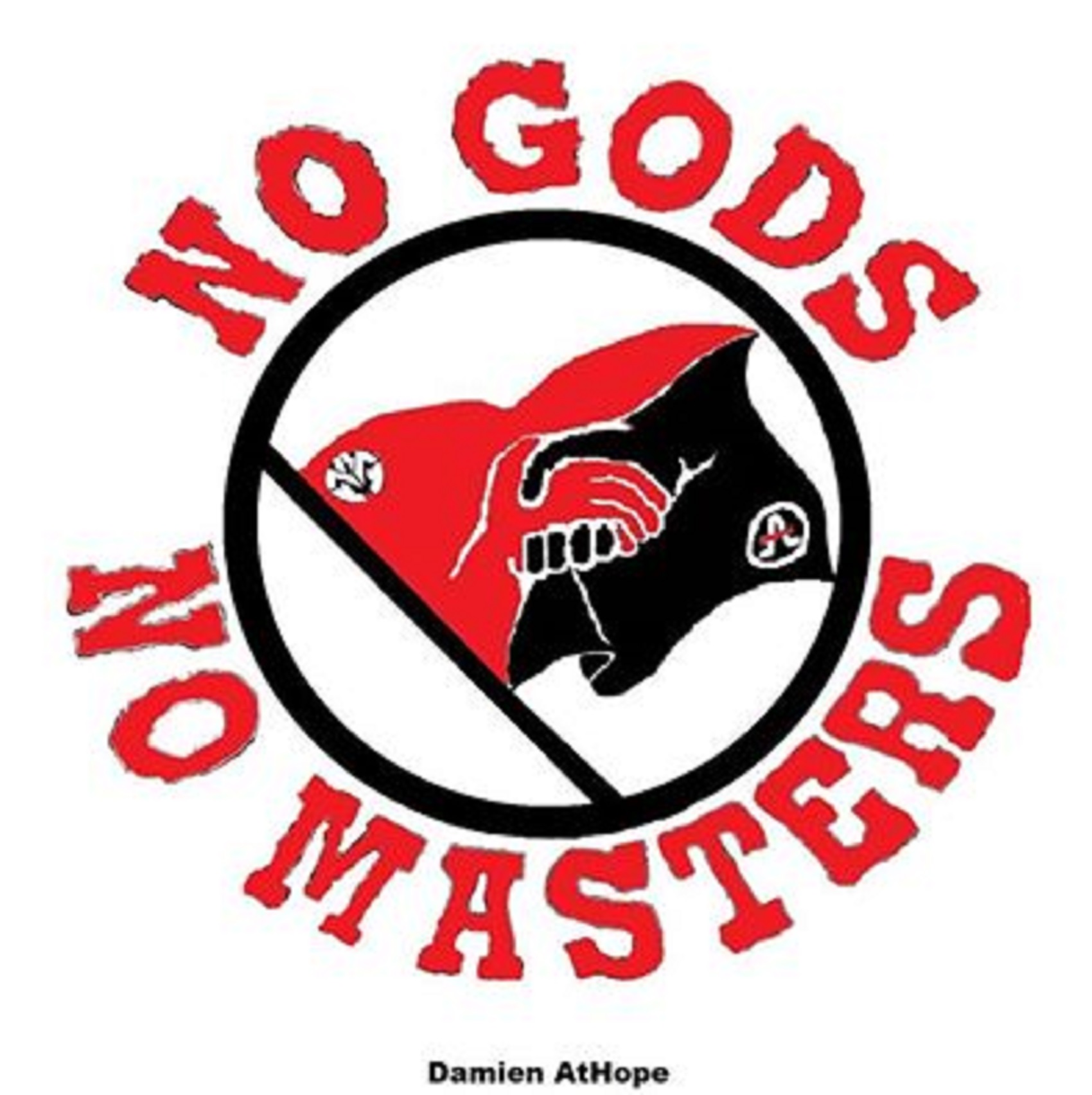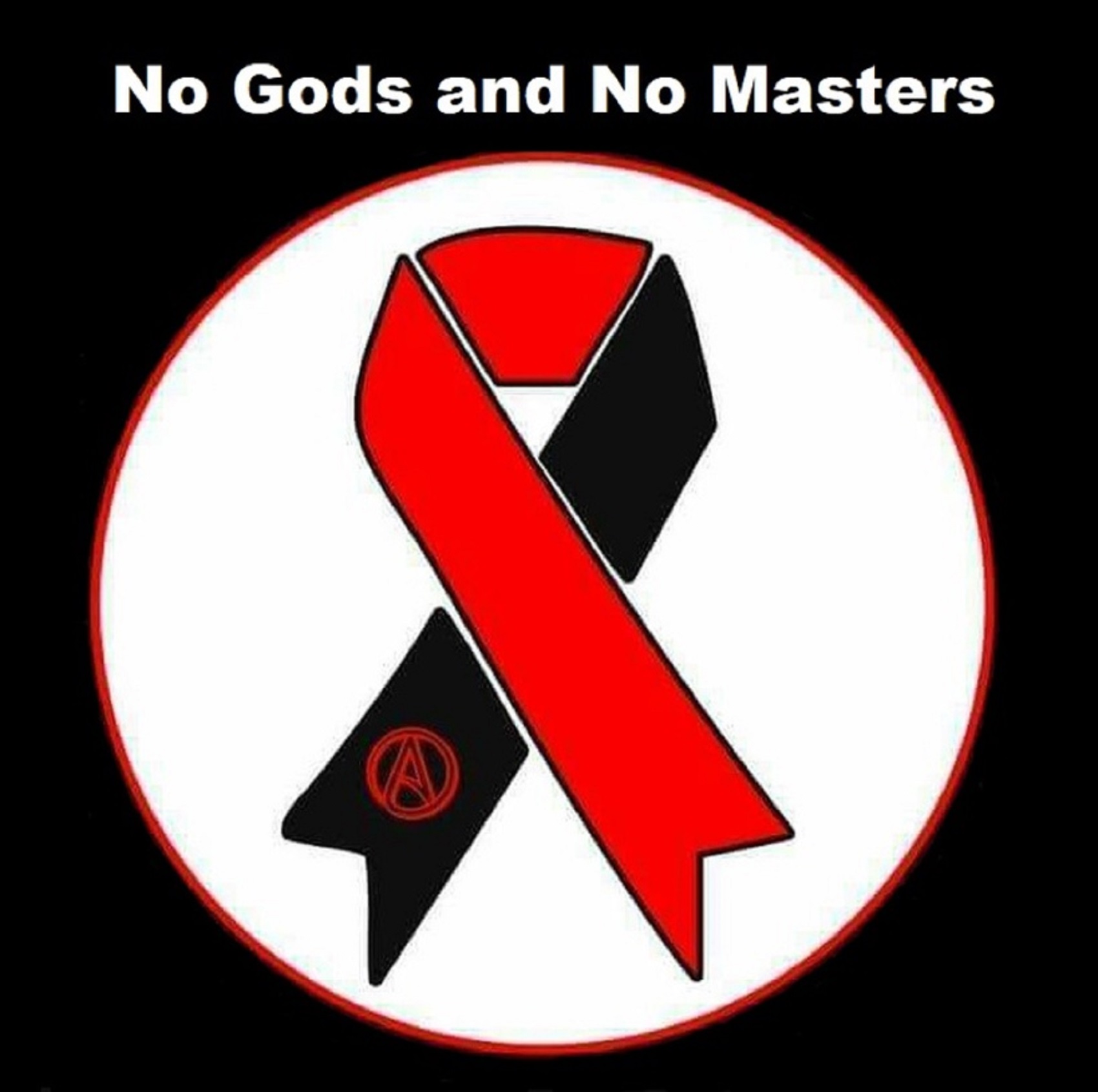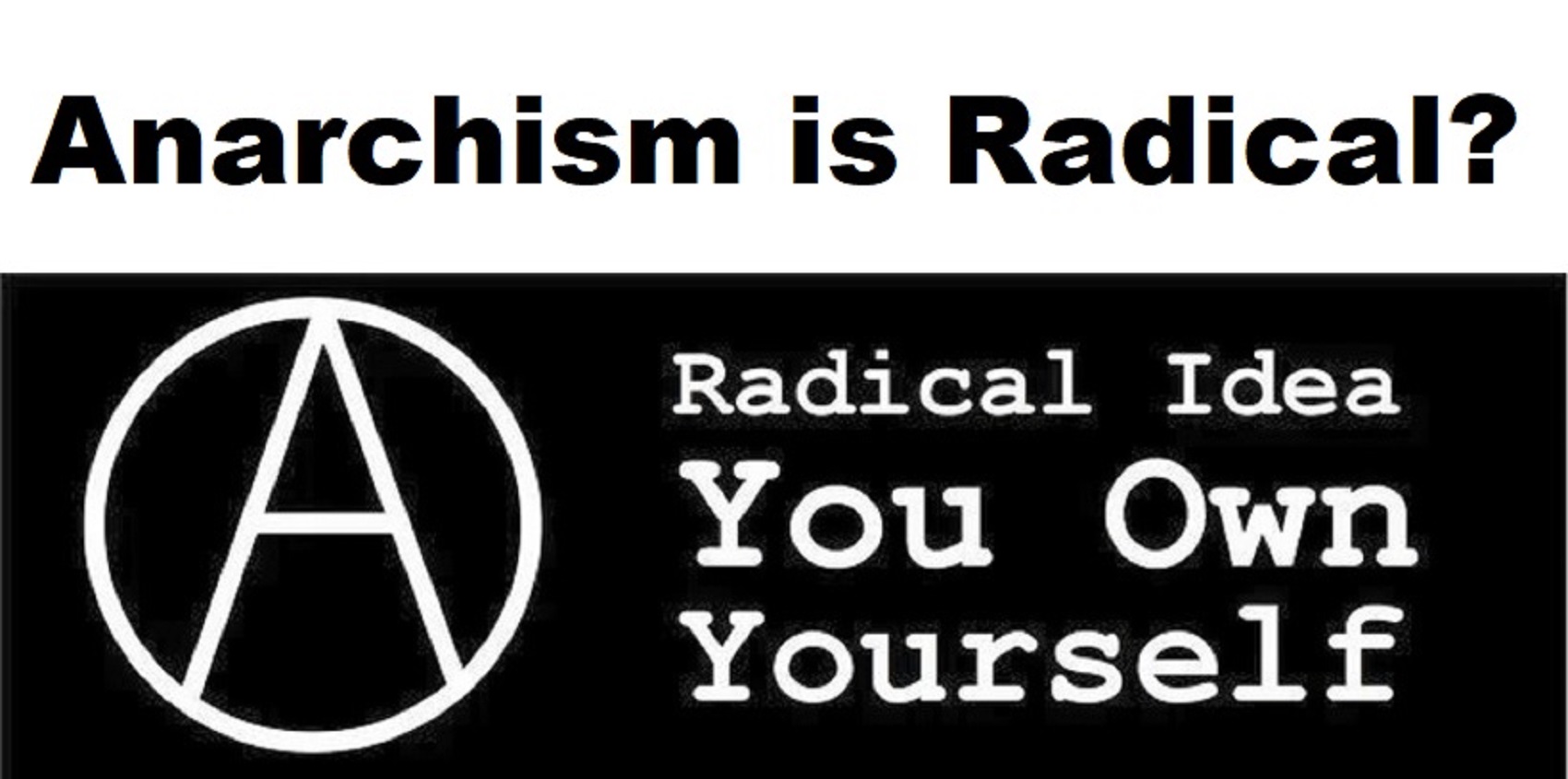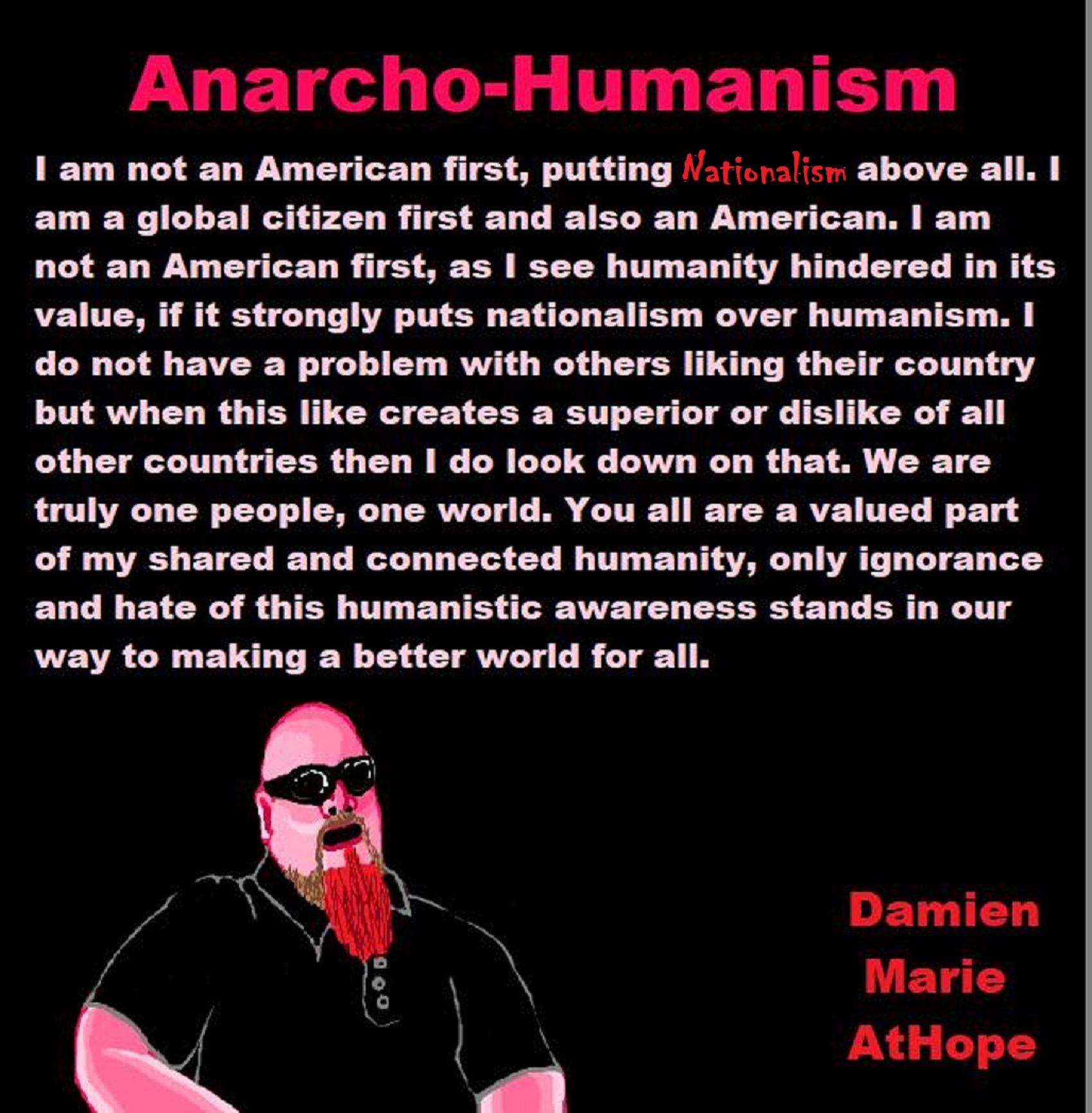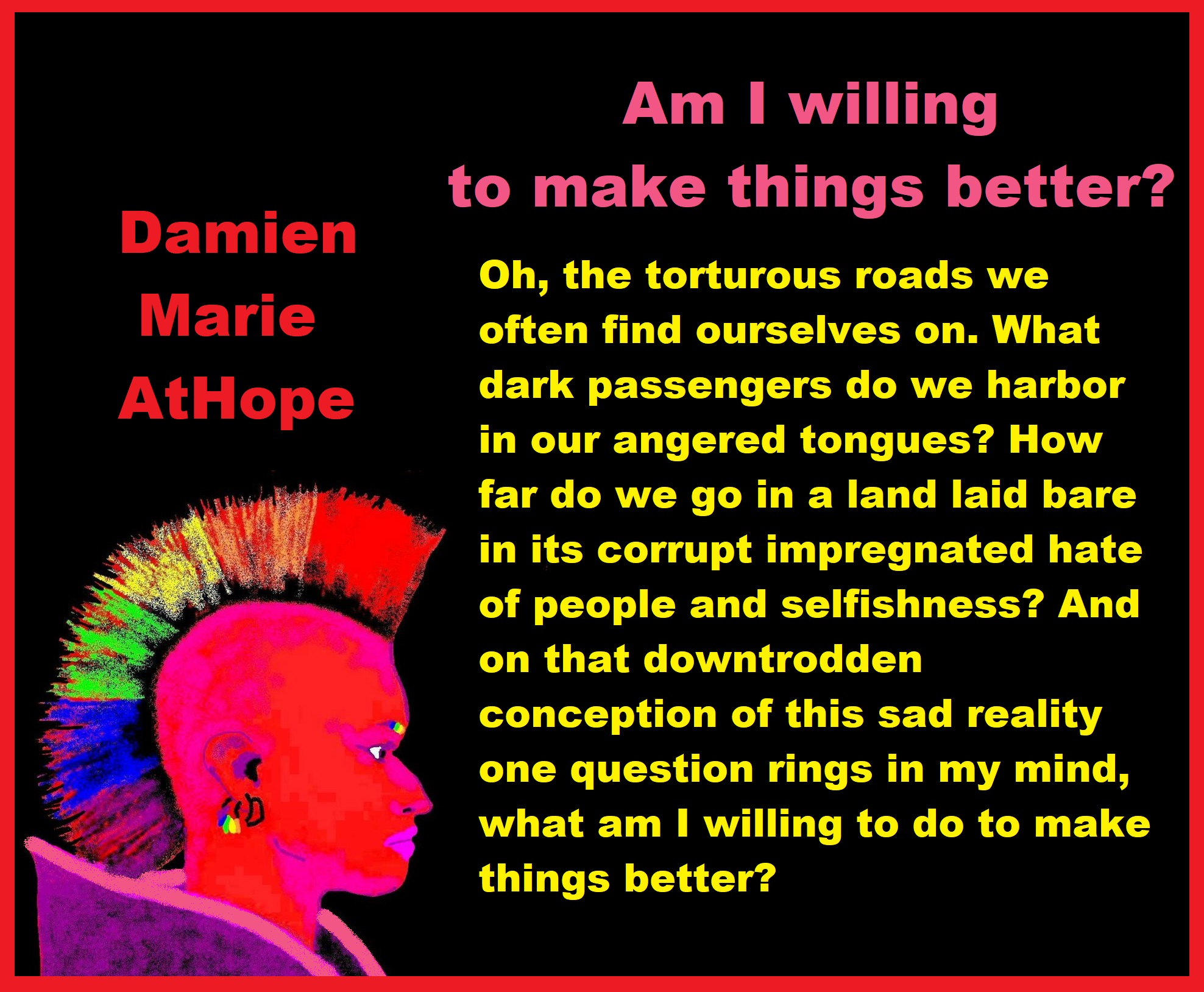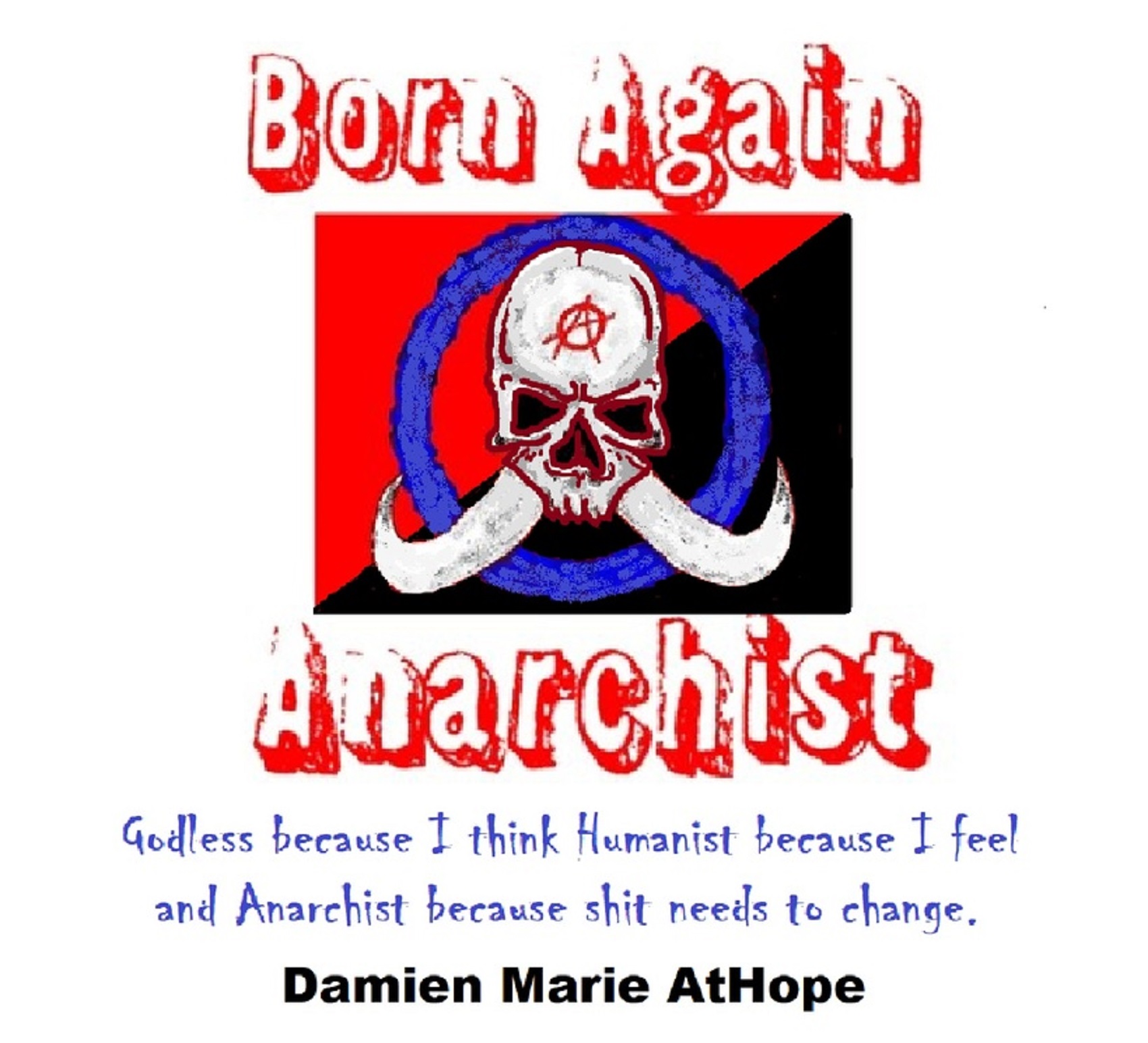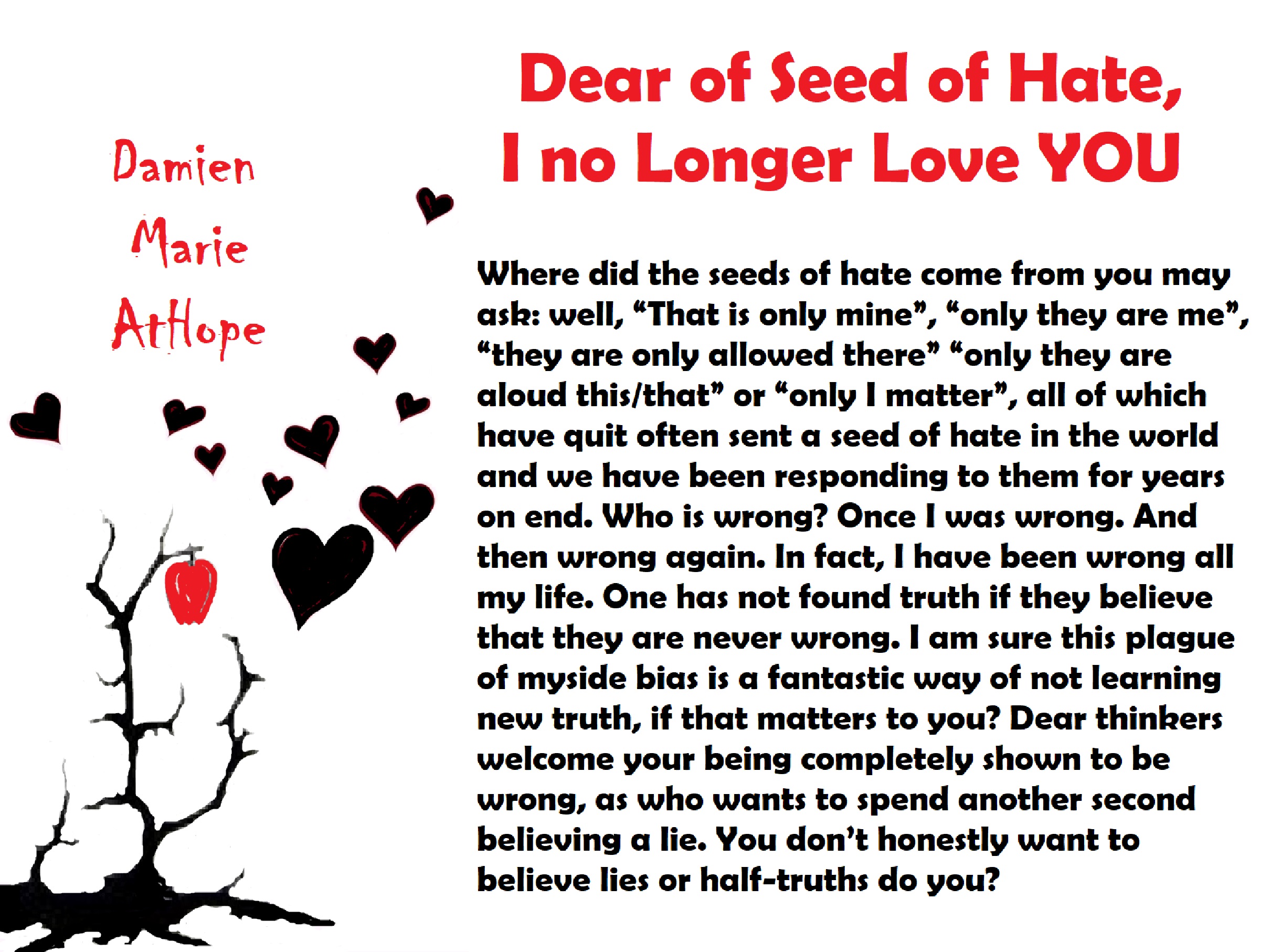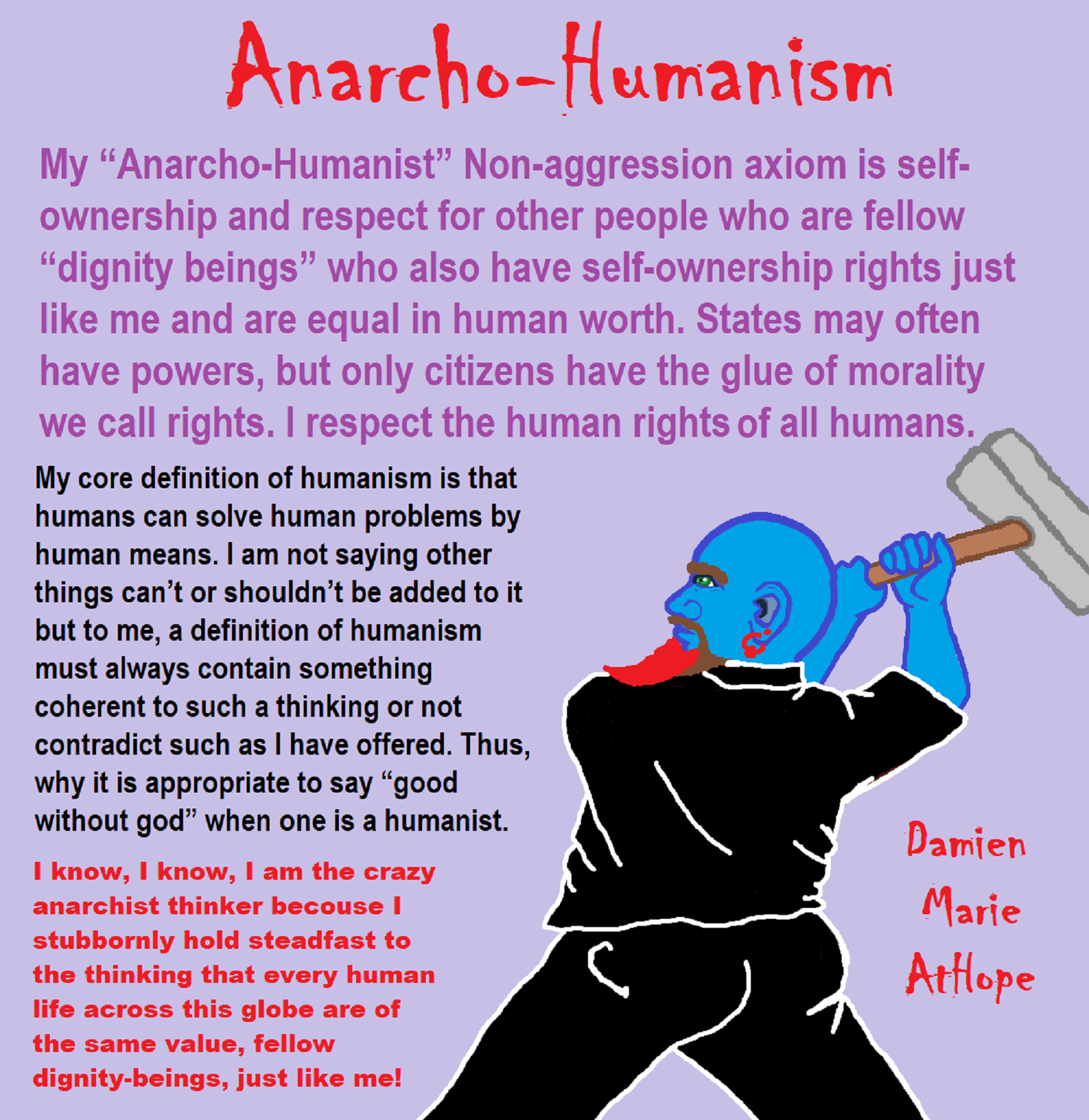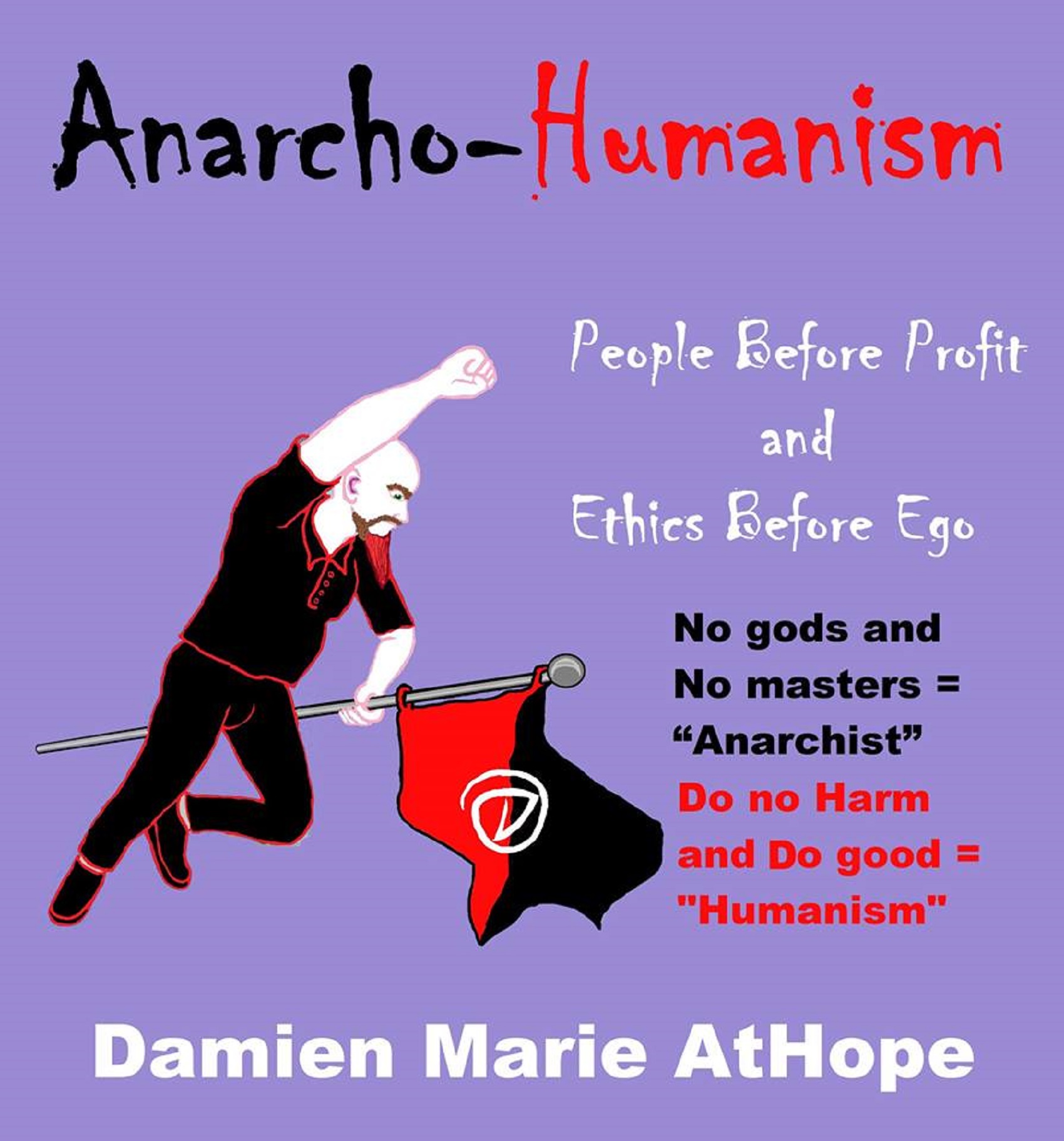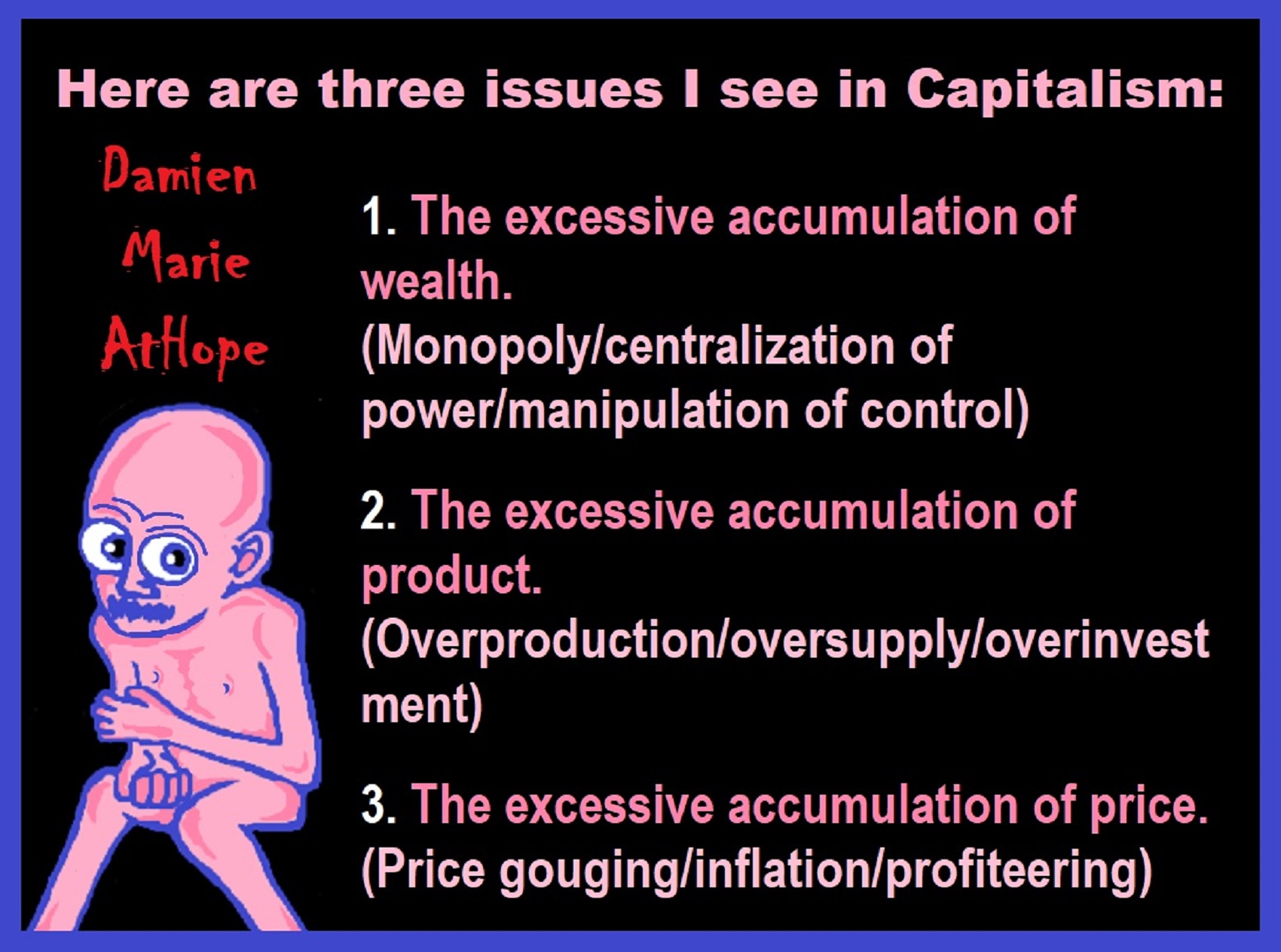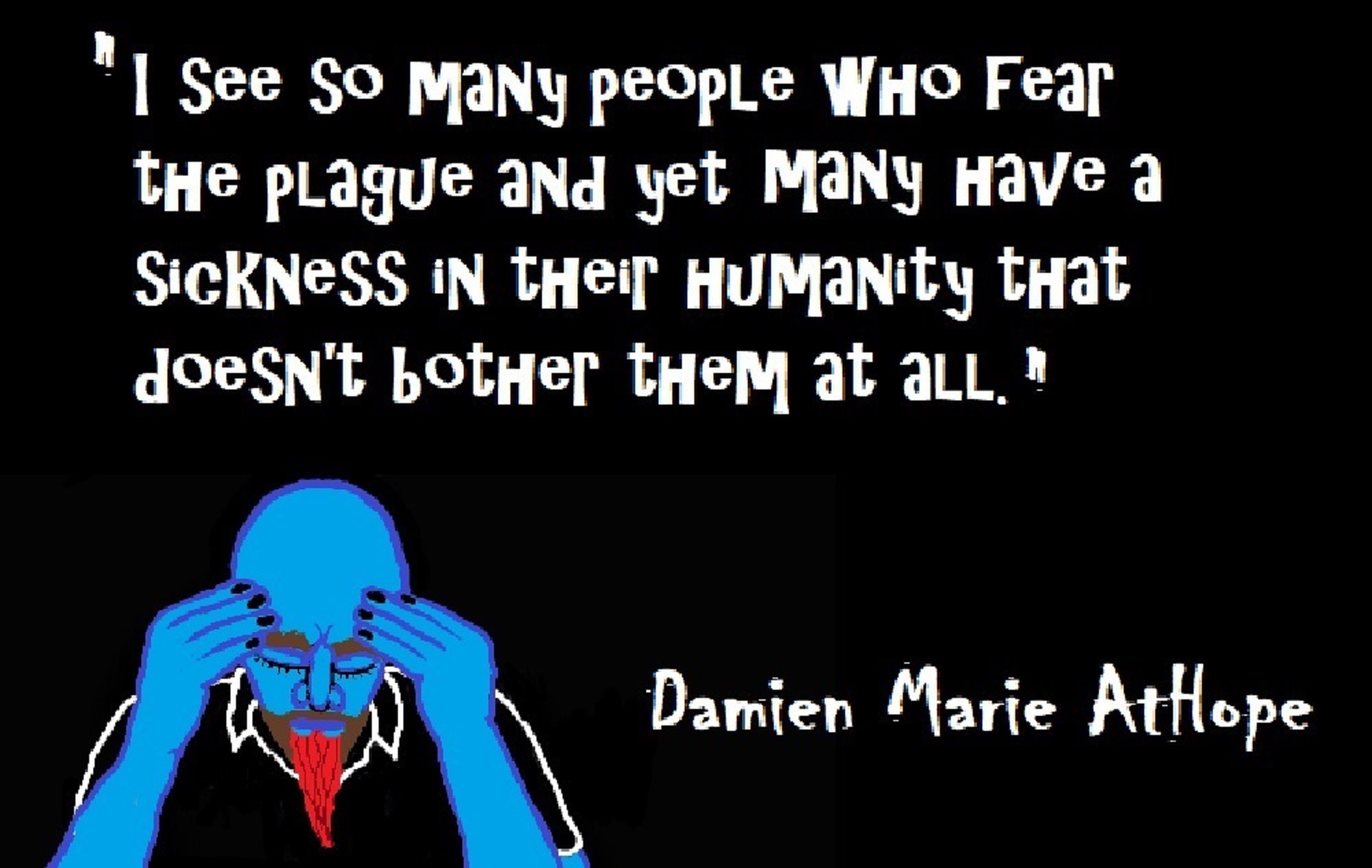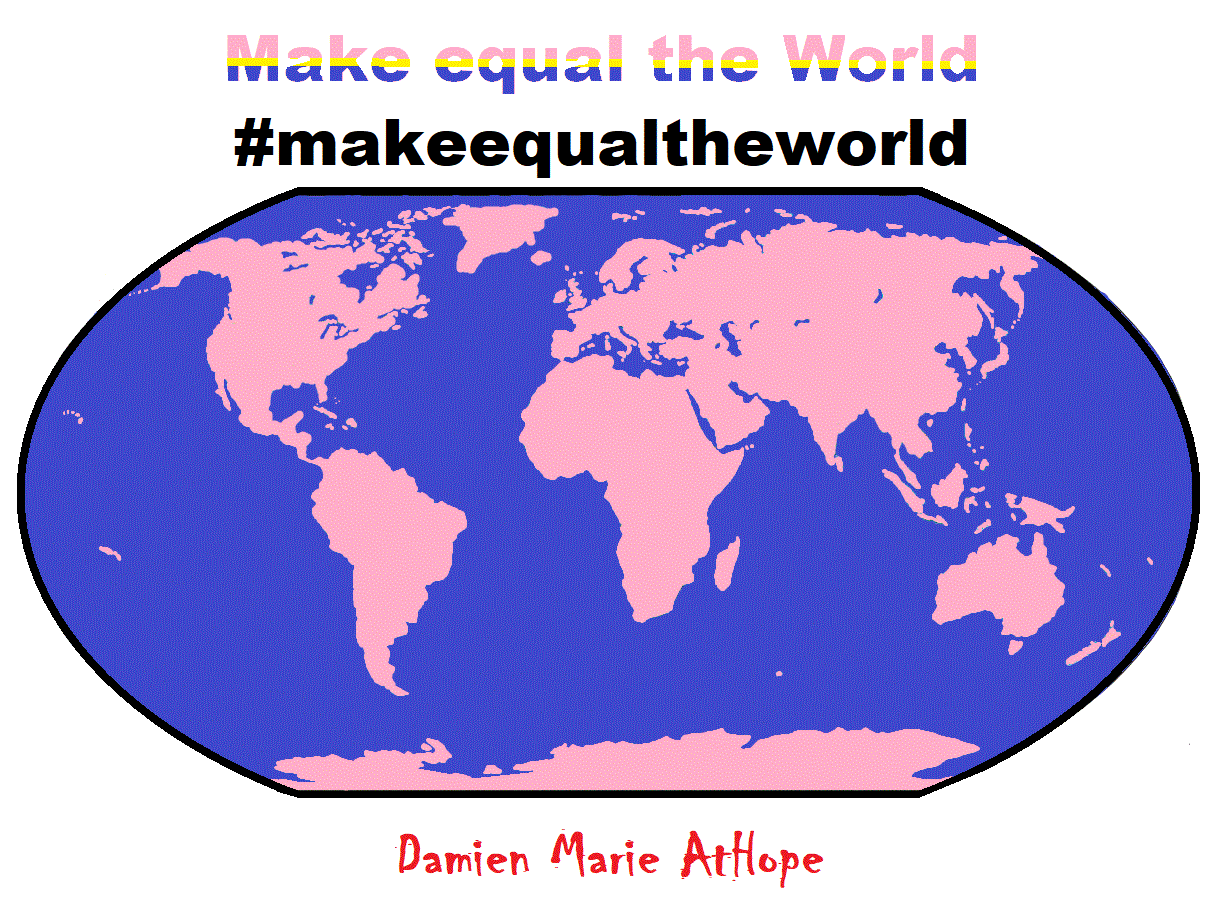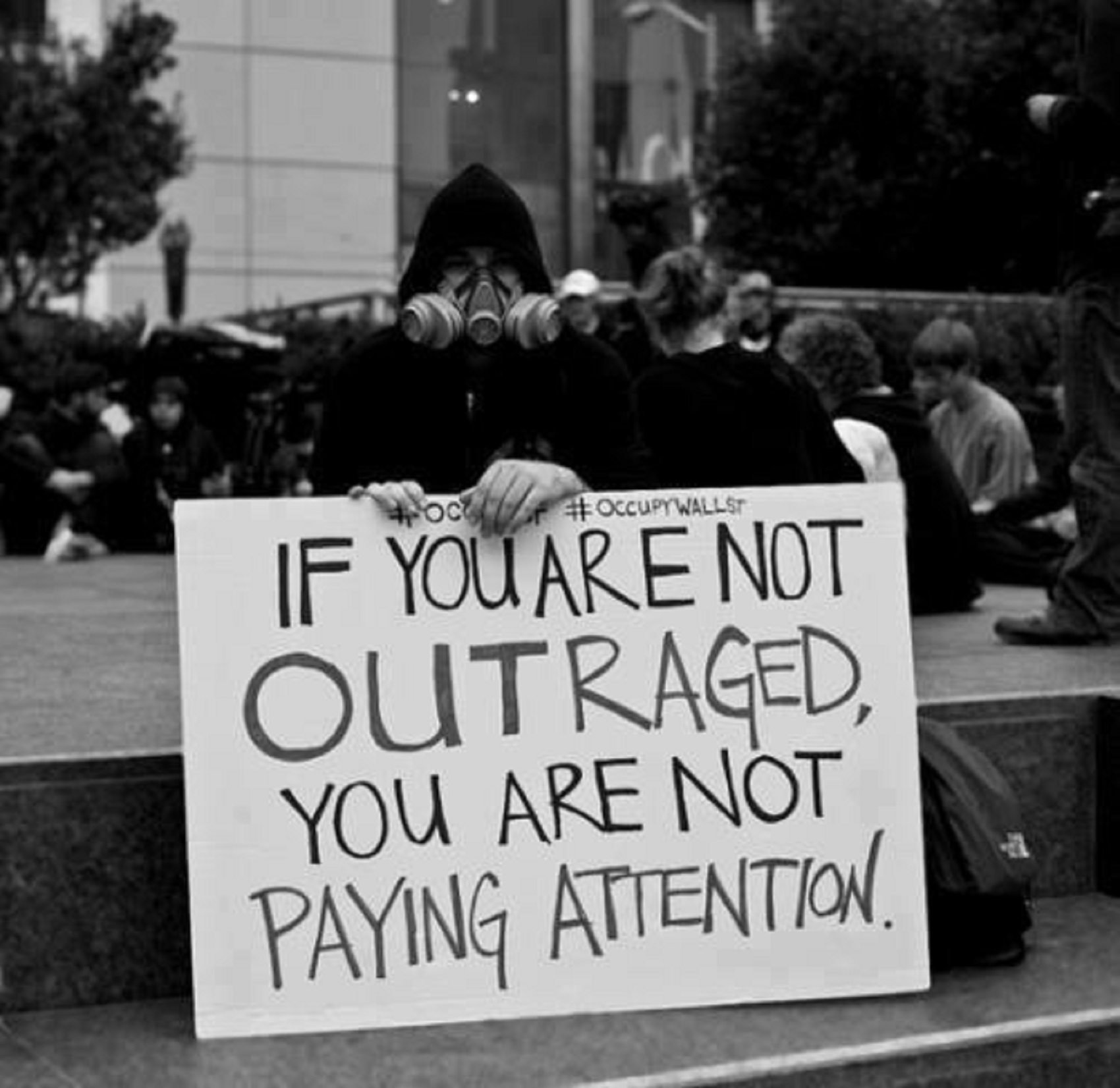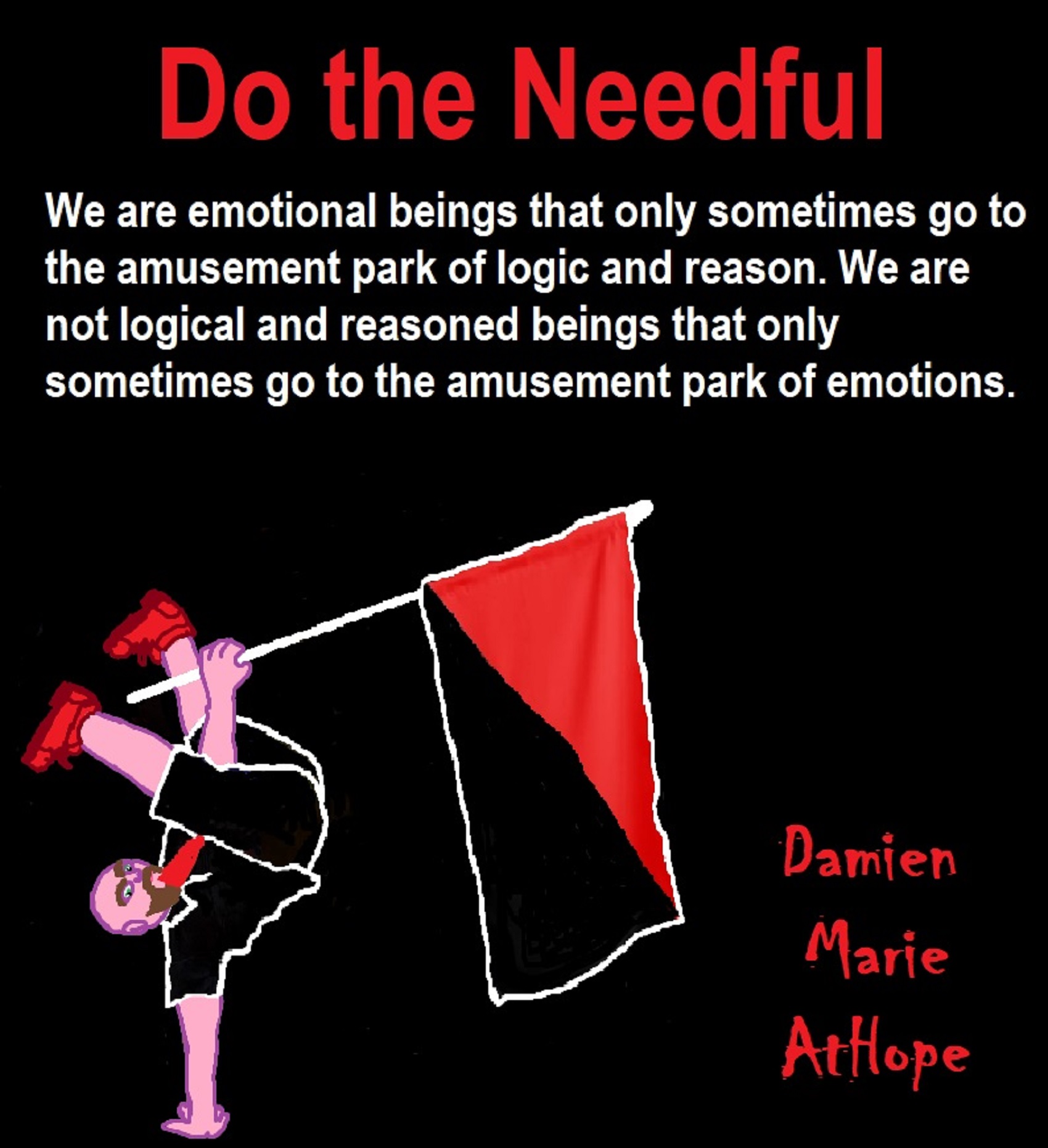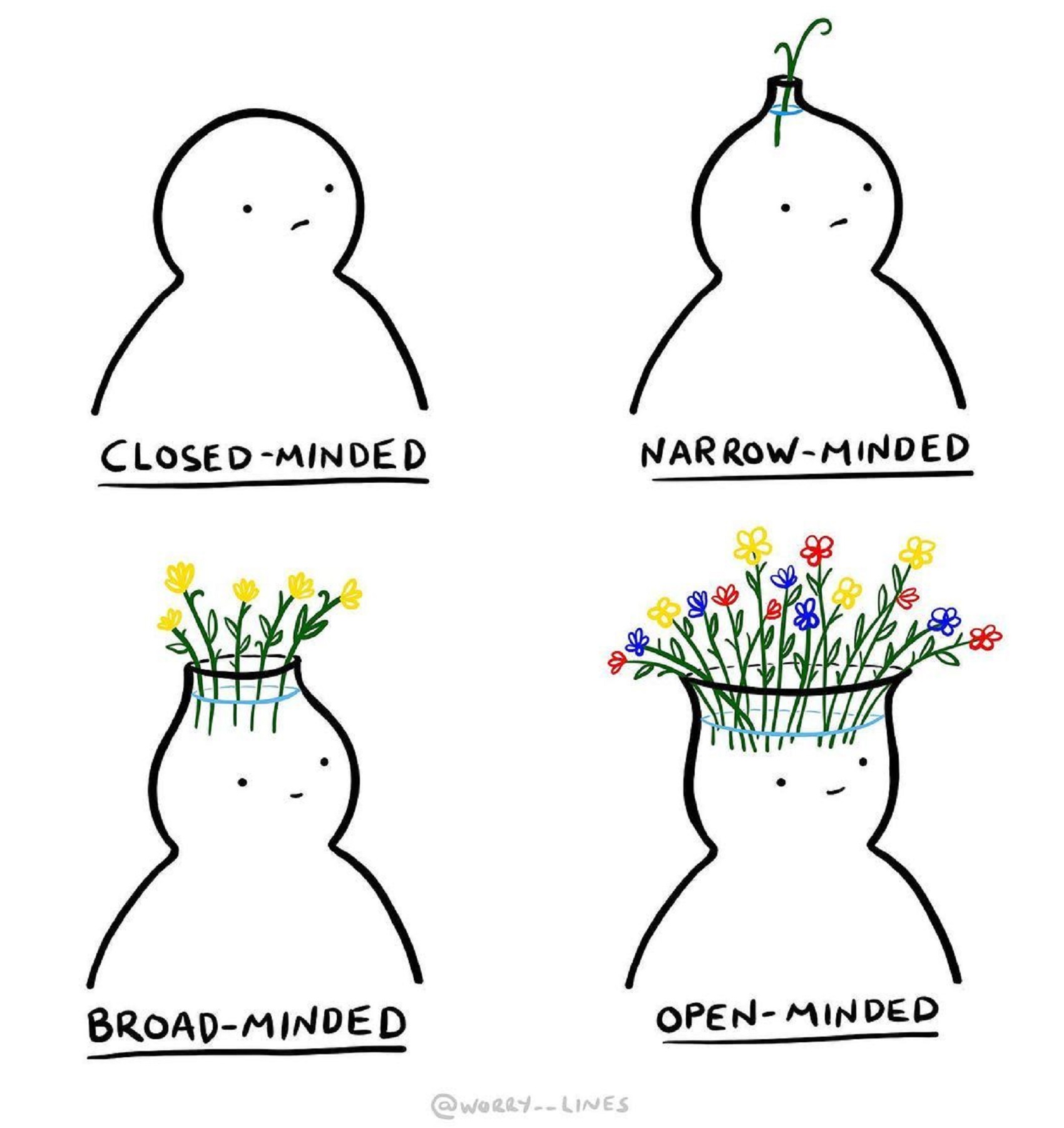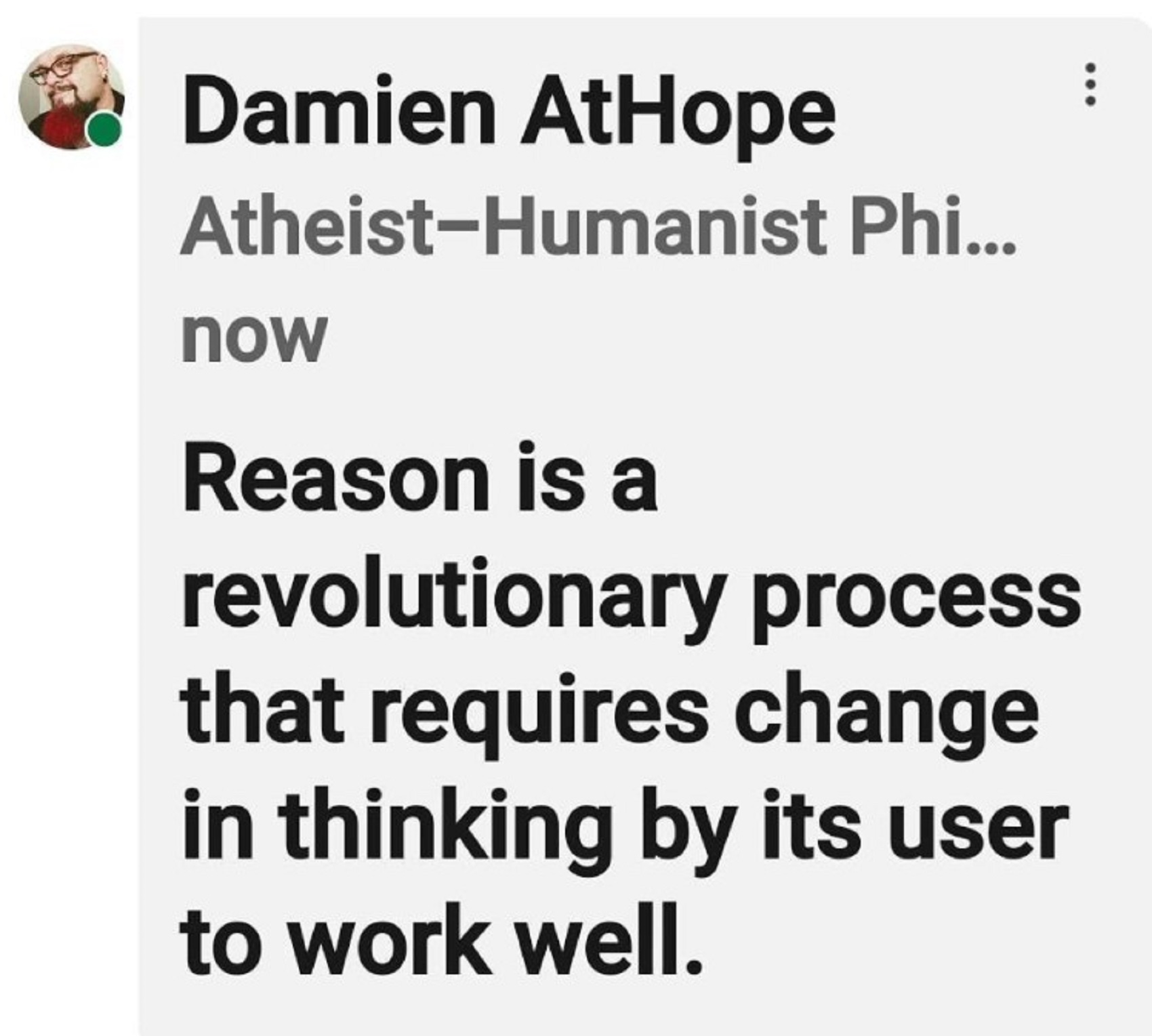
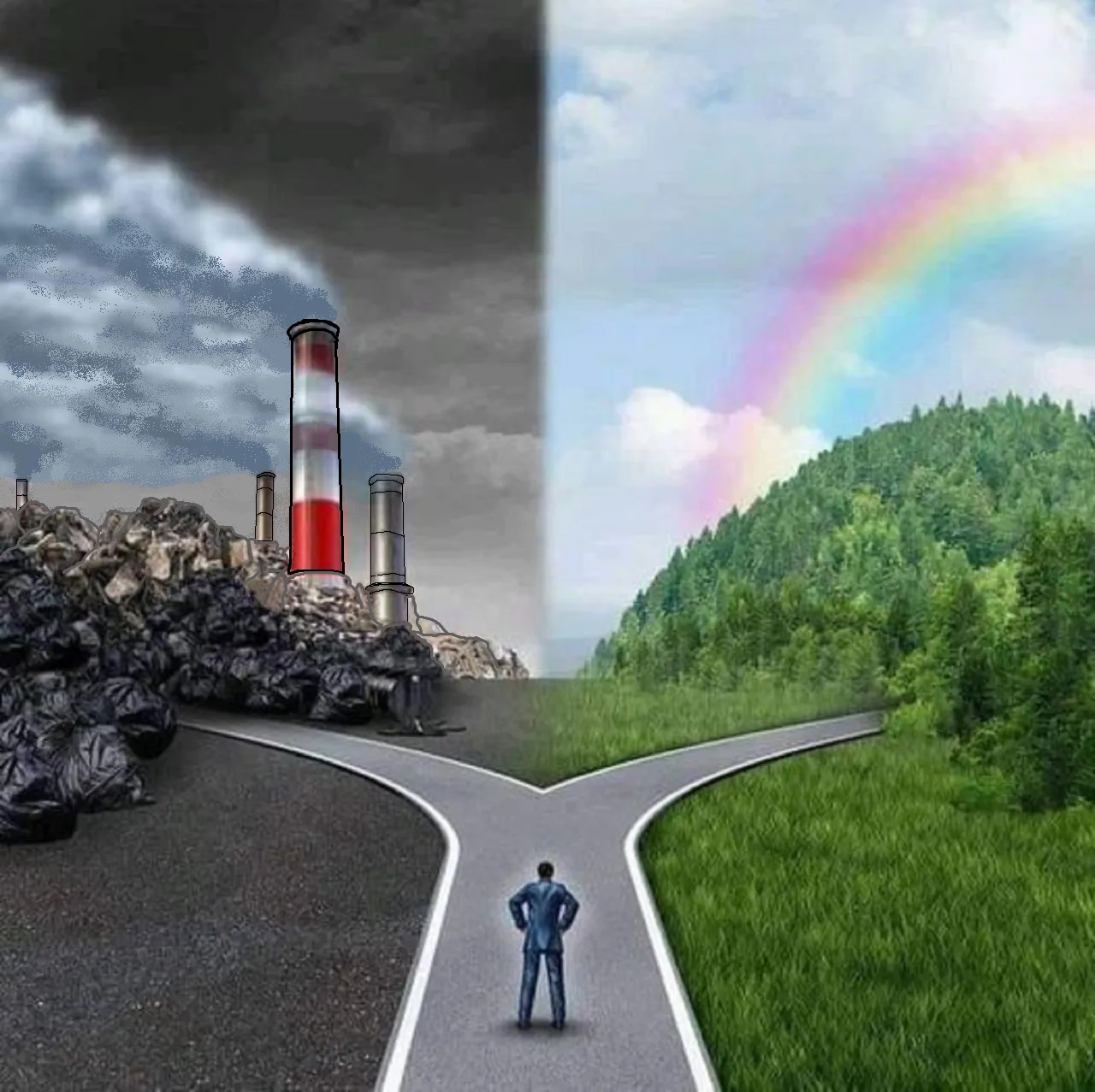


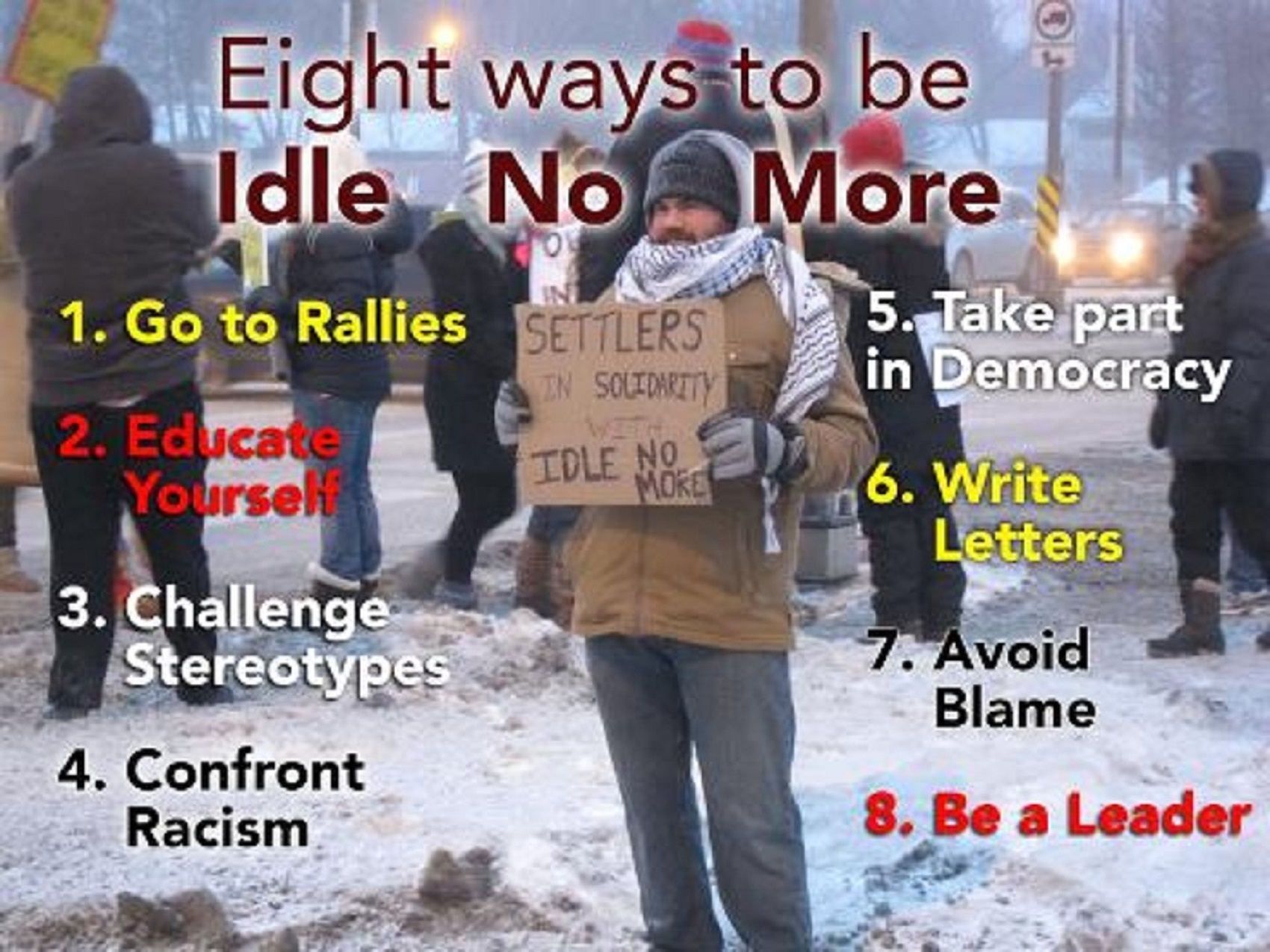
Climate change and other crimes of capitalism. A green anarchist future: VIDEO
Green Anarchism, Eco-Anarchism, and Anarcho-Naturism: VIDEO
Cory Johnston: the Anarchist Champion Tells it All: VIDEO
Revolutionary Communication: Humanity with Oneself, Friends, and Enemies: VIDEO
Witness a mental dynamite explosion, in the revolution that is Damien Marie AtHope: VIDEO
Discussing Beliefs, Bias, History, and Humanism: VIDEO
Atheist Anarchists Discussion: VIDEO
Addressing Atheism, Anti-religionism, Politics & Society: VIDEO

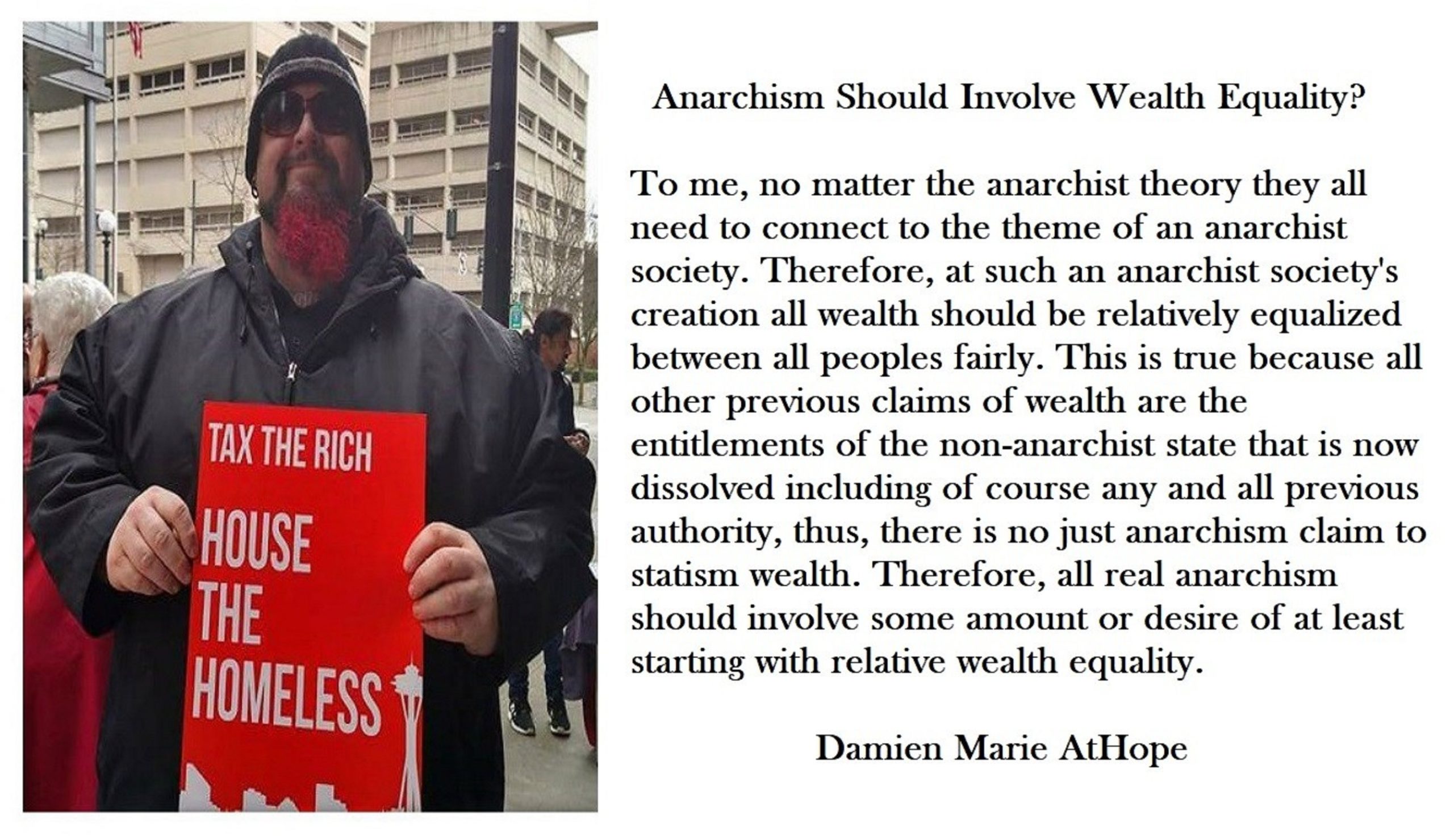


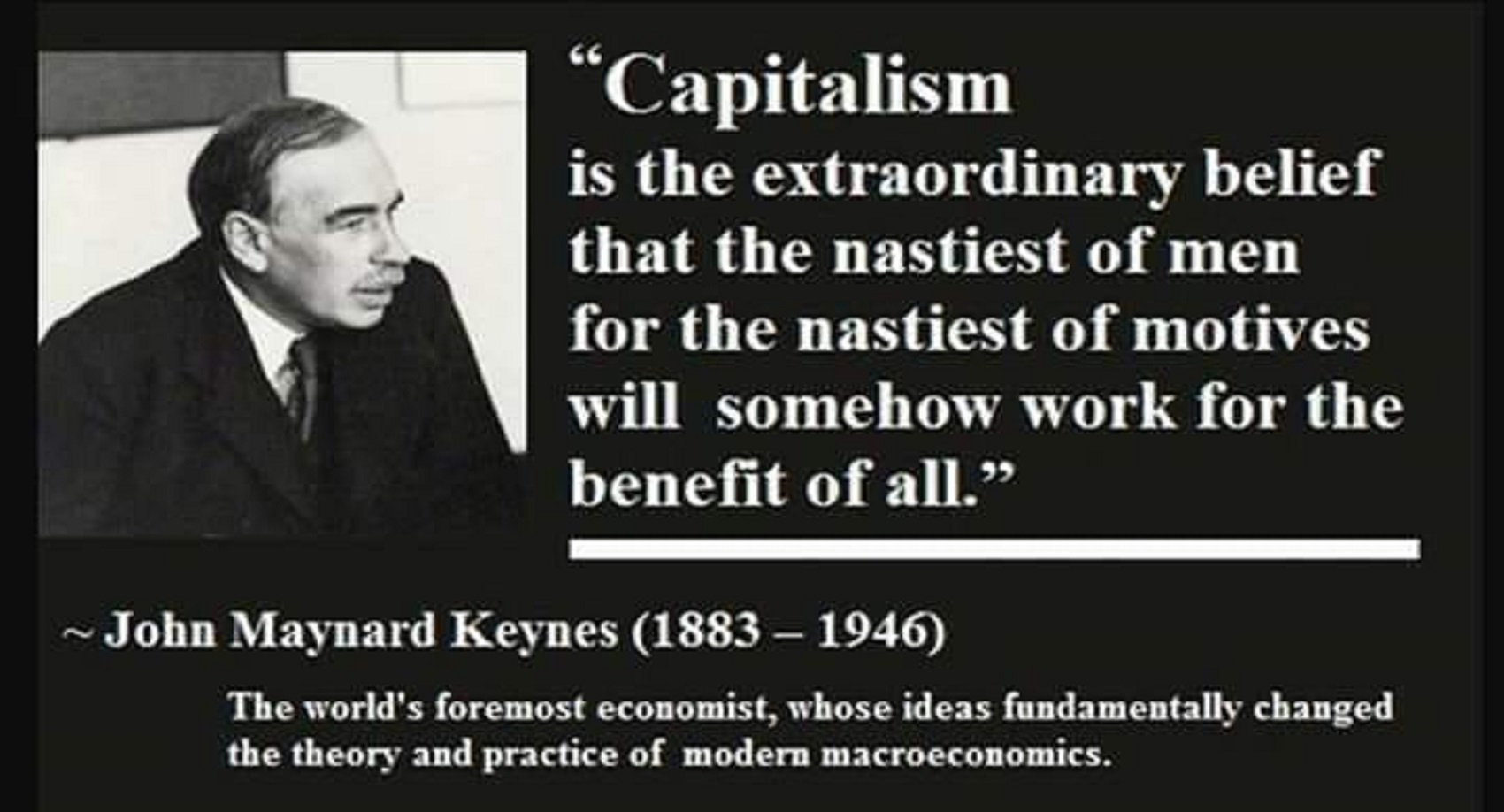
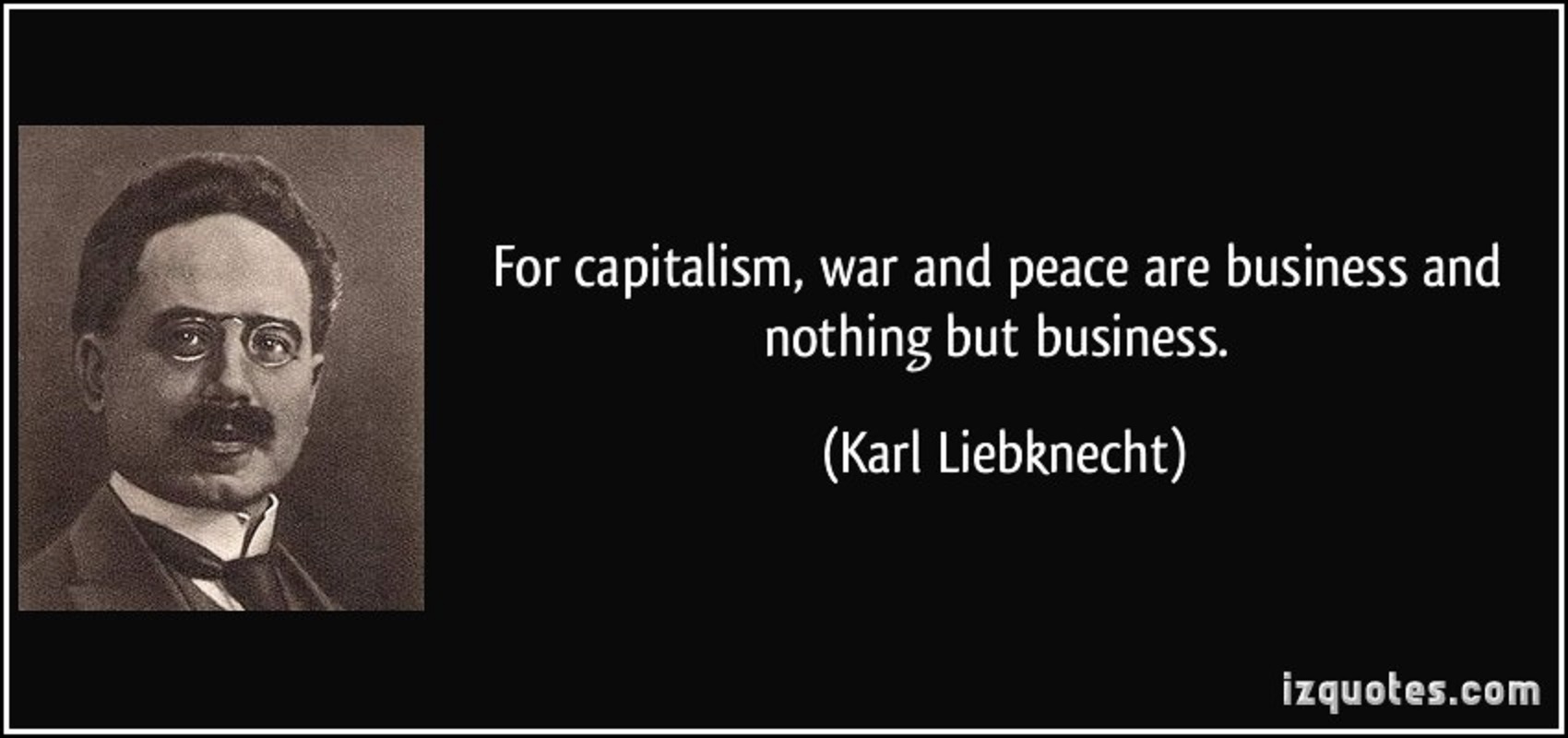


Cory Johnston: https://damienmarieathope.com/2021/04/cory-johnston-mind-of-a-skeptical-leftist
Cory Johnston: Mind of a Skeptical Leftist @Skepticalcory
The Mind of a Skeptical Leftist By Cory Johnston: “Promoting critical thinking, social justice, and left-wing politics by covering current events and talking to a variety of people. Cory Johnston has been thoughtfully talking to people and attempting to promote critical thinking, social justice, and left-wing politics.”
He needs our support. We rise by helping each other.
Damien Marie AtHope (“At Hope”) Axiological Atheist, Anti-theist, Anti-religionist, Secular Humanist. Rationalist, Writer, Artist, Poet, Philosopher, Advocate, Activist, Psychology, and Armchair Archaeology/Anthropology/Historian.
Damien is interested in: Freedom, Liberty, Justice, Equality, Ethics, Humanism, Science, Atheism, Antiteism, Antireligionism, Ignosticism, Left-Libertarianism, Anarchism, Socialism, Mutualism, Axiology, Metaphysics, LGBTQI, Philosophy, Advocacy, Activism, Mental Health, Psychology, Archaeology, Social Work, Sexual Rights, Marriage Rights, Woman’s Rights, Gender Rights, Child Rights, Secular Rights, Race Equality, Ageism/Disability Equality, Etc. And a far-leftist, “Anarcho-Humanist.”
My webpage: https://damienmarieathope.com/
My blog: https://damienmarieathope.com/blog/
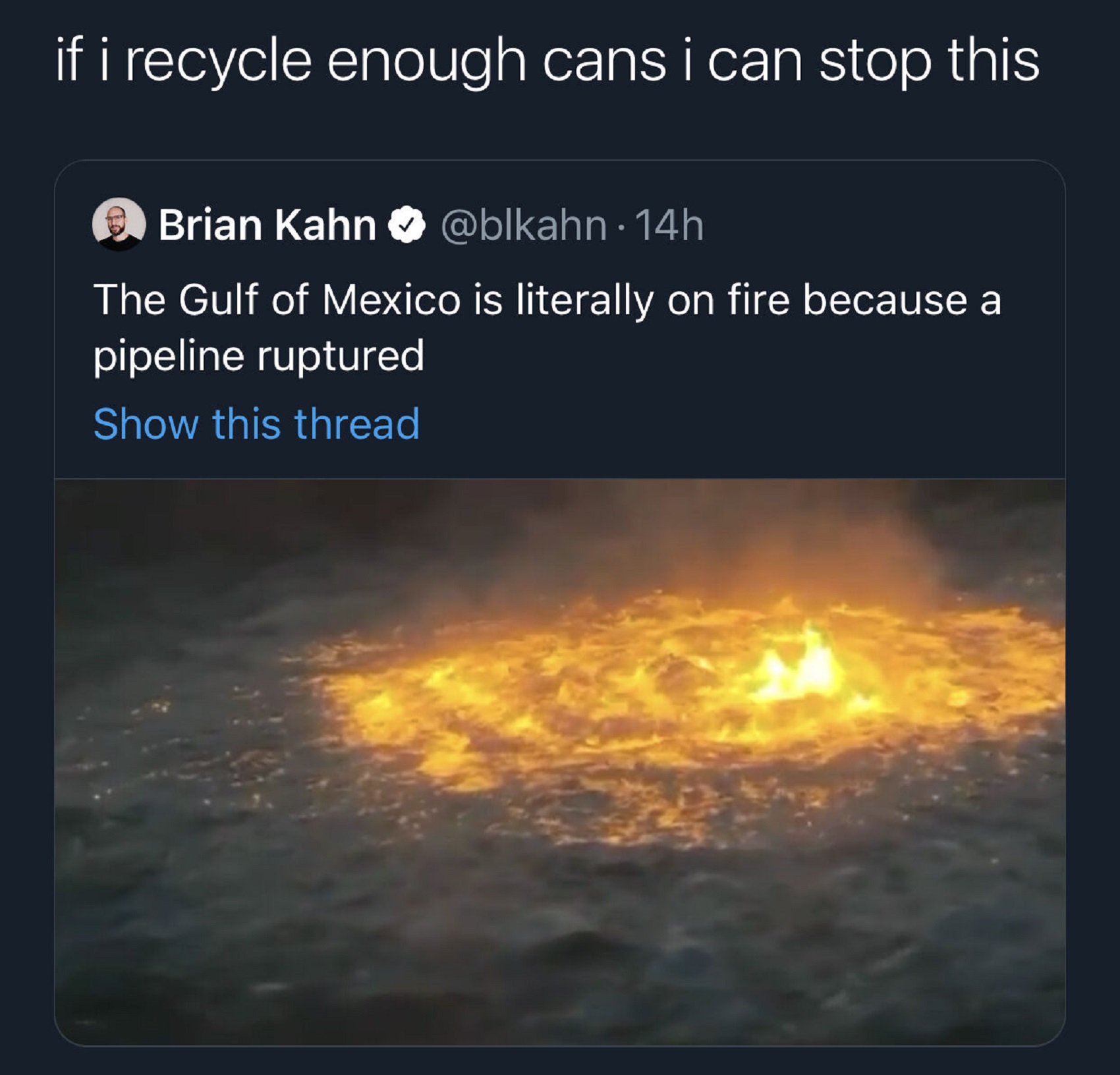
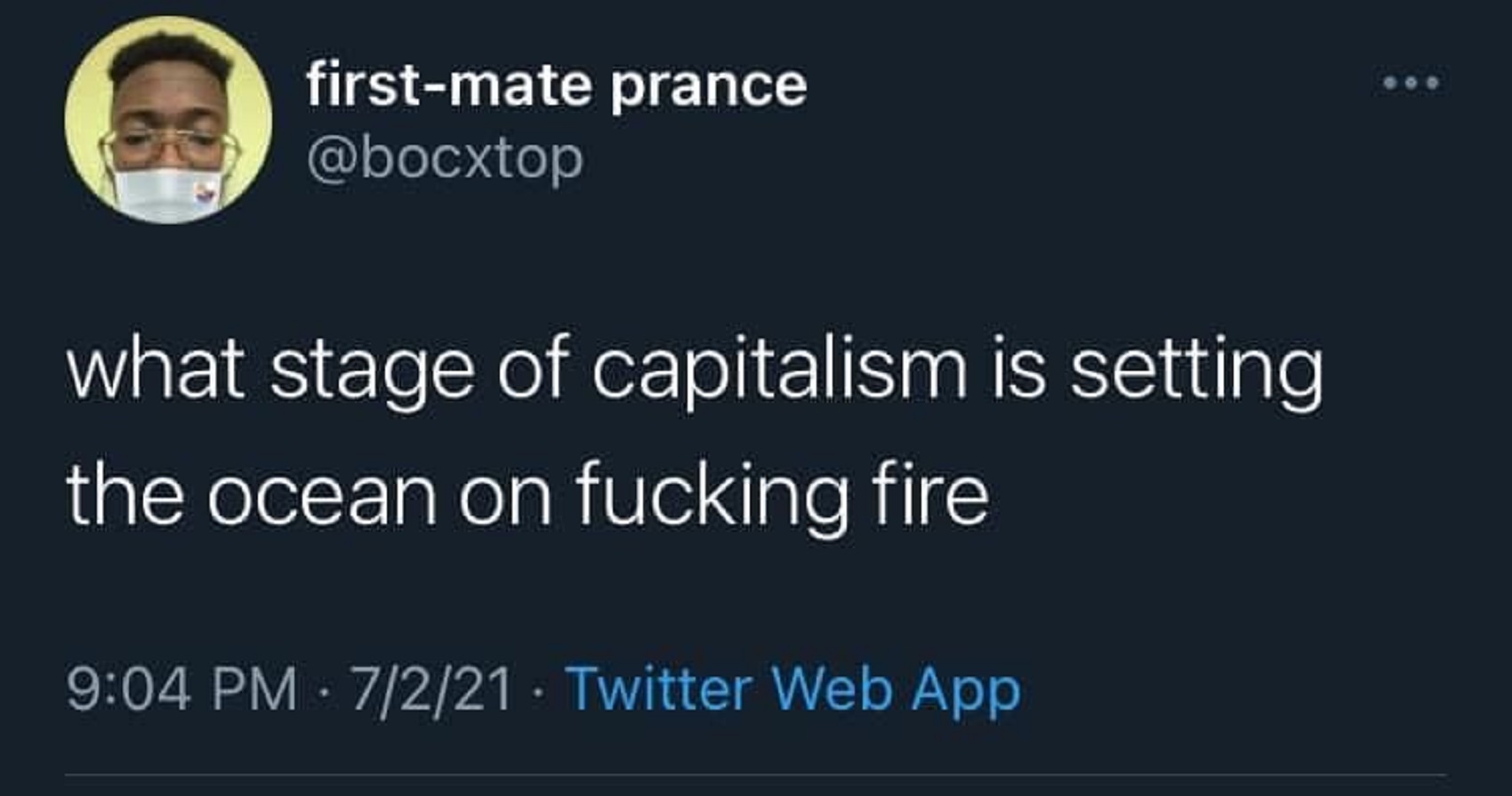

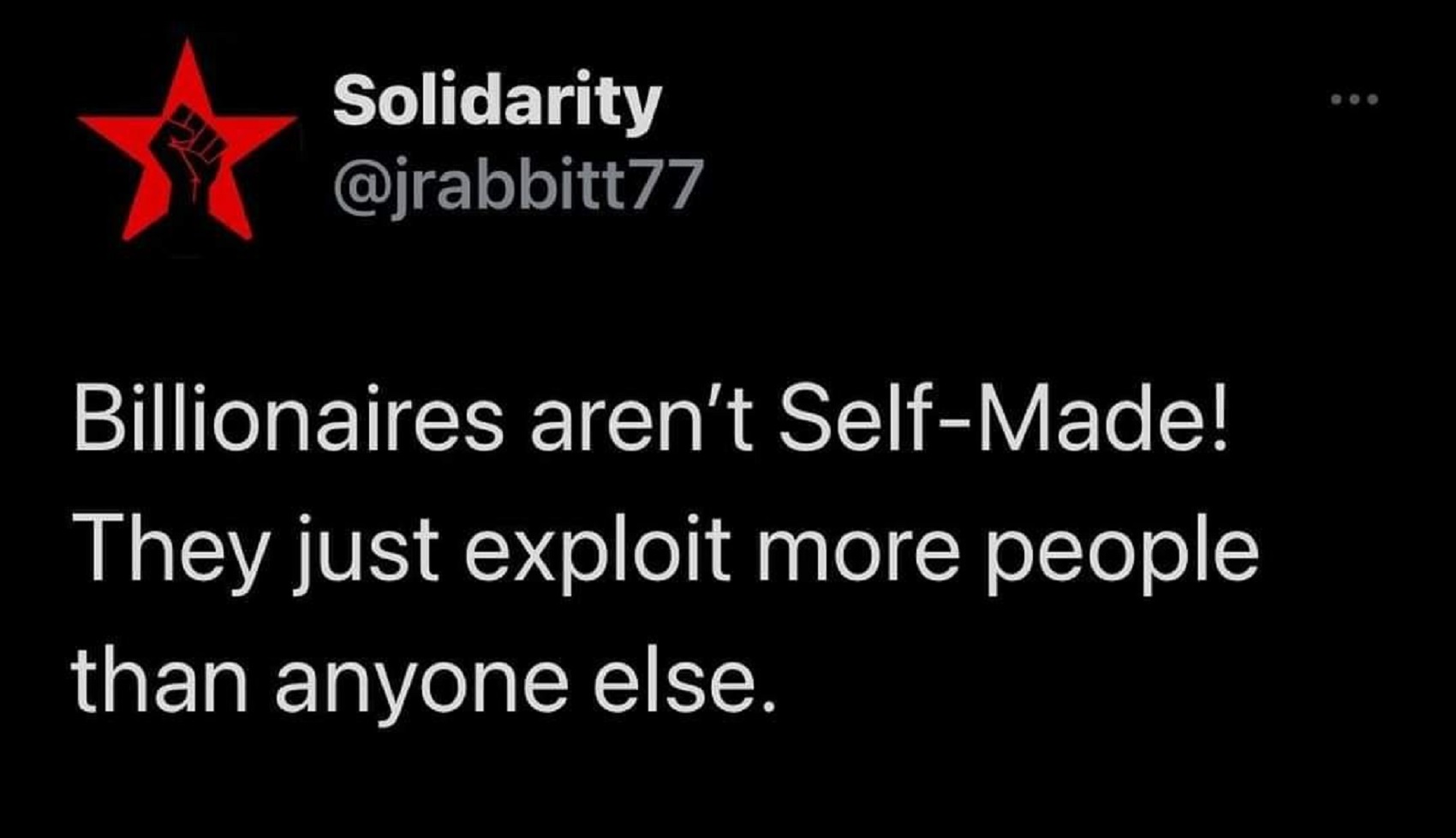
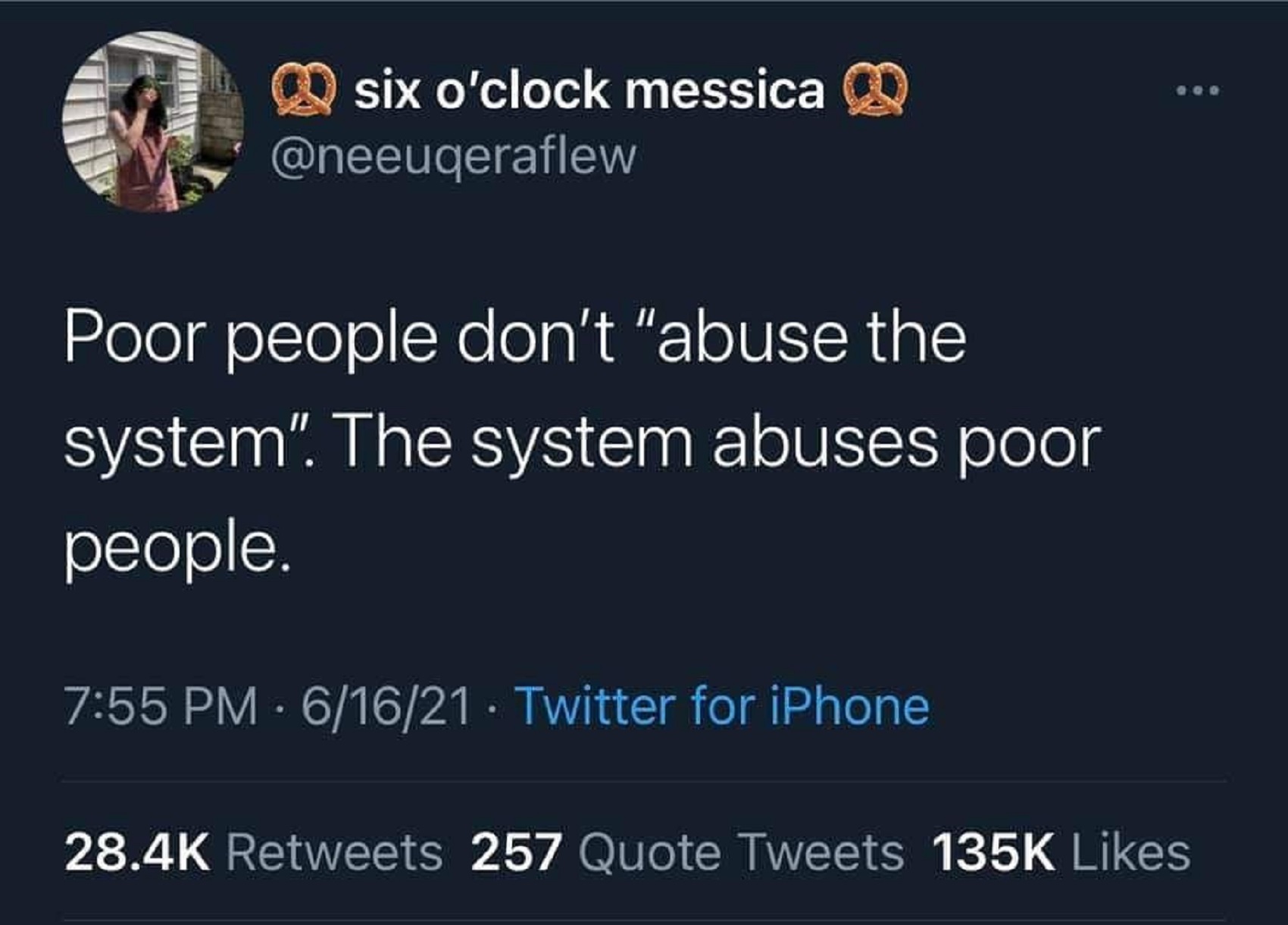
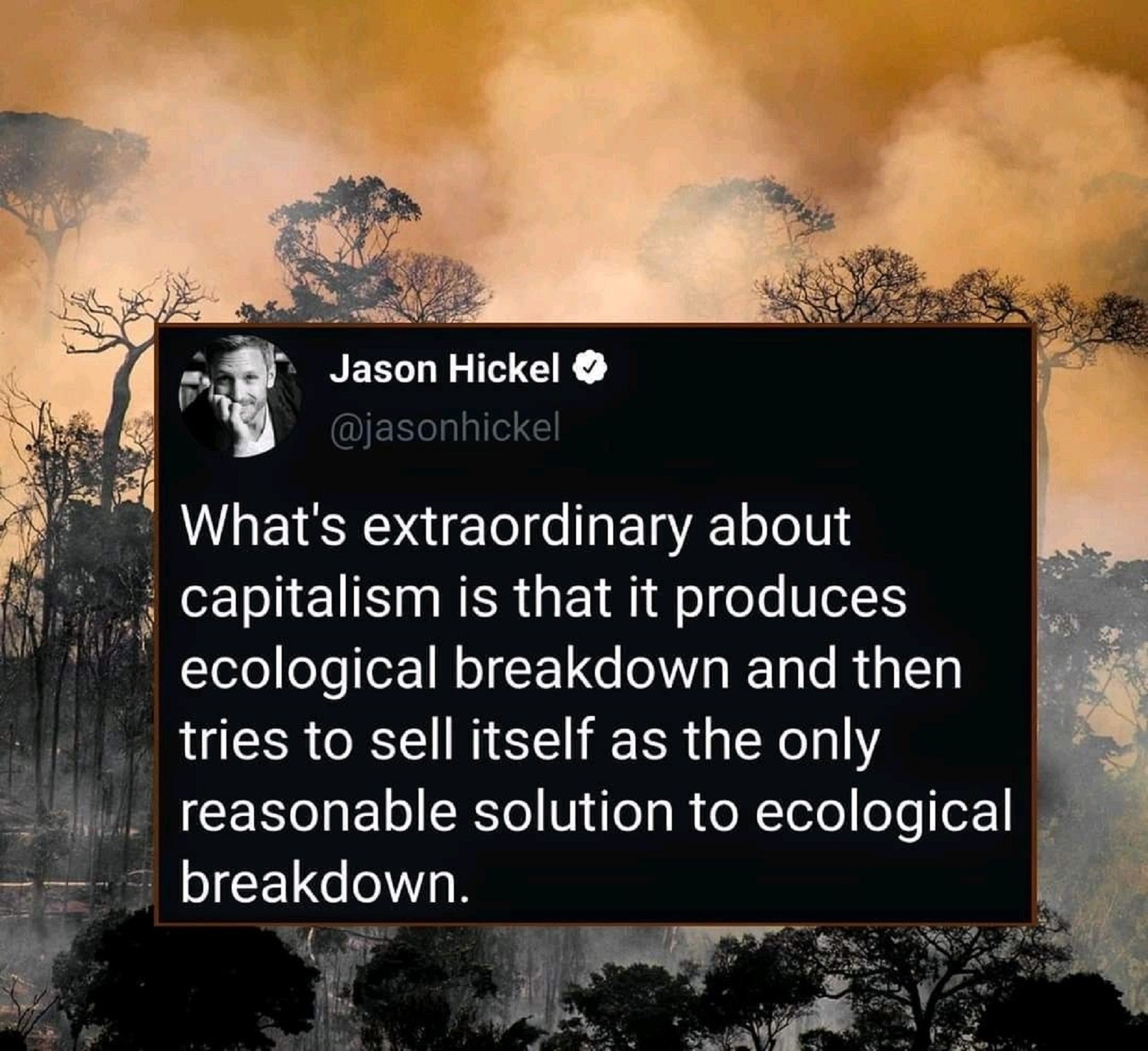
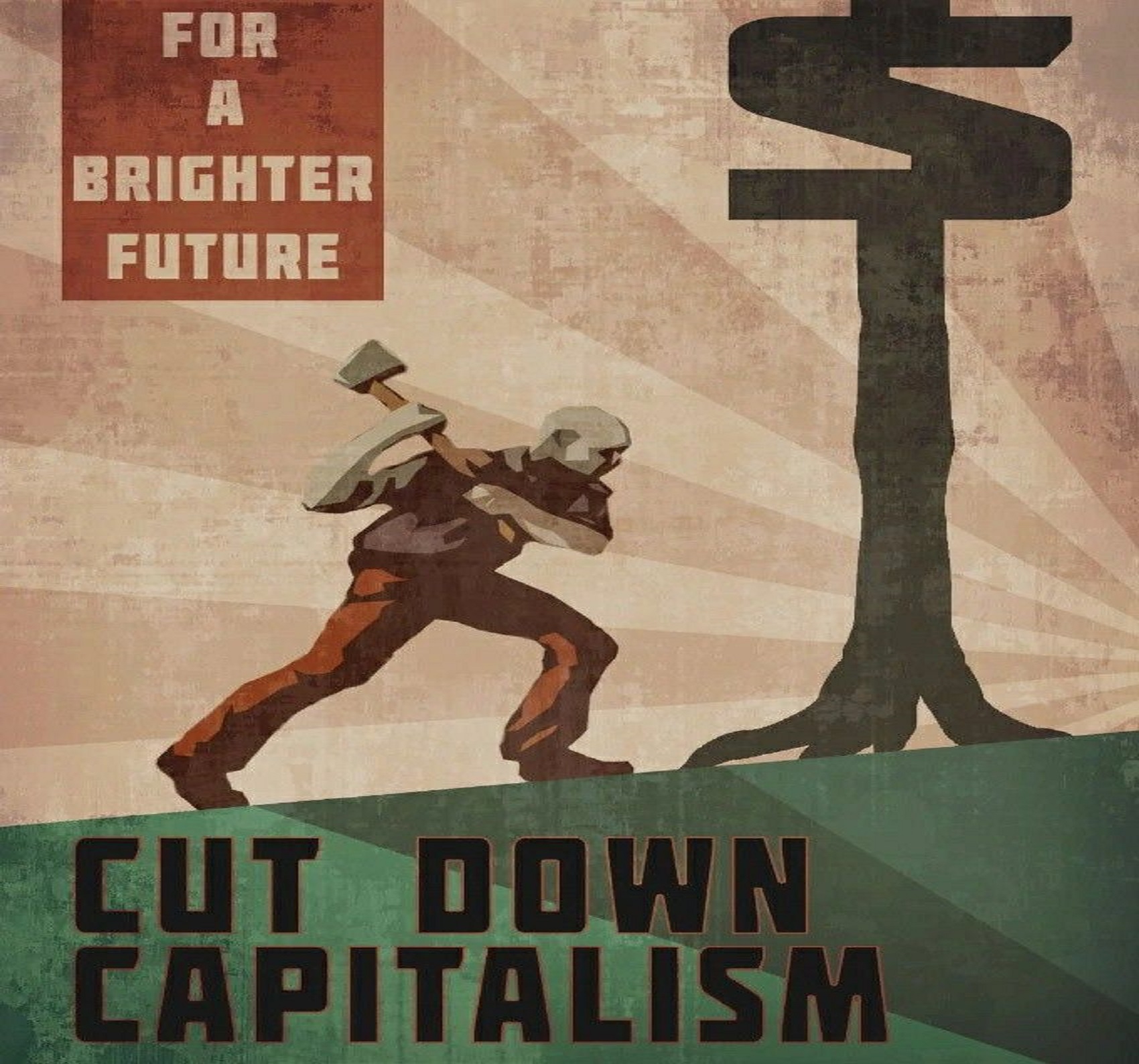
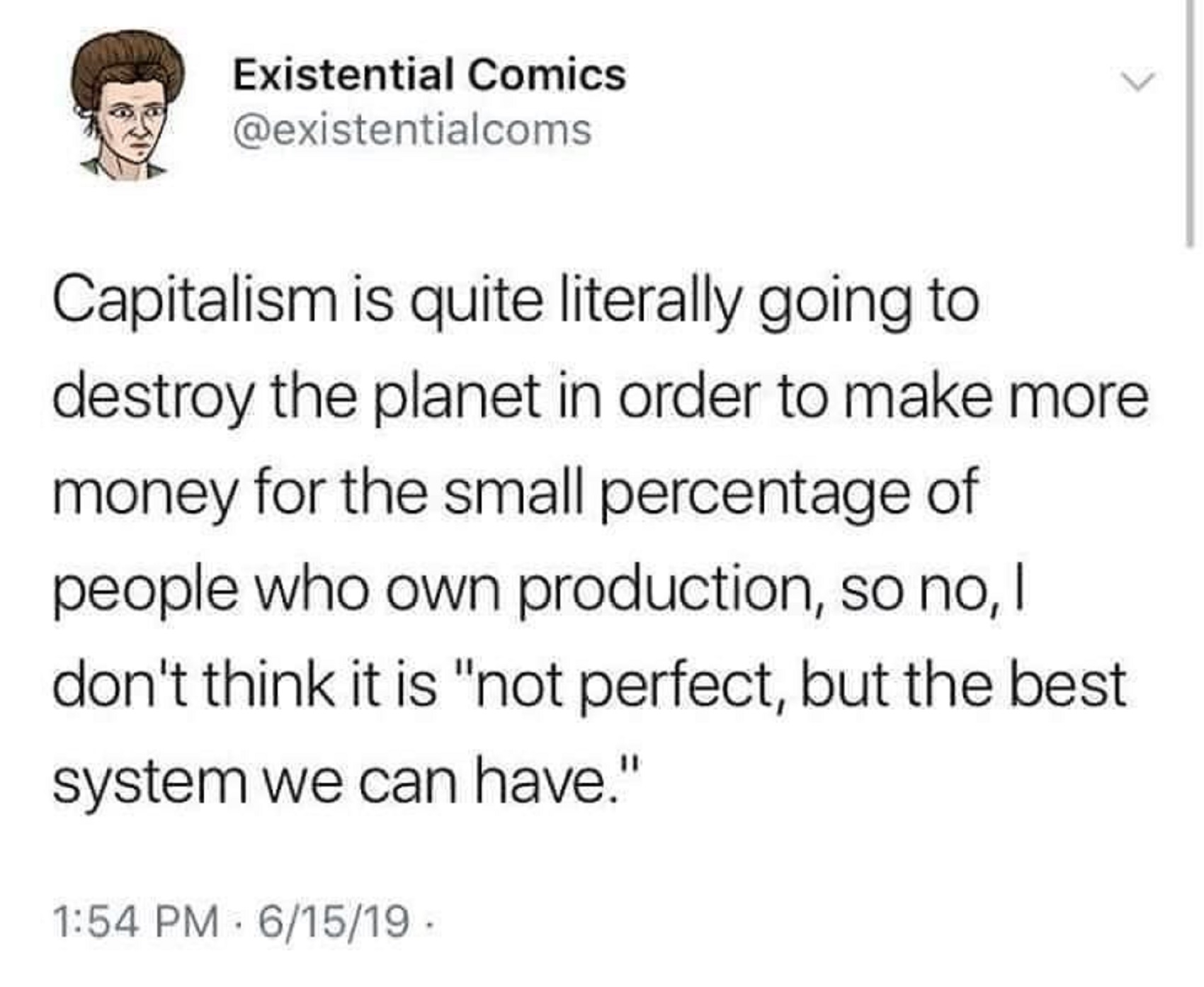

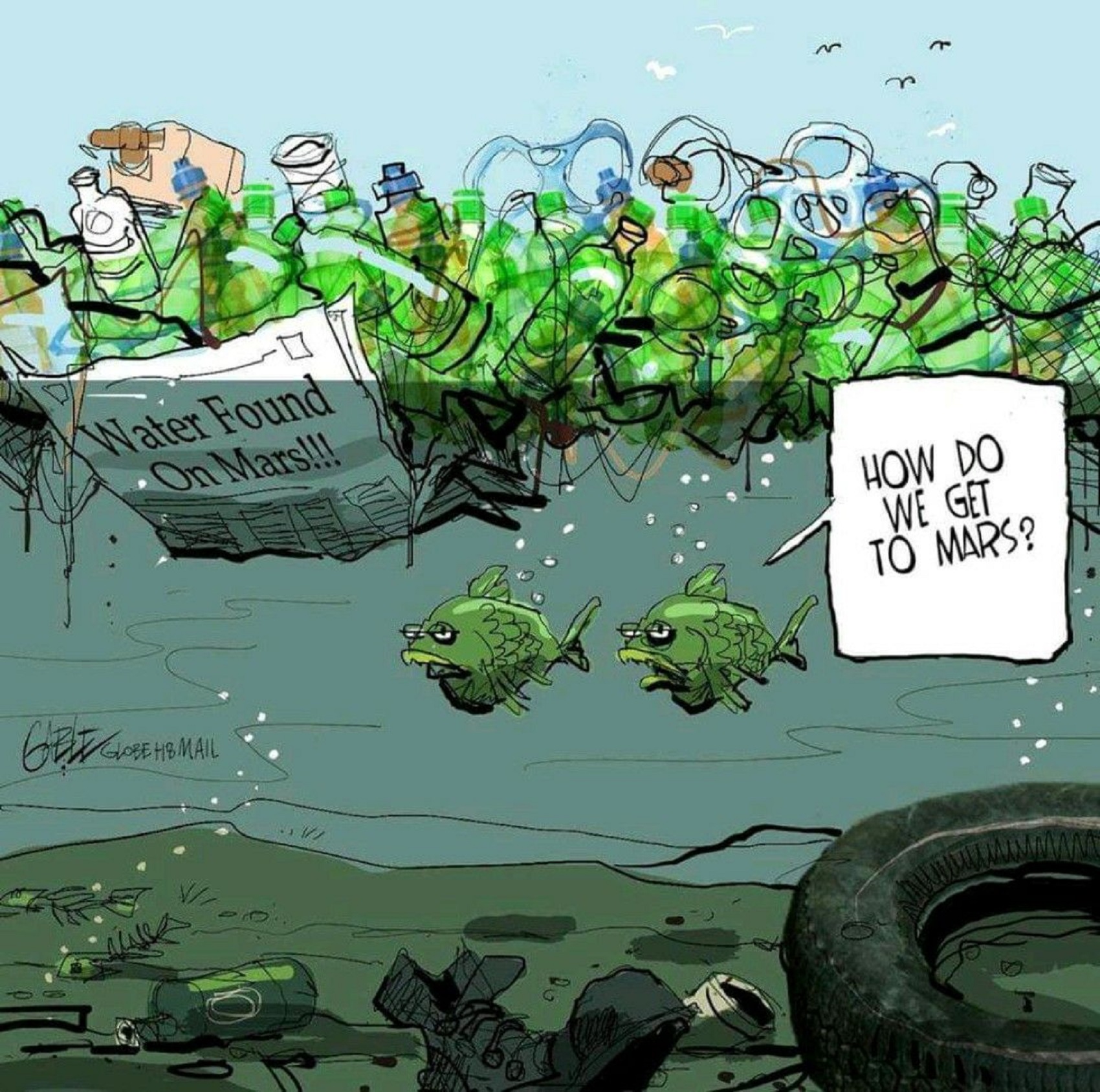
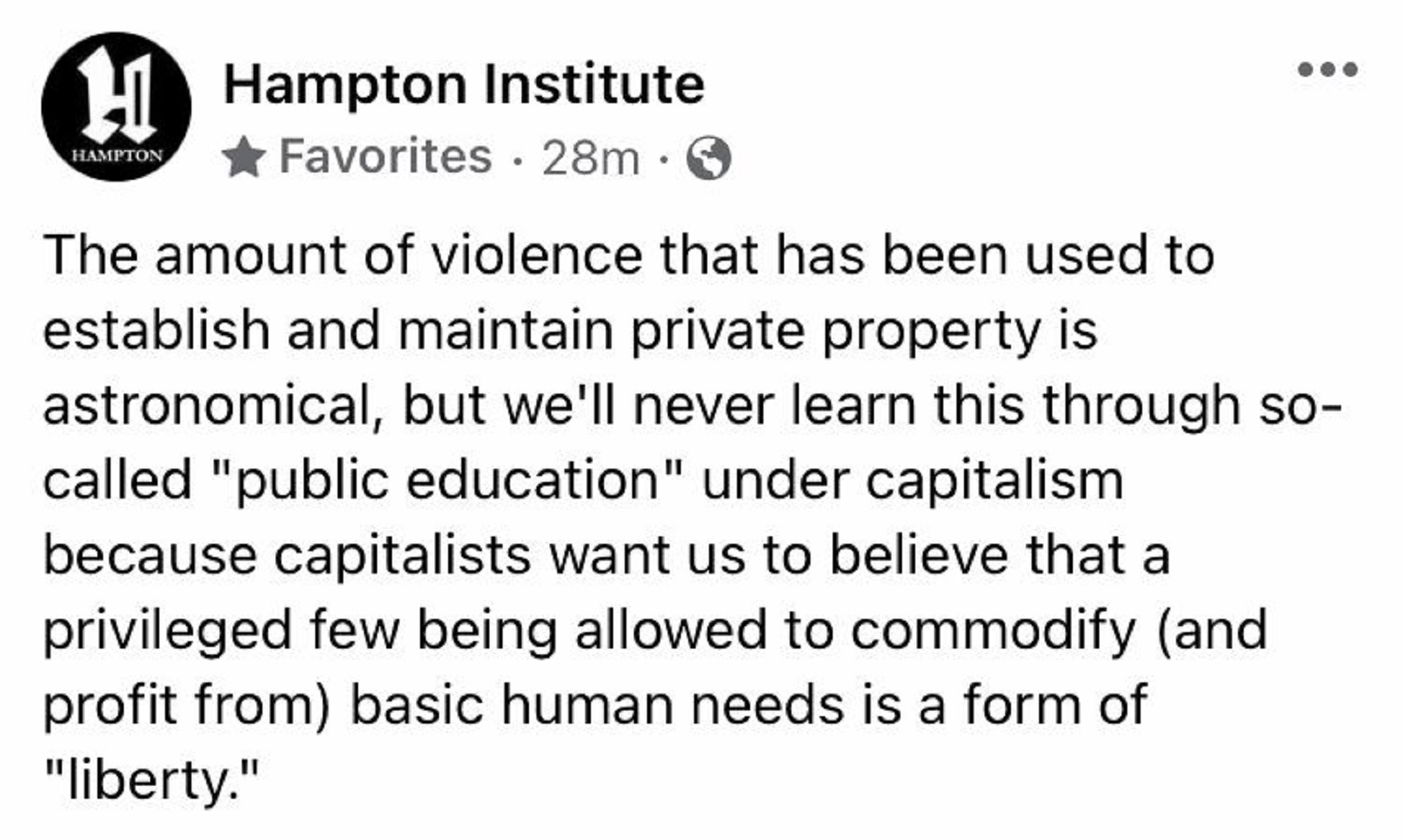
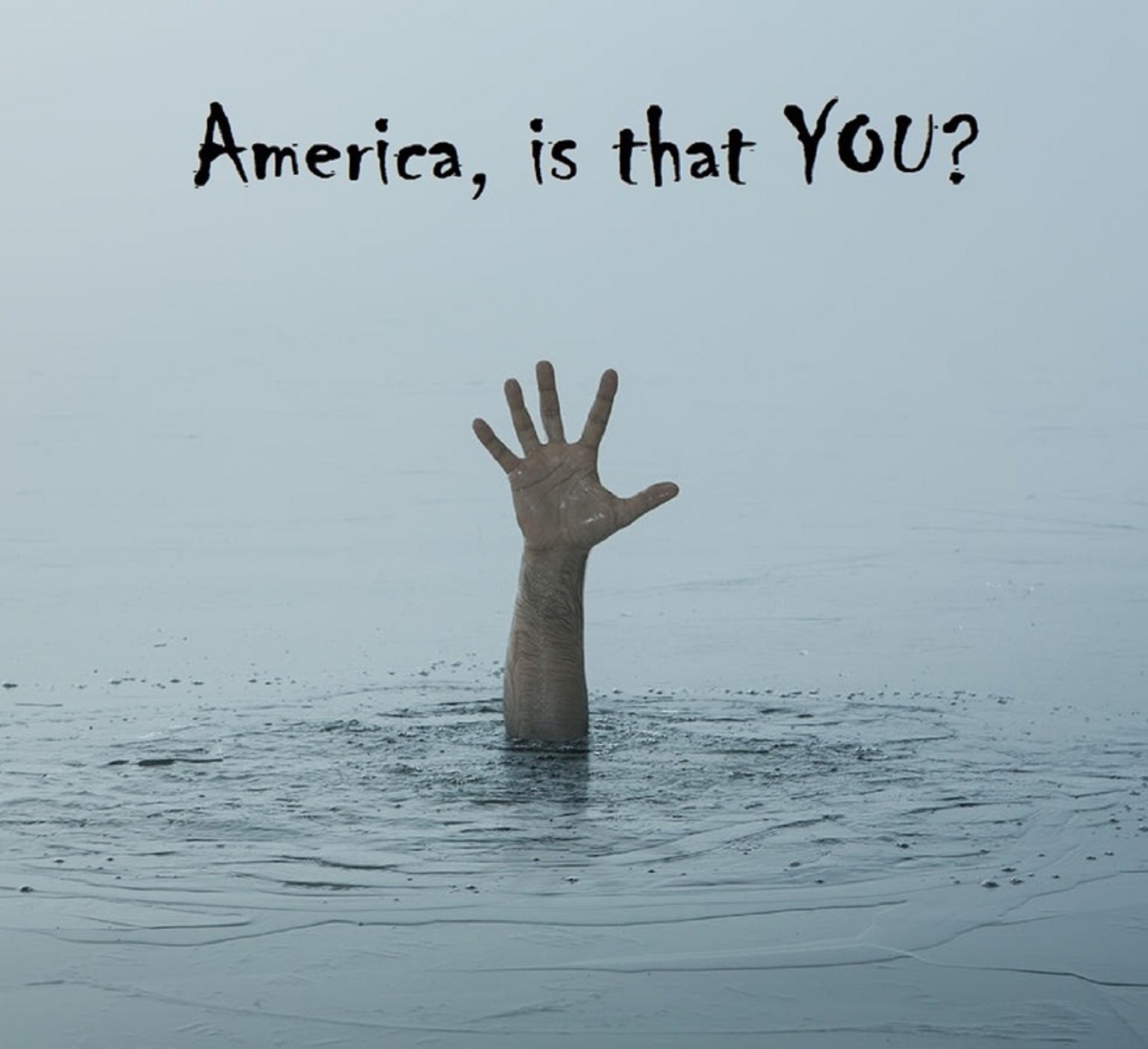


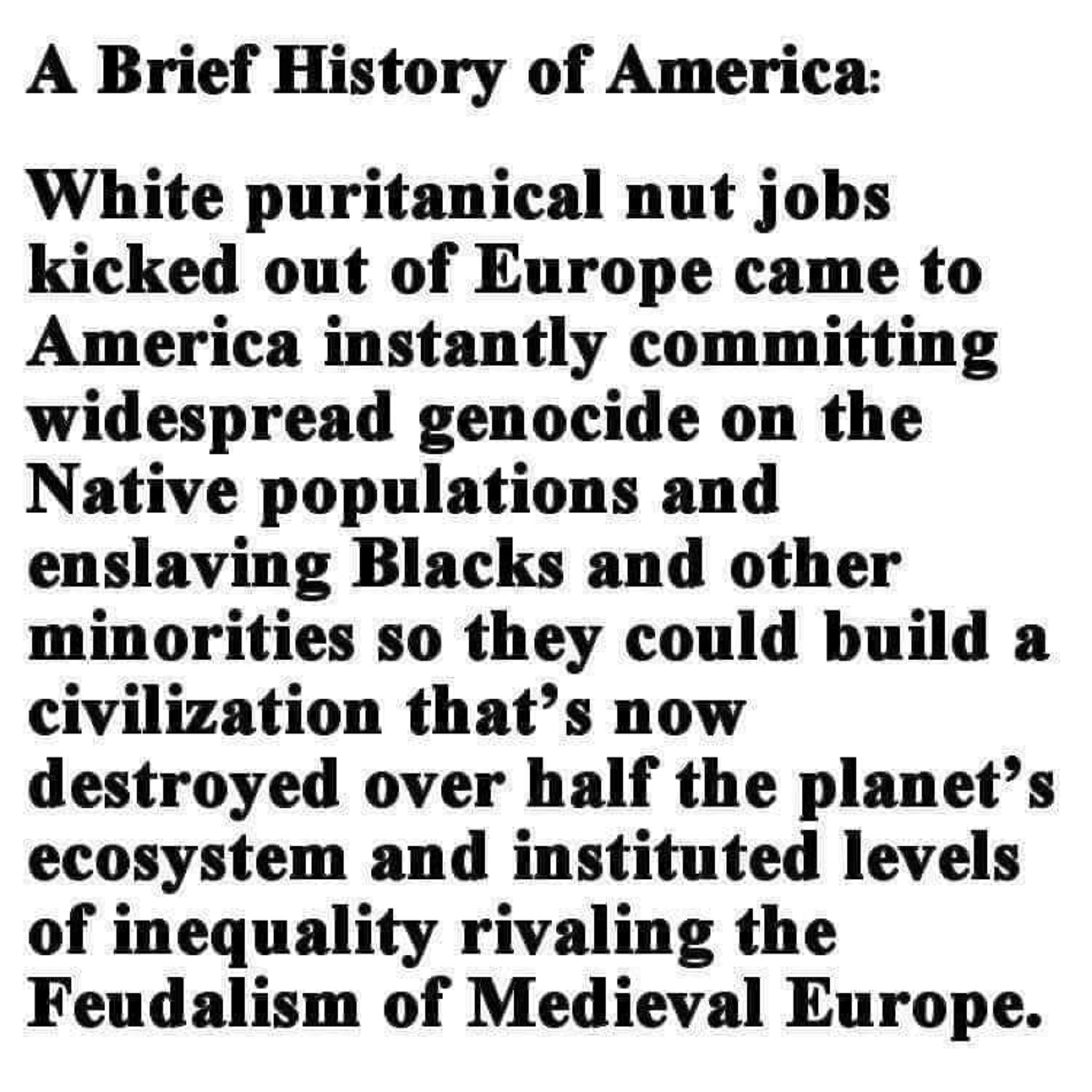

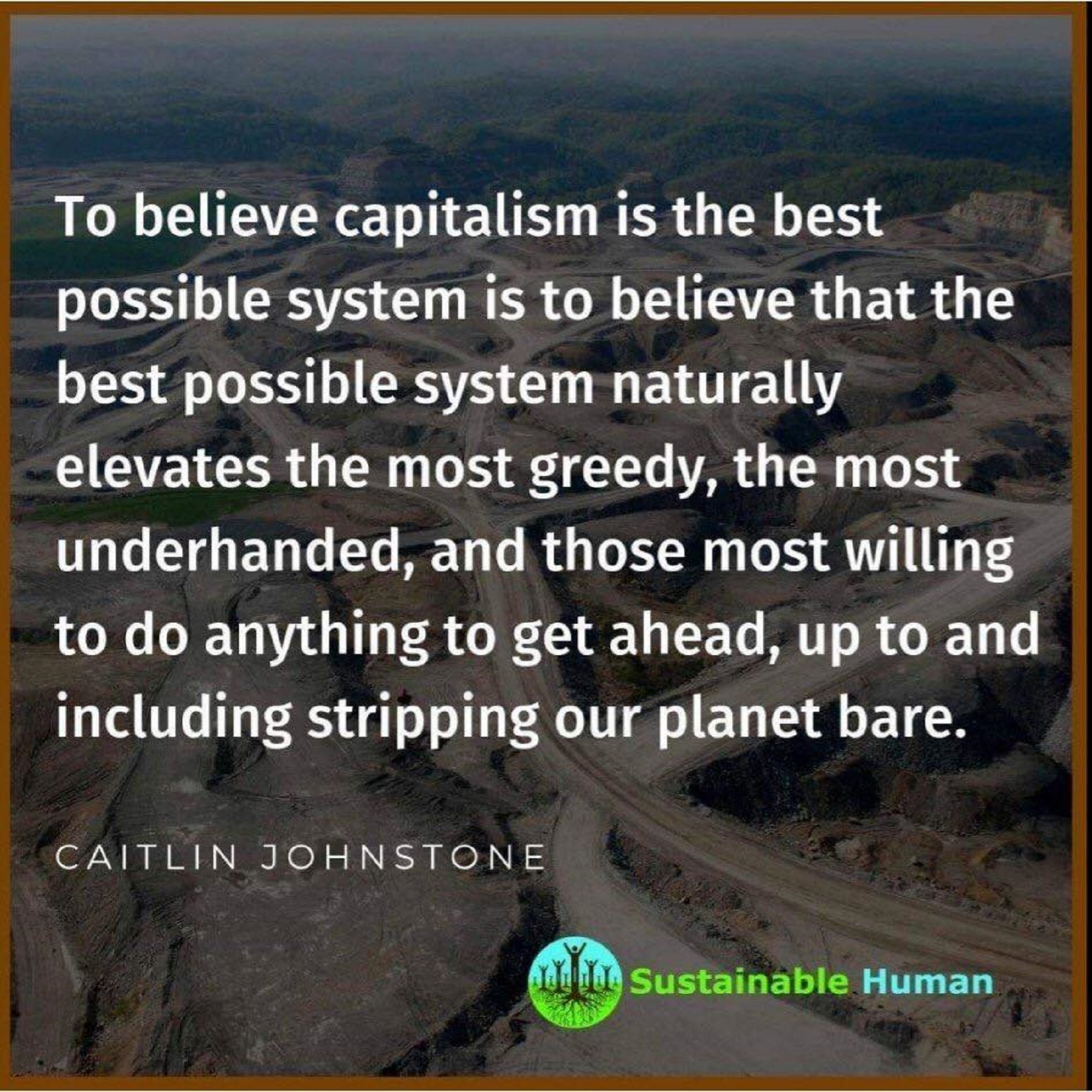

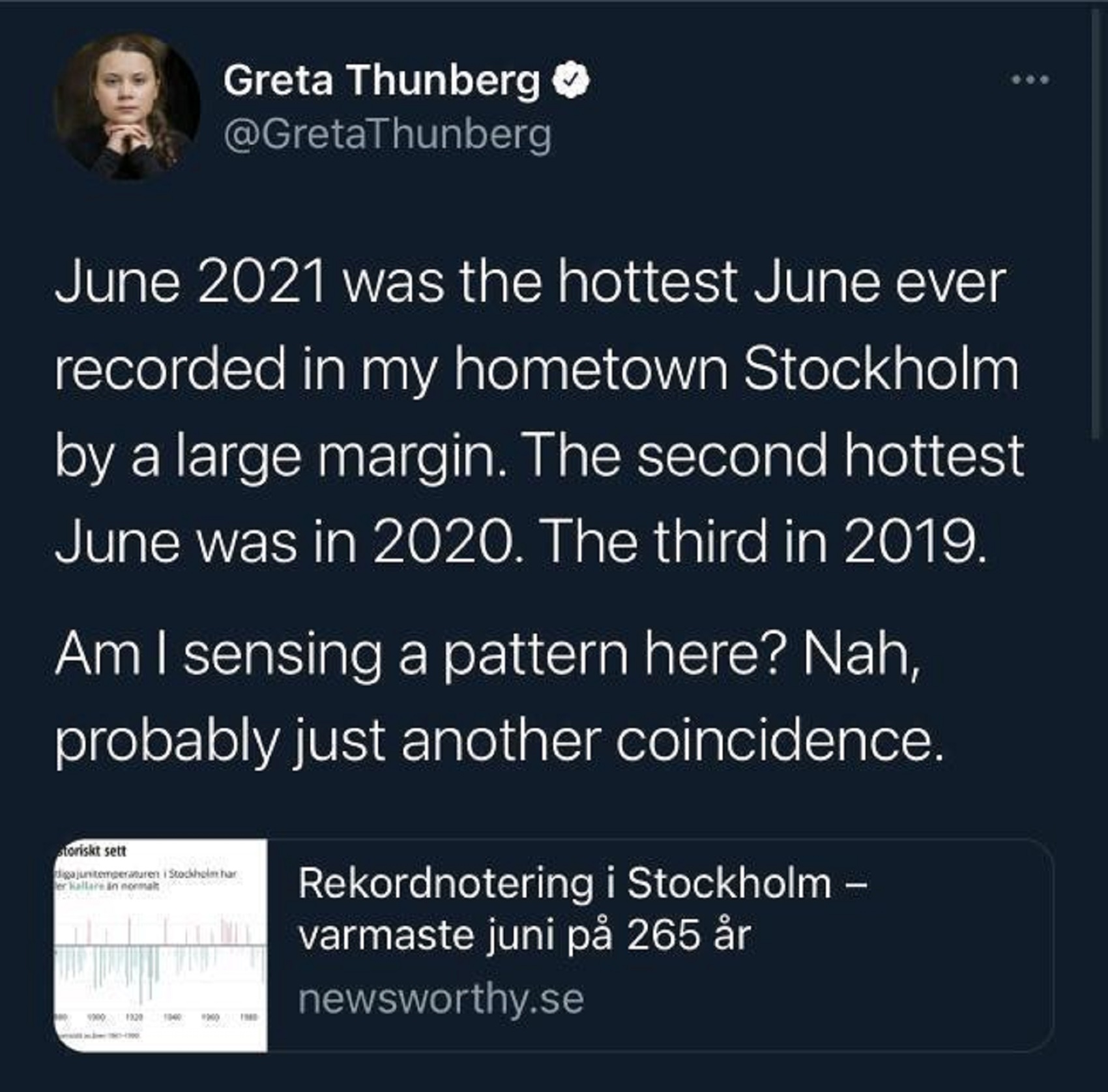
Horrifying Massive Oil Pipeline Blaze Sets Gulf Of Mexico On Fire
“The hellish blaze that erupted in the gulf pipeline operated by Mexican state oil firm Pemex was reportedly extinguished after several hours. The operation was reportedly pumping out 726,000 barrels a day of crude at the moment of the incident.” ref

Pic ref
“Sea level rise fingerprints calculated from observations of mass changes in Greenland, Antarctica, continental glaciers and ice caps, and land water storage made by the U.S./German GRACE satellites, January 2003 to April 2014. Sea level fingerprints are detectable patterns of sea-level variability around the world resulting from changes in water storage on Earth’s continents and in the mass of ice sheets. Sea level rise will significantly impact areas all around the world to varying degrees. Credit: NASA/UCI. Slowing the rate of sea-level rise would allow humans and ecological systems to better adapt, particularly in small islands, low-lying coastal areas, and deltas.” ref
“Polar Ice Sheets — The report states, with medium confidence, that at an increased level of warming between 1.5 and 2 degrees Celsius, instabilities in the Antarctic ice sheet and/or the irreversible loss of the Greenland ice sheet could lead to multi-meter (greater than 6 feet) sea-level rise over a time scale of hundreds to thousands of years.” ref

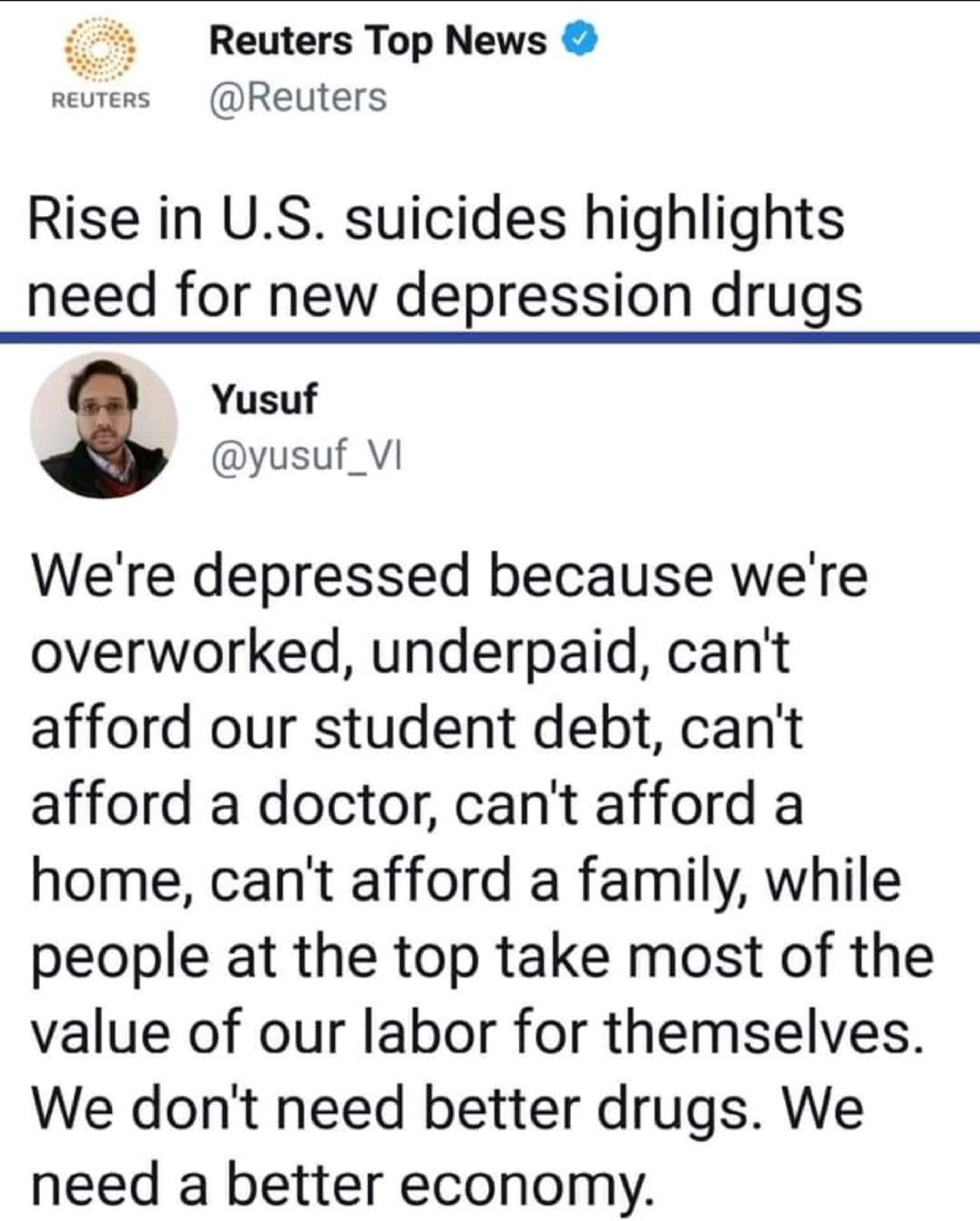


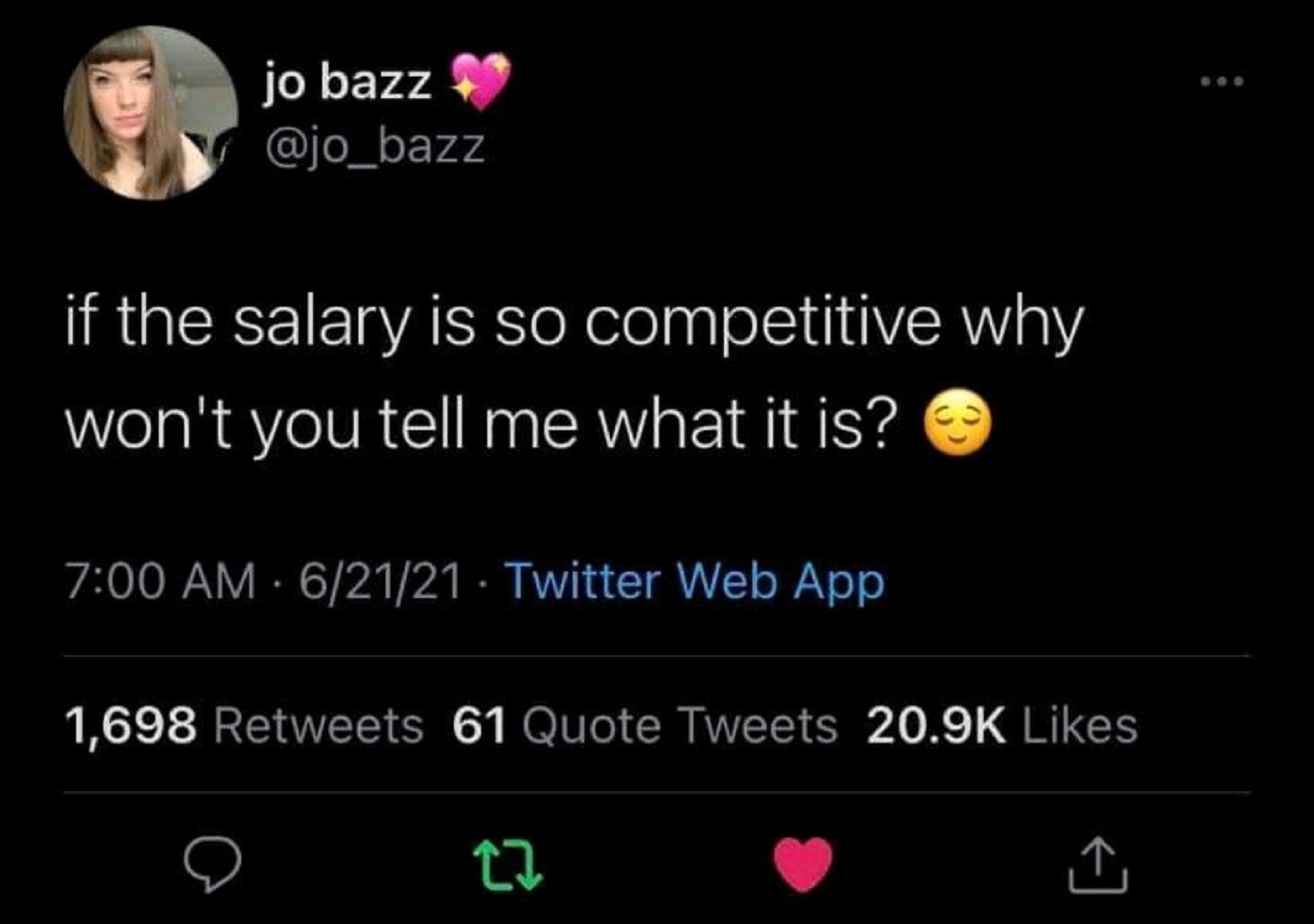
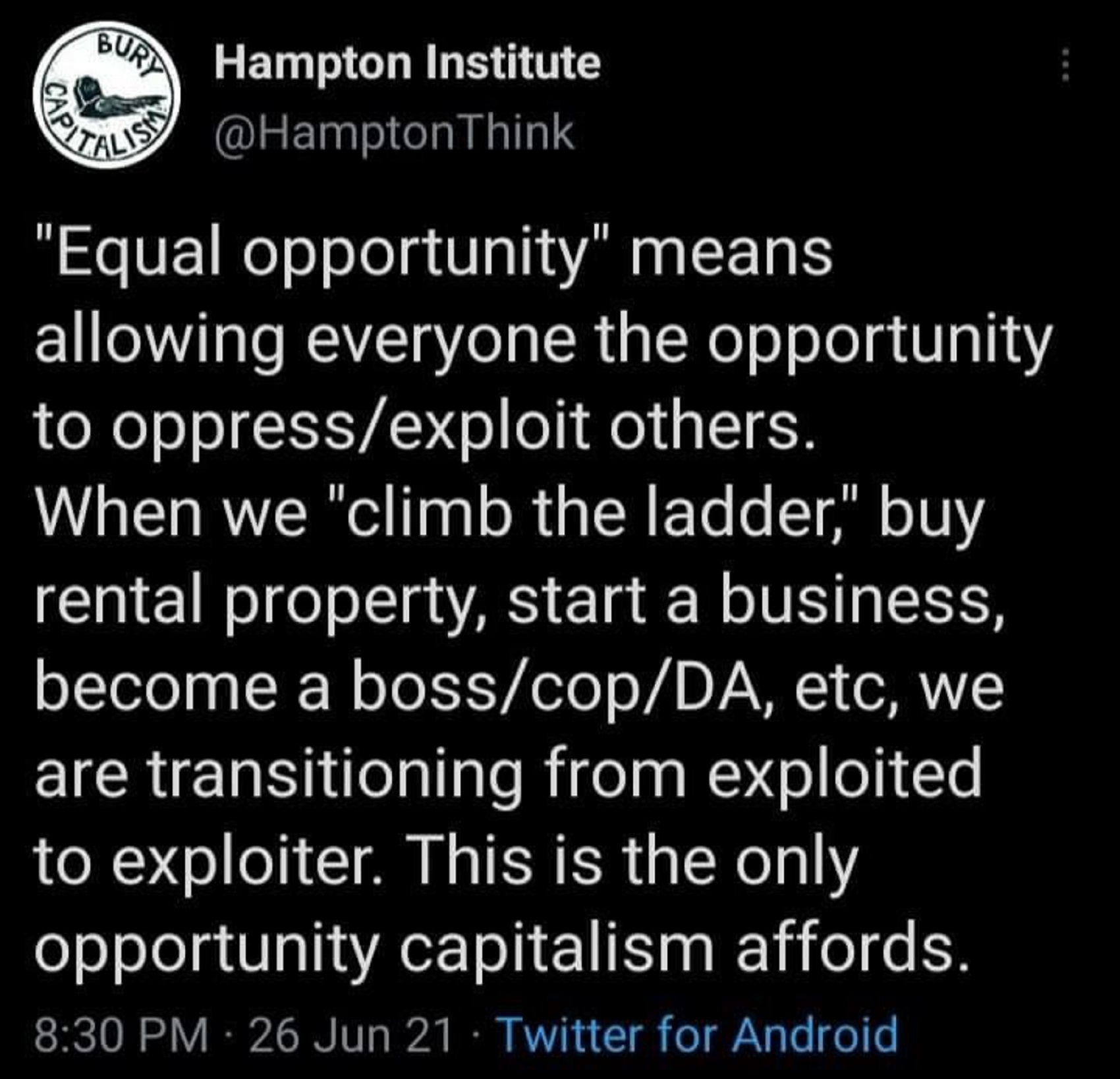
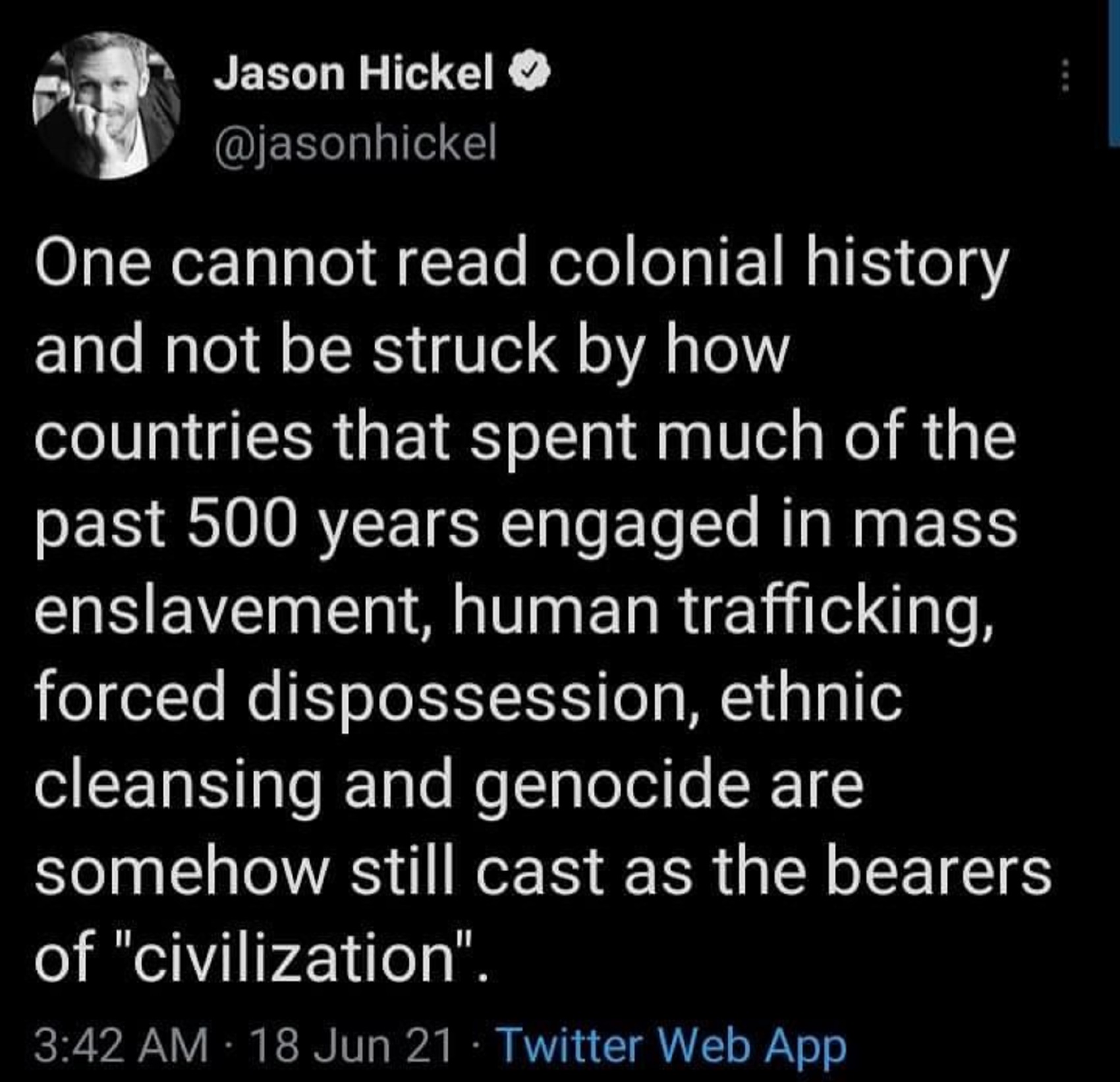

“Firefighters monitor the scene as the Lava fire continues to burn in Weed, California on July 1, 2021. – Firefighters are battling nearly a dozen wildfires in the region following soaring temperatures in California’s valley, mountain and desert areas, windy dry conditions, lightning storms across several parts of the western United States. (Photo: Josh Edelson/AFP via Getty Images)” ref
This Is Only the Beginning: It’s About to Get Much Harder
“Our planet hasn’t seen temperatures this hot in fifteen million years, when the sea level was forty meters higher than it is now.” ref
“This is just the opening salvo. As the American west is gripped by potentially the worst drought since algebra was invented 1,200 years ago and temperature records are once again shattered on a weekly basis, we are entering into unknown territory. Lytton in Canada reached a staggering 49.6°C on Tuesday which is hotter than Las Vegas has ever recorded. Portland topped 46.7°C and this is higher than anything experienced in Houston, Texas. This has been building for a long time, but things are about to get much much worse.” ref
“Globally, the planet experienced its second hottest year ever recorded in 2019, just 0.4°C cooler than 2016. If 2019 was feeling a little inferior, 2020 arrived on the scene, full of confidence, to claim the prize of warmest year ever recorded on Earth. The average temperature was 1.2°C above the 1859-1900 level. This was also a year in which our civilization was brought to its knees because of the ongoing pandemic. The World Meteorological Organization (WMO) says that the warmest six years on record have all occurred since 2015.” ref
“With the carbon already in the atmosphere, the extreme heat we are witnessing now will become the new normal. The impacts of a warming planet will be felt by us all. In fact, they already are. Storms, droughts and heatwaves have increased by a third in just the past ten years. Scientists analyzing models in Switzerland and the UK declared that heat events like that of 2018 were unprecedented prior to 2010 and don‘t occur in historical simulations.” ref
“As fossil fuels continue to be pumped into the atmosphere, forests are felled and oceanic ecosystems destroyed, the extreme heat we have seen the past five years is only going to get worse in the next decade. Anthony Arguez at NOAA’s National Centers for Environmental Information in Asheville, North Carolina warns that:
“After the last five years, we’ve really separated ourselves from the past,” and he adds, “It looks pretty likely that we’re going to have a whole lot of top 10 years.” ref
“In total, natural-disaster loss events have more than tripled in the past forty years. It is debatable whether we can continue to call these events ‘natural’ when they are being fueled by human activity. The world is moving into uncharted territory, and our planet has only warmed by 1.2°C so far. The most likely scenario sees the temperature rising by at least 3°C by 2100, and possibly much more, and possibly sooner. What will the future look like if we continue on our current path? The current trajectory we are on would see temperatures rise by between 3.1°C and 3.5°C by 2100. Try to imagine the storms, wildfires, droughts and floods that will become normal if we allow this to happen.” ref
“If things are this bad at just 1.2°C of warming, more than 3°C will likely be dire for the future of our species. Also, take into account that these are global average temperatures. At the poles and over land the temperature could be double. For every 1°C of warming, areas affected by heat waves like 2018’s will increase by 16% and are predicted to happen in two out of every three years if temperatures reach 2.7°C, and every year at 3.6°C.” ref
“Our planet hasn’t seen temperatures this hot in fifteen million years, when the sea level was forty meters higher than it is today. The Arctic and Antarctic were home to vast forests. This warming was caused by volcanic activity in North America and the warming happened 1,000 times slower than the human caused warming we see today. If 2100 seems a long way away, children born today will be in their eighties. If that still doesn’t concern you, we will lose all the world’s coral reefs at 2°C of warming, hundreds of millions of people will be on the move in search of food and water. There will be forty-one more marine heatwaves than now. All the Arctic Sea ice will be gone. The average length of a drought will be ten months. At least 388 million people will be exposed to water scarcity. Maize production will be 9% lower, and wheat 4% lower at 2°C. The population will have risen to around eleven billion. Sea level will have risen by fifty-six cm. Flooding from sea level rise will cost upwards of $11.7 trillion each year at just 2°C. And the most alarming change will be under the ground in the Arctic region where at least 6.6 million km² of permafrost will have thawed. The result of this thawing could trigger the emissions of billions of tons of methane, and what scientists call runaway climate change.” ref
“It is worse, much worse than you think,” is the opening line to David Wallis-Well’s seminal, but terrifying book, The Uninhabitable Earth. He describes life on our planet at varying degrees of warming. At 5°C, large parts of Earth would be unliveable for humans. At 6°C, New York would be hotter than Bahrain today. At 4°C, wildfires will burn sixteen times more land in the American West. There will be hundreds of drowned cities. Going outside will be a dangerous act across India and the Middle East at just 2°C of warming. Even if we meet the Paris goals, Wallace-Wells says the deadly heatwave that killed thousands in India and Pakistan in 2015 will have become annual events. At 4°C, the 2003 heat wave that claimed the lives of around 2,000 people each day in Europe will be a standard summer event. That means more than 35,000 people will be killed each and every summer by intense heat. Keeping temperatures under 1.5°C, of warming, as opposed to 3°C, will save between 110 and 2,720 heat-related deaths in fifteen American cities. The Union of Concerned Scientists are predicting that hundreds of U.S. cities will experience a whole month above 37.8°C by mid-century. Scientists expect the extreme heat to cause large scale relocation of residents as Boston becomes the new Columbia, South Carolina and Chicago experiences the heat of Lafayette, Louisiana. The pilgrimage to Mecca will become impossible for the two million Muslims currently making the trip. Wallace-Wells adds that even if we keep warming under 2°C, half the population will be exposed to deadly heat waves more than twenty days a year. If we don’t keep warming under 2°C, that number will rise to three quarters.” ref
“A recent study found that we may be fast approaching the threshold of 1.5°C. Scientists stated that there is a 40% chance that we may temporarily pass this figure by 2025. Our feckless leaders are aiming to halt warming at 1.5°C by 2050 yet we may pass this target twenty-five years earlier. It is abundantly clear that we are not on target to stop the worst from happening and that we need rapid decarbonisation immediately if we are to avoid mass starvation and suffering. We can all make changes to our lives from talking about the crises, only buying things we need, leaving animals off our plates to cycling and growing our own food. It is only coordinated government action that will be enough though, and our leaders won’t act without grassroots pressure. That’s where we all have a part to play. We cannot give up without a fight. The future is worth our sweat and tears now. If it isn’t, there will be blood.” ref


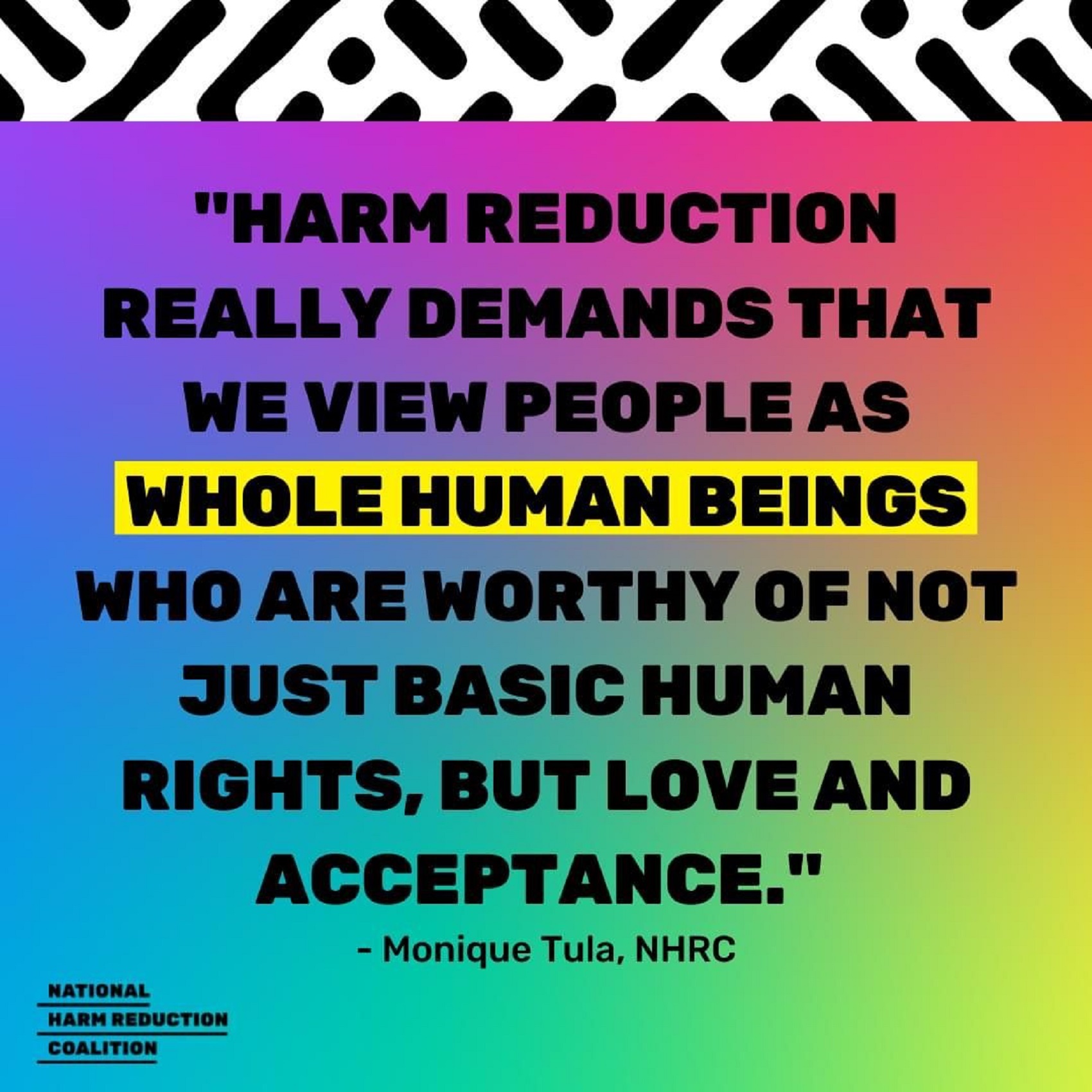
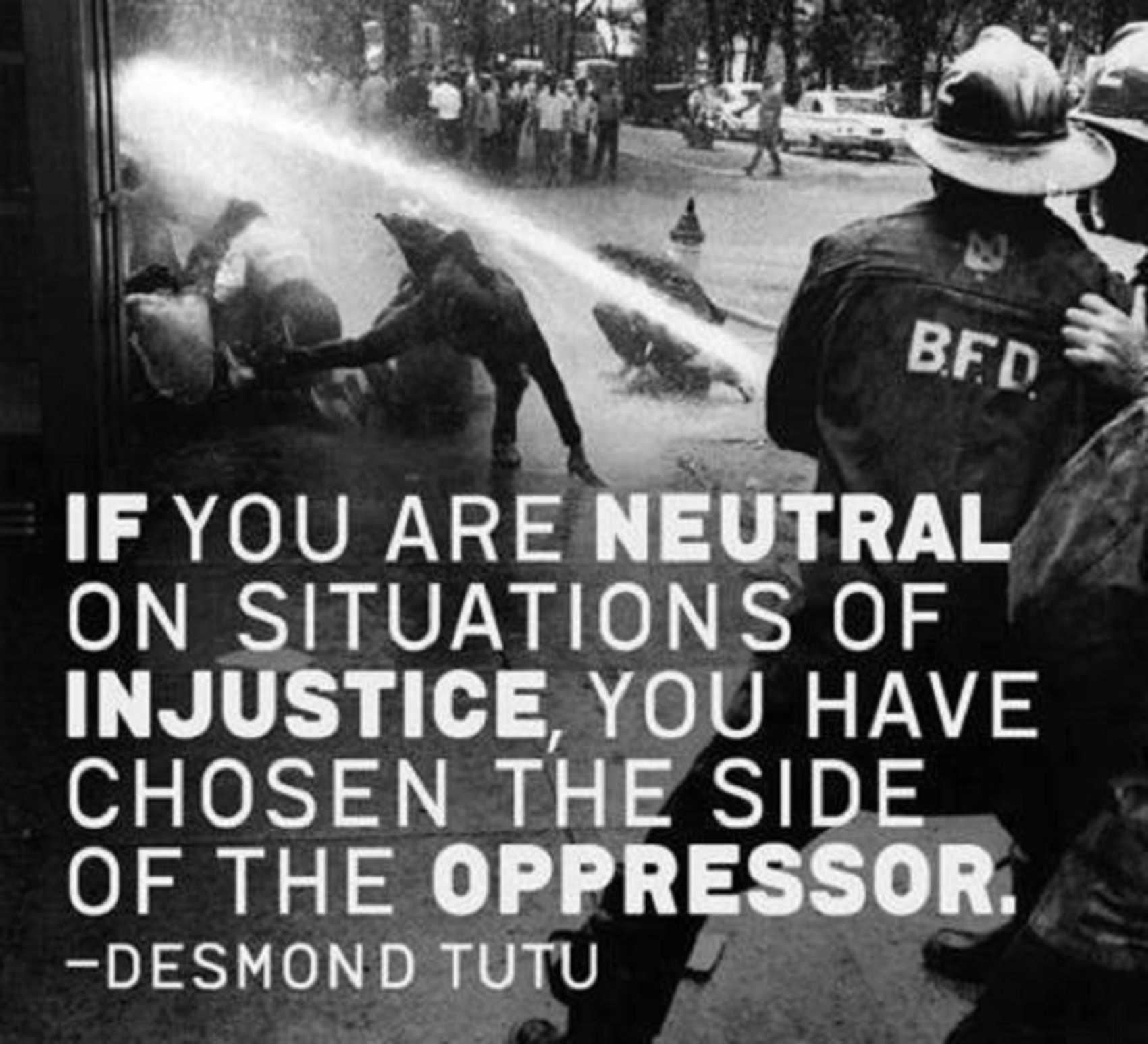

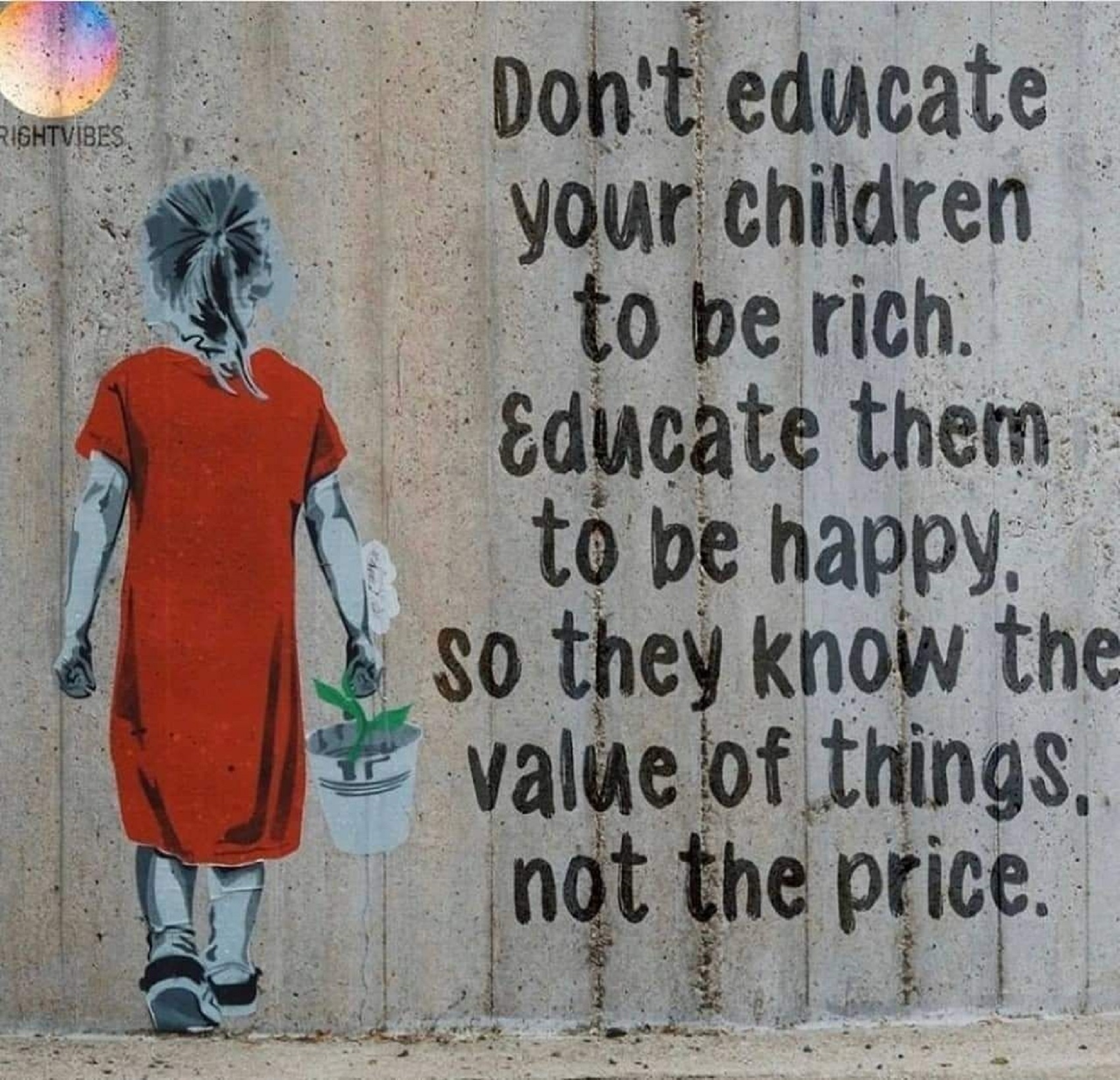
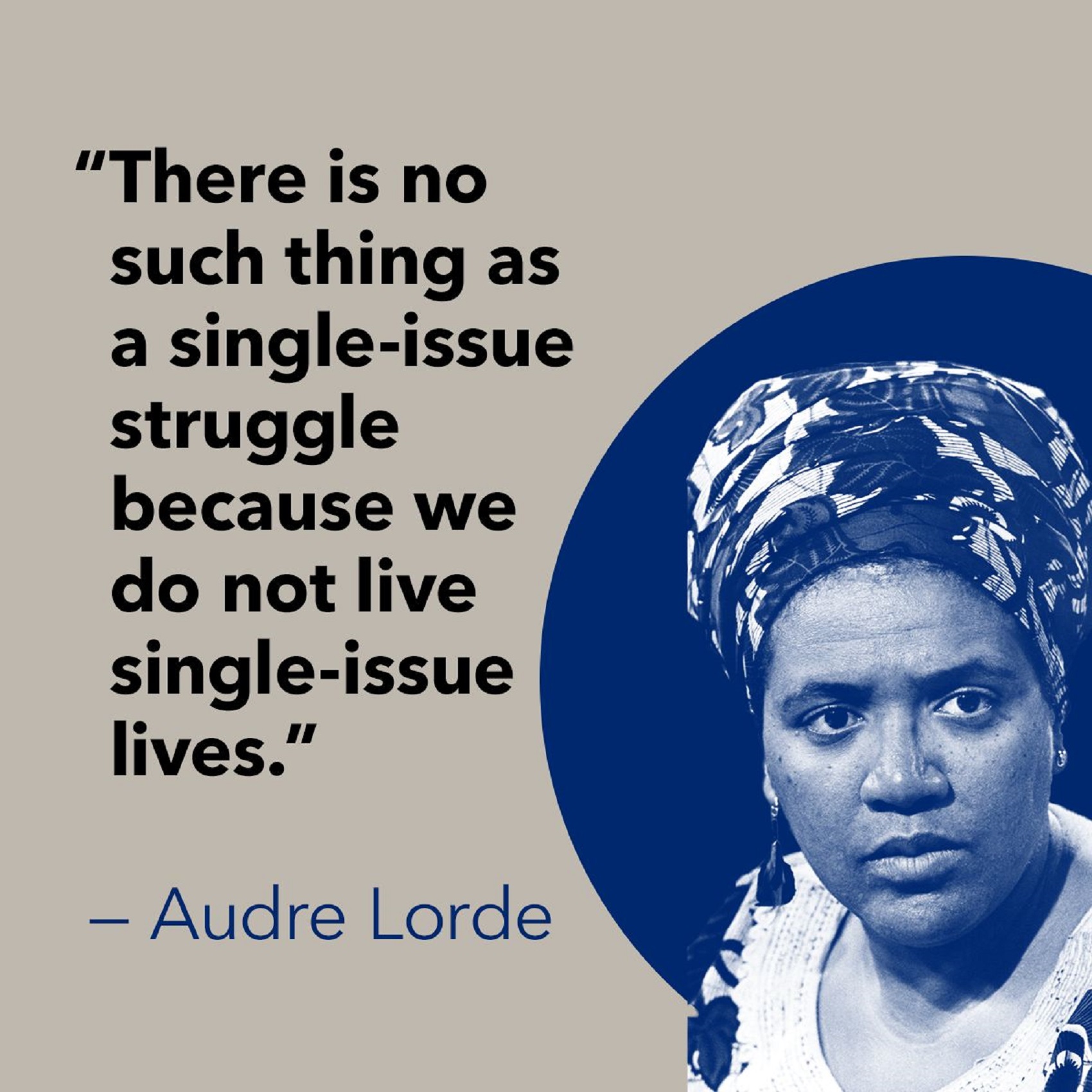
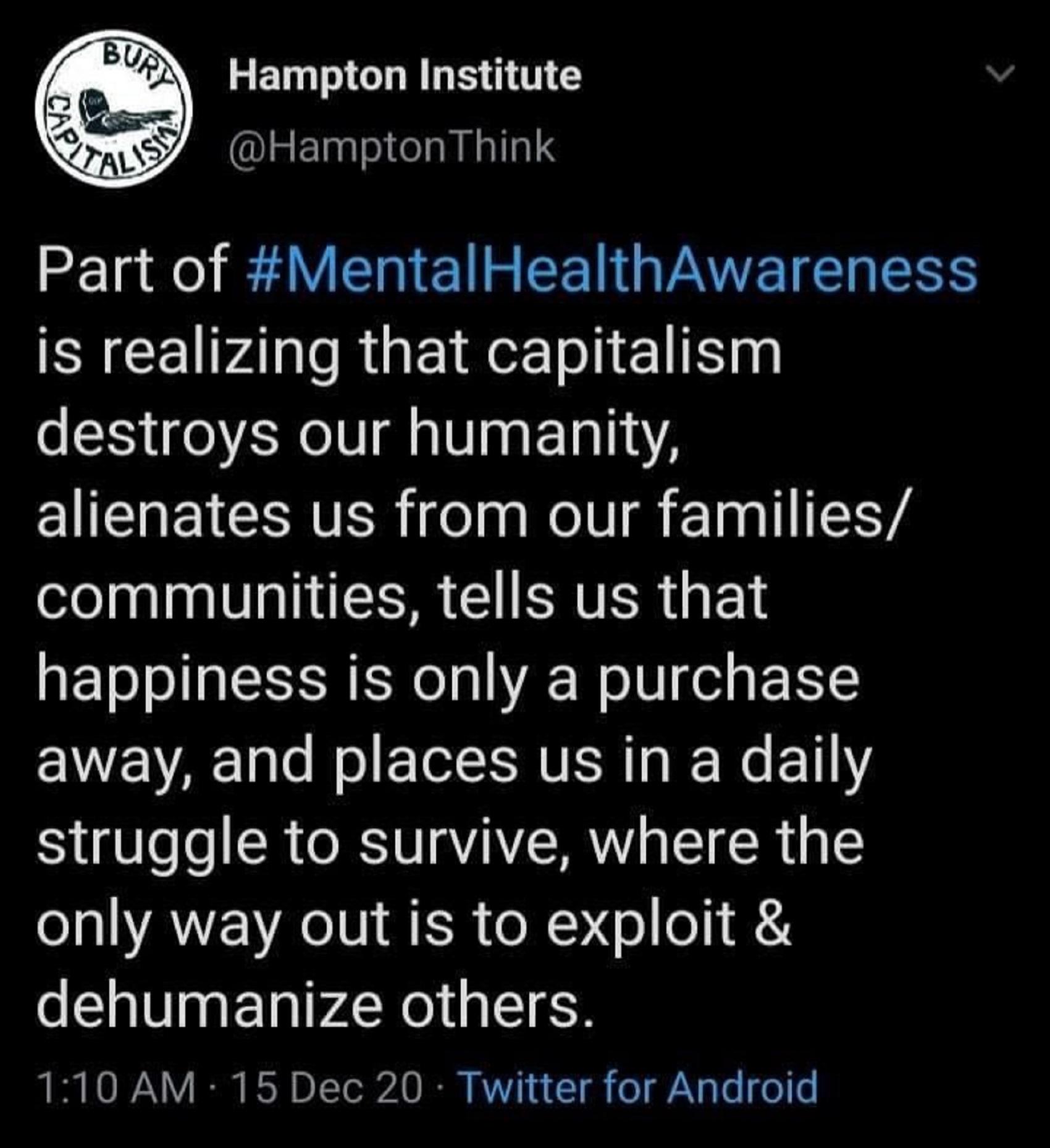
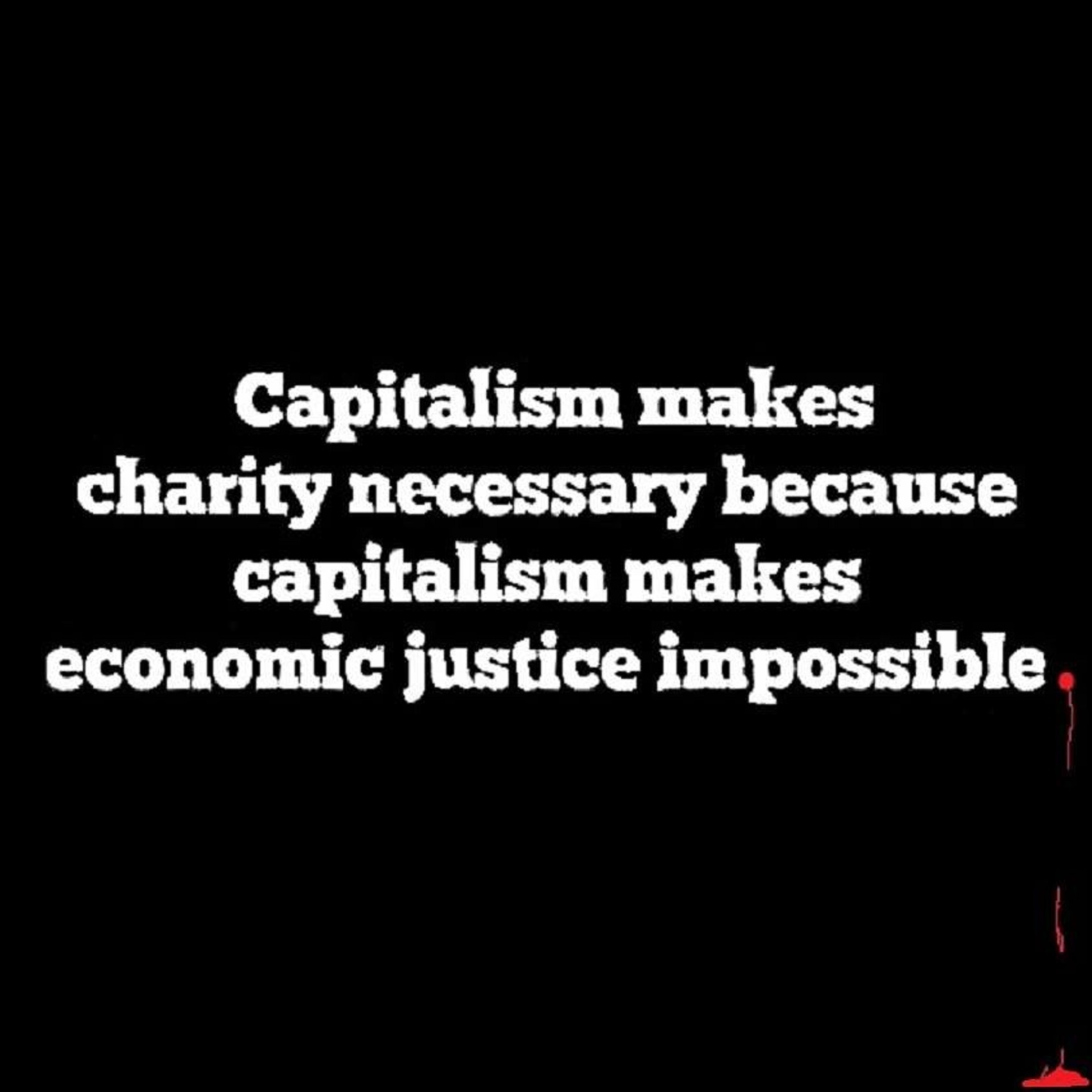
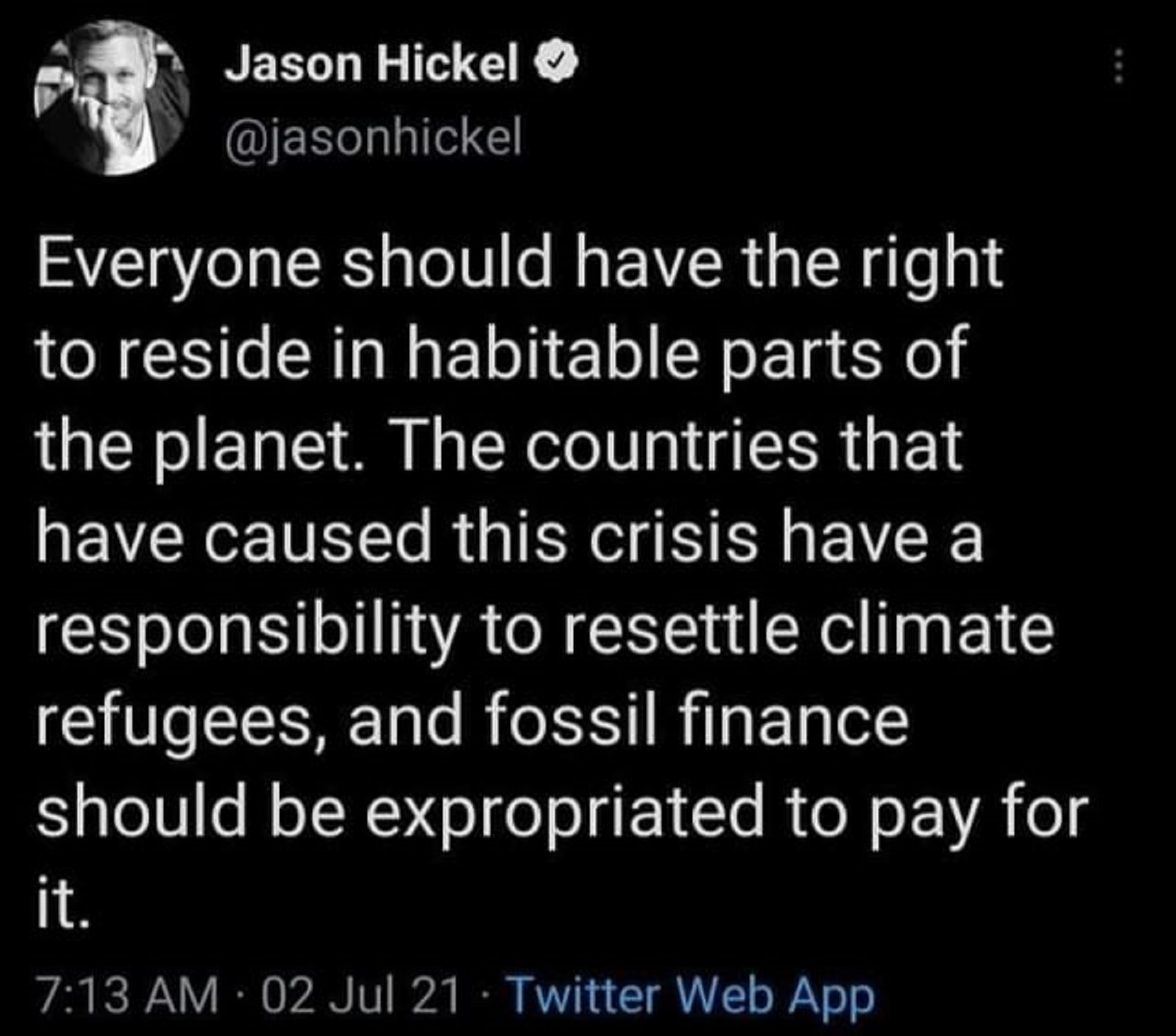
Eco-Fascism: How The Far-Right Weaponises Environmentalism
BY TRISTAN BOVE
“As human-caused climate change becomes an increasingly tangible and impactful part of our lives, climate change deniers are being forced into obscurity. The same political groups, mostly right-wing, who historically discredited the veracity of climate science, are now faced with overwhelming evidence that climate change is real and serious. But these groups are still here, as are their ideologies; they have simply adjusted their messaging. Climate denialism is a dangerous ideology, but the way these groups have appropriated climate change and environmental concerns in the modern age is subtler and even more insidious, shedding light on a resurgent dark legacy of environmentalism that must be confronted and eradicated, called eco-fascism. How do we tackle it?” ref
“In terms of its political and economic implications, the challenge of climate change is incompatible with the precepts of traditionally right-wing political groups, who are traditionally married to the ideologies of expanded individual liberties, free markets and small government. Climate change inevitably requires governments to spend and regulate more, and for political parties more dogmatically opposed to such action, like the Republican Party in the US, denying that climate change is a problem worth intervening for becomes a convenient and attractive weapon of choice. Today, the irrefutable evidence of climate change has made climate denialism redundant in most of the world. Climate deniers have very little to stand on anymore, and most major political parties in the world have abandoned denial rhetoric.” ref
“But the political precepts of these groups have not changed, and as climate change becomes a larger part of our lives, far-right politicians and groups have started to appropriate environmental narratives to further their goals in other areas. There is growing interest among political scientists in the emergence of what is being termed eco-fascism, an ideology that marries environmentalism with more extreme right-wing social and political trends.” ref
“Eco-fascism is not a new phenomenon, but as lawmakers from across the political spectrum begin to internalise the reality of climate change, environmental policy considerations will take on much more prominent roles in legislation. There is a real threat that far-right political parties and extremist groups and individuals could weaponise climate change and environmental concerns to fuel and justify their own social and political vision of the world. This could be in the form of bolder anti-immigration laws, more stringent population control measures or even outright violence and oppression.” ref
“Twisting environmental narratives to validate far-right ideologies and violence sounds dystopian, but it is already happening. Often, these justifications are based on inaccurate or nonexistent science, and only serve to satisfy the grievances of unscrupulous leaders or unstable individuals. As climate change begins to take hold of our lives in ever-more intricate ways, a new type of environmentalism could emerge, one that is marked by hatred or distrust of outsiders, tribalism and violence. This brand of environmentalism is dangerous, and it needs to be stamped out early by politicians and public institutions.” ref
Eco-Fascism: The Far-Right & The Environment
“In April 2021, the Attorney General of the US state of Arizona sued the Biden administration for failing in its duty to protect the environment. The lawsuit was based on one grievance in particular that the Attorney General’s office had with federal policy: immigration laws. Biden has made efforts to overturn his predecessor Donald Trump’s regressive immigration policies, including suspending a controversial ruling that forced asylum seekers to wait in Mexico for their US immigration hearings. These policies have increased the number of migrants being legally allowed into the US through the southern border, creating some concern amongst Republican politicians traditionally opposed to expanding legal immigration.” ref
“As part of his office’s lawsuit, Arizona Attorney General Mark Brnovich insisted that Biden’s new policies neglected an environmental review on how more immigration could increase pollution and emissions, saying: “Migrants need housing, infrastructure, hospitals and schools. They drive cars, purchase goods and use public parks and other facilities. Their actions also directly result in the release of pollutants, carbon dioxide and other greenhouse gases into the atmosphere, which directly affects air quality.” ref
“Brnovich, who has in the past publicly misrepresented established climate science, is tapping into a common grievance that populist and right-wing leaders commonly rely on: anti-immigration sentiments among the public. By expressing worries over pollution and overpopulation however, the lawsuit essentially weaponises environmental narratives as tools for political gain.” ref
“Environmental concerns have been appropriated by far-right political groups for a long time. The Nazi party famously considered conservation a policy priority, and was among the first political parties in history to champion renewable energy. But the environmentalism that Hitler and his political adherents exhibited was not born out of genuine concern for the Earth and its inhabitants, rather it was employed as a justification behind the party’s racially-motivated Holocaust campaign, citing concerns over the dangers of overpopulation and resource depletion.” ref
“The Nazi party used environmentalism as a propaganda tool to recruit more members and improve their public standing, but quickly abandoned any ambition concerning environmental legislation as soon as the war started. Since the days of Nazi Germany, this faux environmentalism has been continuously recycled by far-right and extremist groups as a justification for unjustifiable beliefs. In more modern times, far-right neo-Nazi groups and radicalised individuals have cloaked themselves in environmental and ecological rhetoric to validate their stances. These groups cite concerns over overpopulation, immigration and multiculturalism as certifiable reasons behind their supremacist views.” ref
“In the manifesto of a white supremacist who fatally shot 51 people in a mosque in Christchurch, New Zealand in 2019, the killer identified himself as an eco-fascist and an ethno-nationalist in the same breath. He also equated immigration to ‘environmental warfare.’ That same year, another lone gunman shot and killed 23 people in a Walmart store in El Paso, Texas. The gunman claimed to have been inspired by the Christchurch shooter, and he had posted his own manifesto before the attack. The manifesto (named ‘An Inconvenient Truth’ after Al Gore’s environmental documentary) exhibited strong concerns over unabated population growth, resource depletion and environmental degradation, stating that he was attempting to stop a ‘Hispanic invasion of Texas.” ref
“Members of the alt-right are not the only ones who have co-opted environmental concerns to justify their beliefs and actions. Extremist terrorist groups have utilised environmentalism for years as a recruitment and propaganda tool, with some jihadist groups in Eastern Africa and the Middle East banning single-use plastics, providing rations and stipends to farmers suffering from water scarcity and organising reforestation and public cleanup initiatives for local youth.” ref
“This, of course, happens against the backdrop of other, less altruistic activities of terrorist groups. In addition to the environmental impact and loss of livelihoods wrought by driving the global arms trade and initiating conflict, a substantial part of global terror groups’ funding comes from the illicit wildlife and charcoal black market, which in 2014 accounted for over USD$200 billion a year.” ref
A Malthusian Trap?
“Right-wing political concerns over immigration and further straining of resources are rooted in the more apolitical fear of what overpopulation could entail. These concerns have been around since 18th century British scholar and economist Thomas Malthus proposed his Malthusian mathematical theory of population growth. In Malthus’ view, populations grow exponentially, while sustenance, including food and other basic resources, grow linearly. This would mean that, in the absence of a cataclysmic event that forcefully stops growth or more draconian population control policy, overpopulation will eventually outpace the availability of basic resources needed to survive.” ref
“Malthus’ predictions have been proven wrong several times, and his views have been criticised from across the political spectrum as overly pessimistic and even inhumane. Malthusianism becomes dangerous when its questionable science is taken seriously by lawmakers. In the mid-19th century, the British government scrapped many welfare programmes designed to provide food to the poor, basing this decision on a Malthusian argument that helping the poor only leads to these groups having more children and thereby increasing poverty.” ref
“Human populations have almost never behaved in the way theorised by Malthus. As a country’s wealth increases and total fertility rates decrease, societies have an overwhelming tendency to reach a new replacement level; it might take some time for fertility rates to readjust, but they are regardless overwhelmingly inclined to do so. This is evident in the world today, where the wealthiest nations with more food security have the lowest fertility rates, and poorer countries with higher food insecurity possess the highest fertility rates. For countries that have implemented forceful population control measures, such as the one-child policy in China, the result has been a looming demographic crisis.” ref

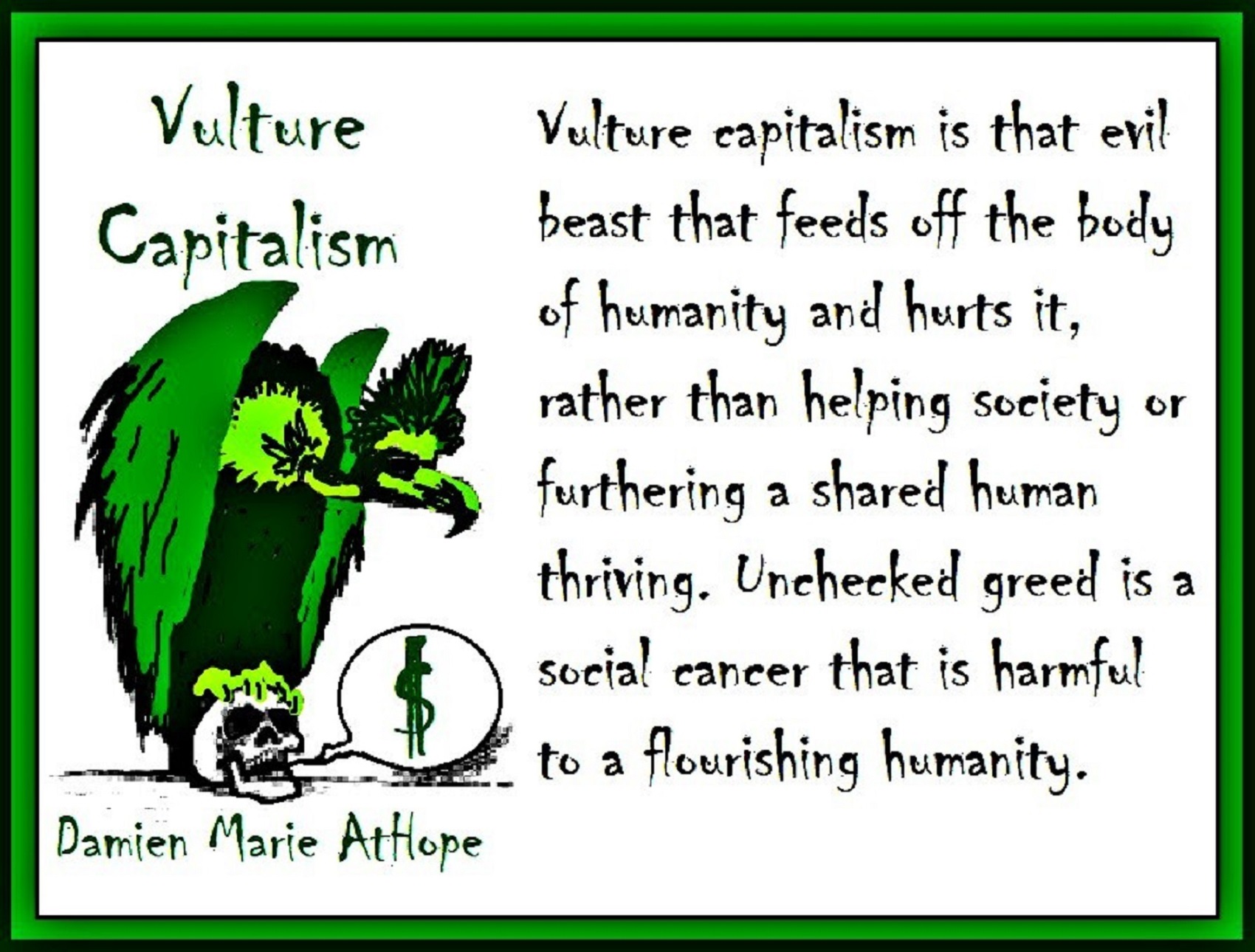


All “real” Anarchism thinking is some kind of non-capitalism.
And of course, the “fake” anarchism is called anarcho-capitalism.



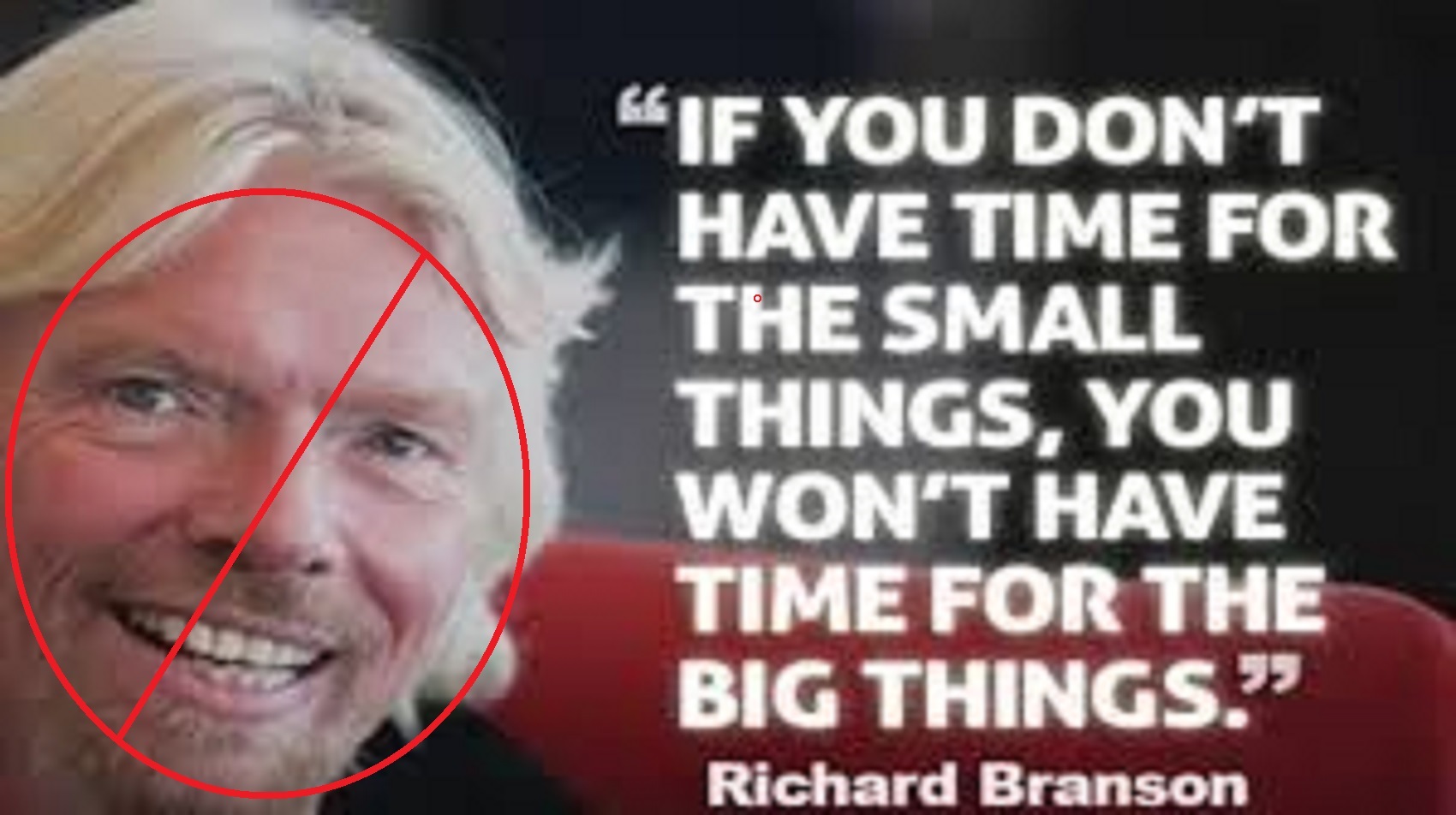


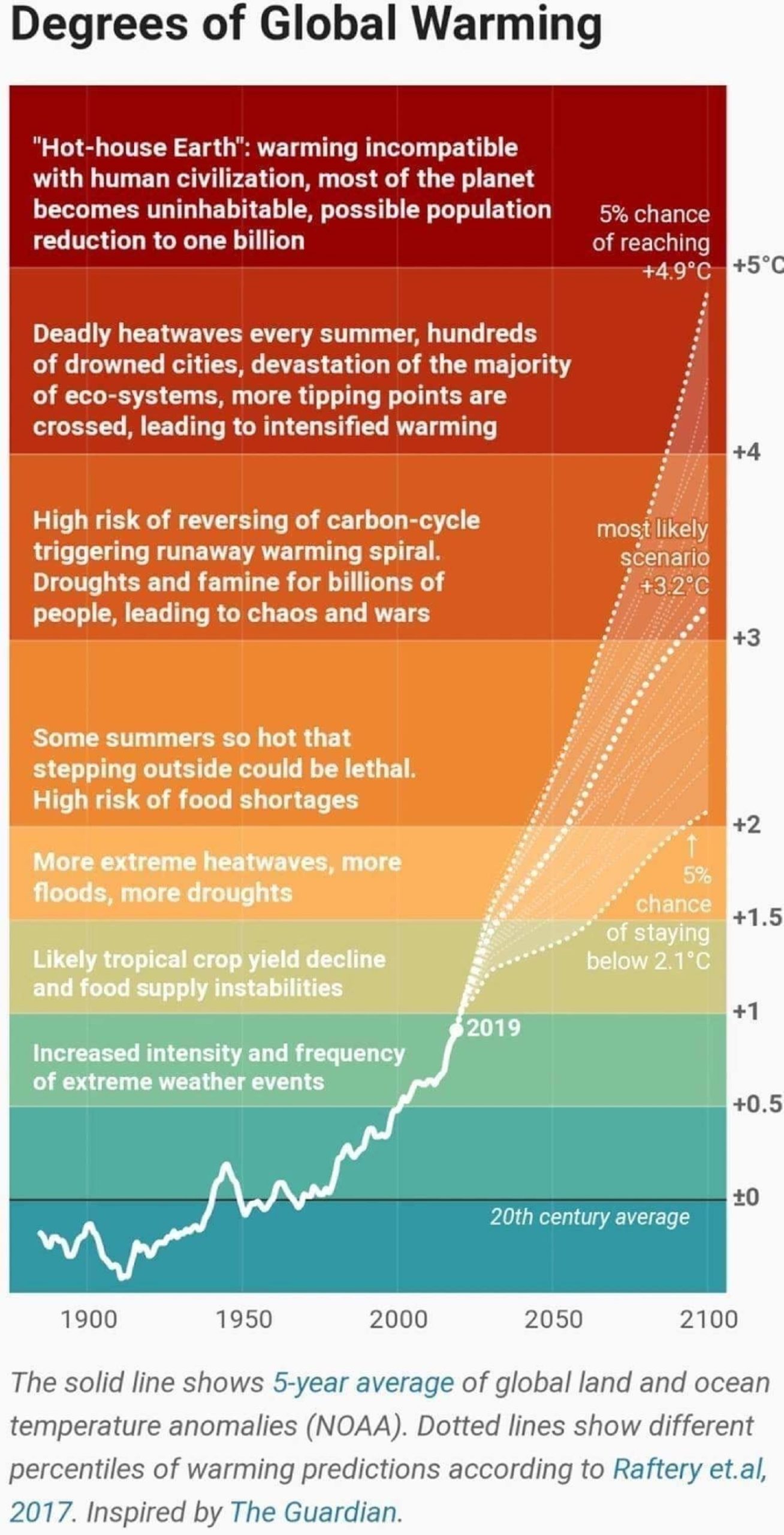




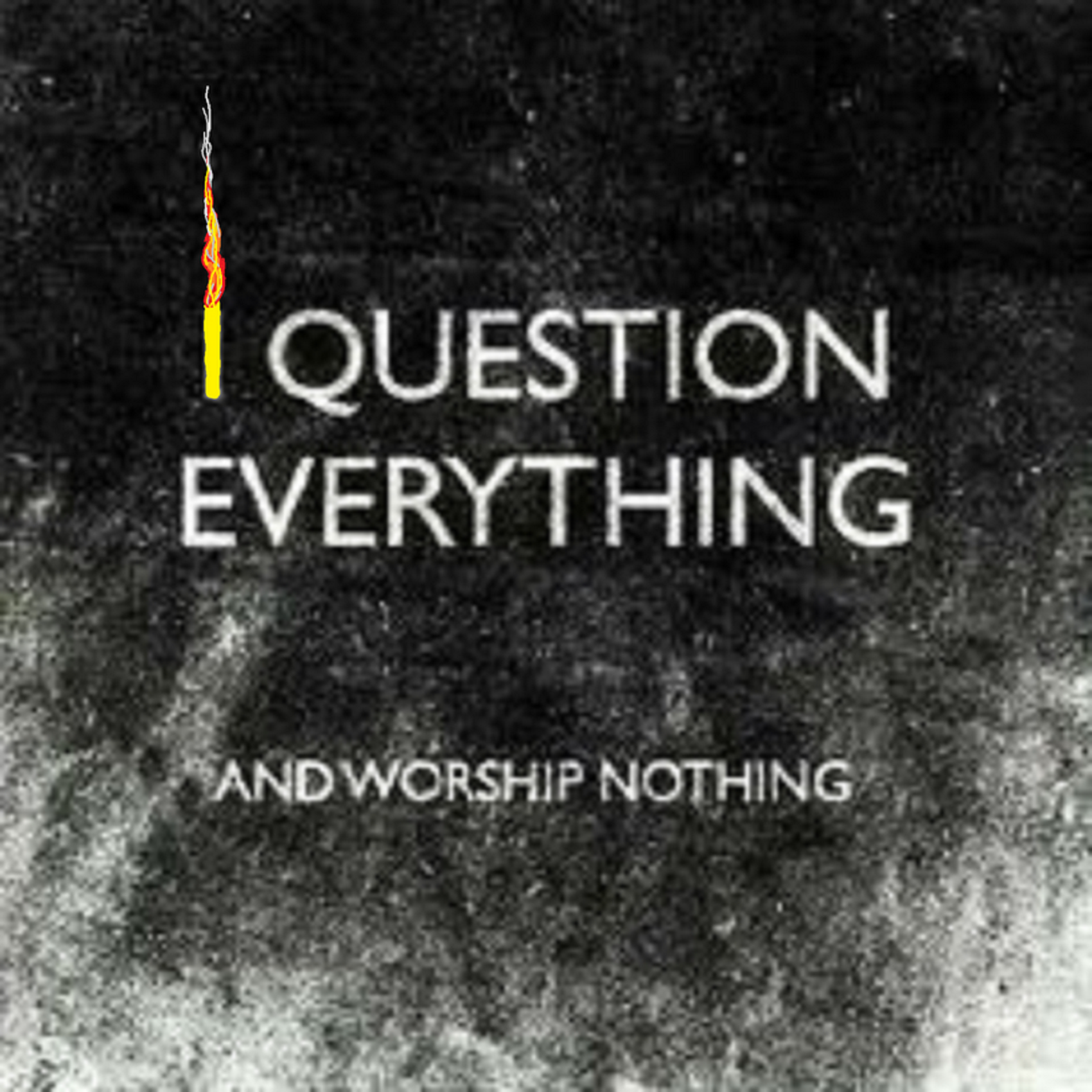
Personal/Private Property?
People say they should have a right to personal property, but this term is vague is it not?
I think personal/private property as in the things in my apartment (I don’t own, I rent, “a one-bedroom apartment” / or if I did own a home, then that personal home I reside at. Not some vacation home not some other non-lived in property is not private to me unless it is your work station that is a coop or worker lead then you have either no workers under you or you have anti-capitalist relations with them I can see this as your work private property, to me), and my two cars. But say a wealthy capitalist, and they will say everything they can claim, all things that make no sense, like saying they own the earth or at least some area of land as if we actually own a free earth. We draw lines on maps that are endorsed by threats of violence, imprisonment is entrance is attempted. And they call this error in humanity civilized.
As I don’t believe in states or nations so I see public property as the property of humanity as a whole.
“Private property is distinguishable from public property, which is owned by a state entity, and from collective or cooperative property, which is owned by a group of non-governmental entities.” ref


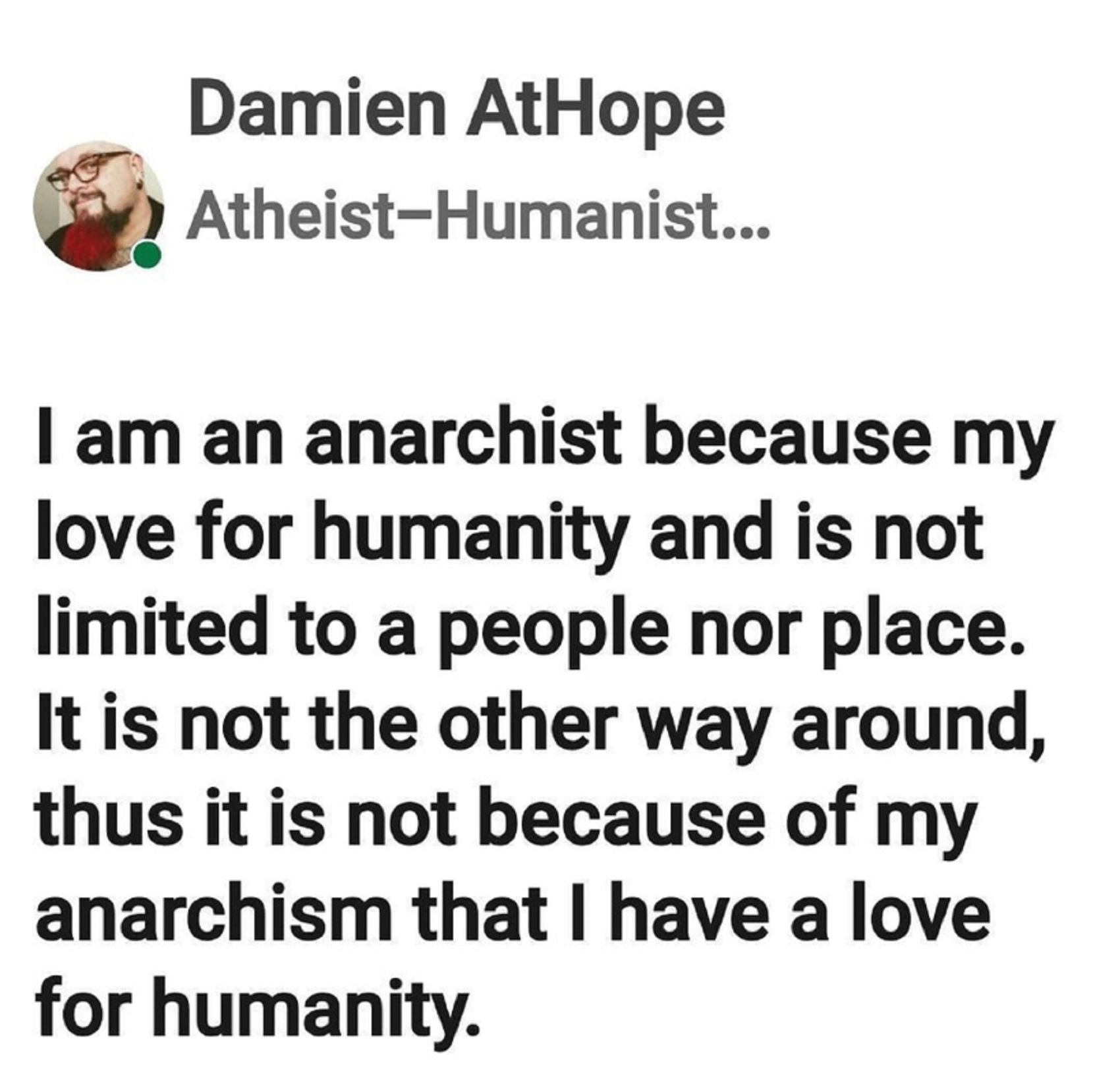


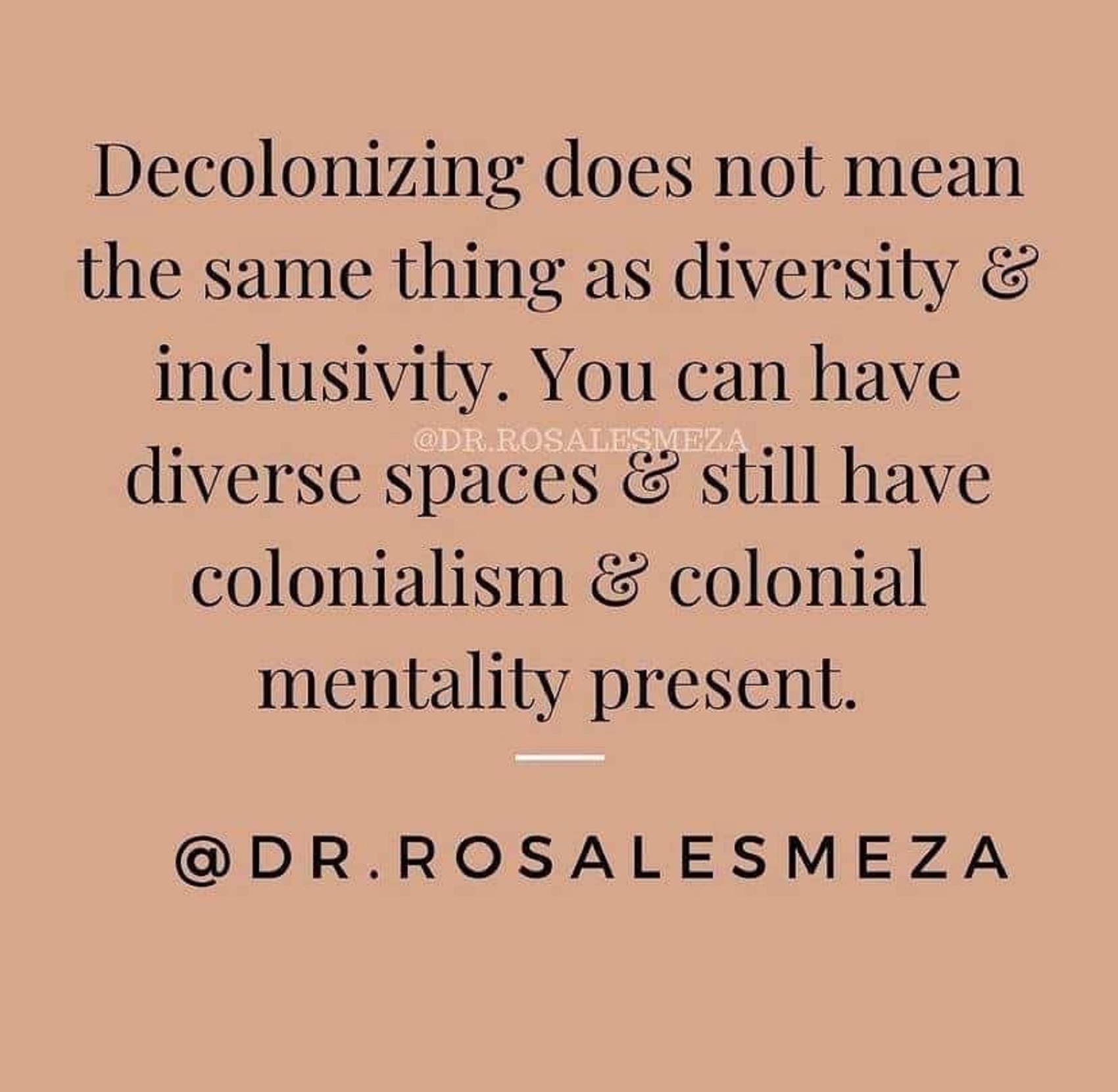

Yes, I had 20 years, and it should have all been free as I was a victim with PTSD.


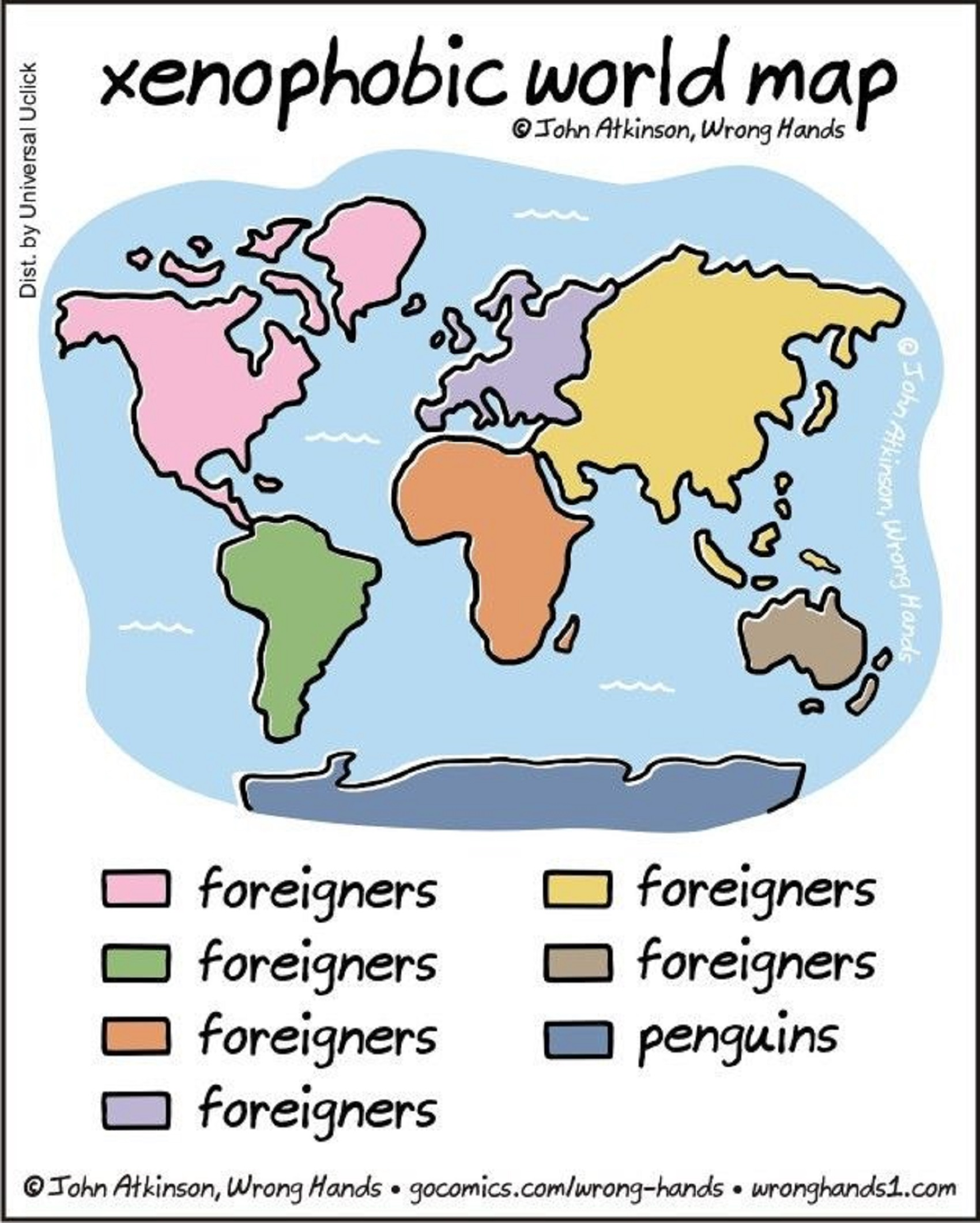

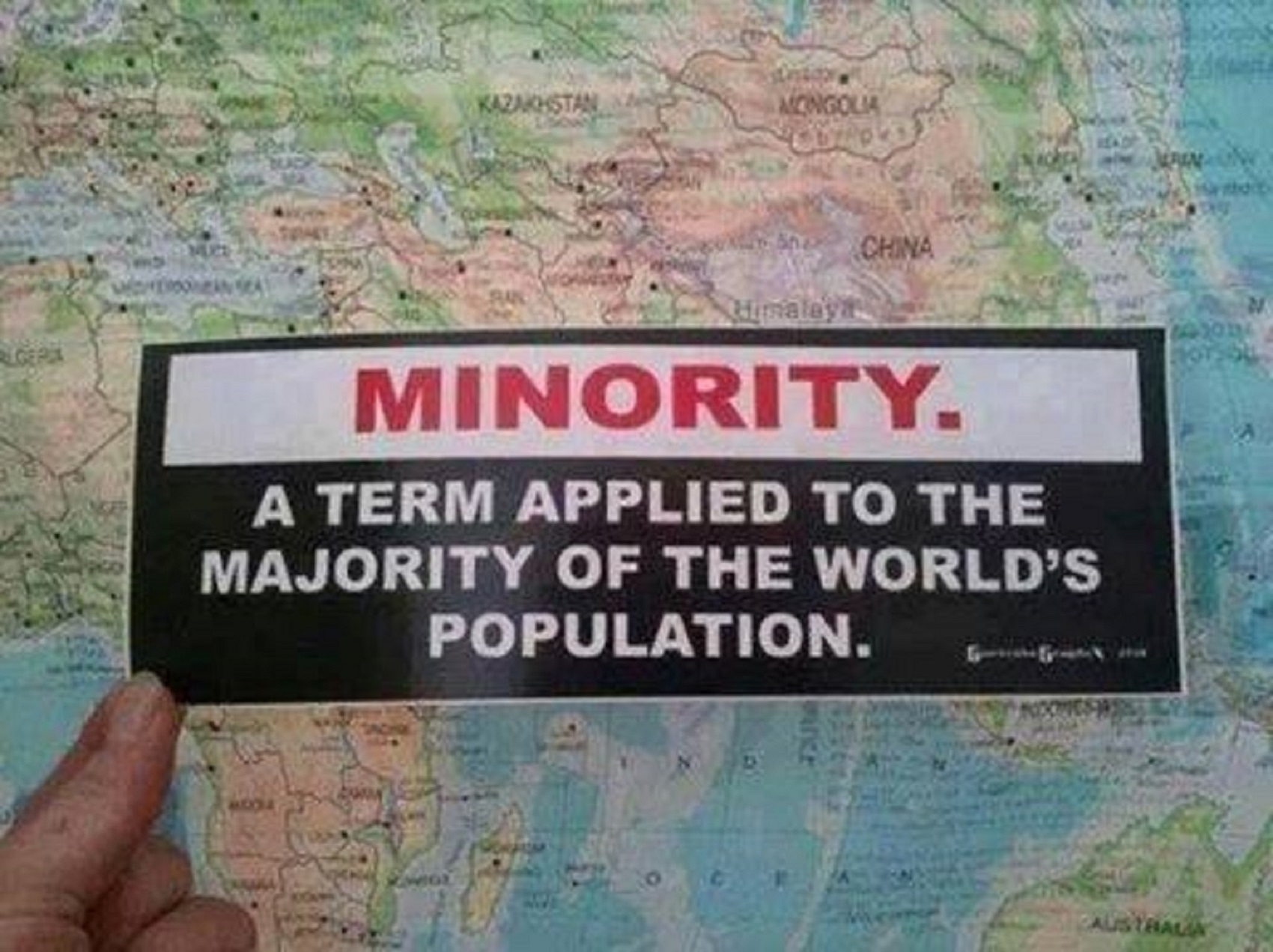

Nationalism?
“Damien, That is a very negative view. Nationalism can also be a positive force that cherishes characteristics of the national culture, history, and achievements. I am a dual national of Finland and Israel. I cherish the egalitarian gender-neutral Finnish language, the resilience of Sisu, and the history of individualism and democracy embodied in the Finnish state. I also cherish my adopted nation of Israel, the ever-lasting creativeness, friendliness, and family centricity, and the deep and rich history of the Jewish culture and its endless reincarnations in different cultures. People always come from somewhere. When you can be proud from where you come from, and what you embody, you can also be proud of others and what they bring to the human civilization.” – Commenter
My response, Is Nationalism ethnic, DNA, Cultural, Statism structure, and/or historical?
“Nationalism is an idea and movement that holds that the nation should be congruent with the state. As a movement, nationalism tends to promote the interests of a particular nation (as in a group of people), especially with the aim of gaining and maintaining the nation’s sovereignty (self-governance) over its homeland.” https://lnkd.in/g2TwiMx
“Damien AtHope, nation can emerge from one or a combination of multiple factors you mentioned. In Europe and Southeast Asia, nations have largely emerged based on languages. Language is a very visible and deeply powerful factor. For example, German and French babies cry differently due to the language they heard when they were on their mother’s belly. It is no wonder then that in Hofstede’s cultural dimensions, countries that share language also share the same cultural values. Whatever the history and background of a nation, it represents one way to organize human people into a society. The European Union, while aiming to have an ever closer union, is also committed to their motto ‘United in diversity. There is nothing wrong with a nation congruent to a state, it doesn’t prevent co-operation, it just cherishes one way to organize a society.” – Commenter
My response, So it is a made-up construct right, a support of a “grouped-identity” around a statism “support” structured thinking?
“Damien AtHope At the end of the day, everything is a made-up construct to a point, what matters are real-world consequences. For example, Jewish people regardless of ethnicity, language, and faith consider themselves as one nation. They have a bond, set of cultural values, and a certain level of trust on each others. Not to mention that historically Jewish people have been oppressed around the world, which tightens this bond evermore. The end result is Israel which acts as the Jewish state. The consequences are very real, Jewish people inside Israel feel more free and more secure than they otherwise would. Thus there are real-world consequences. Another example could be made about language. When humans learn their mother language, that language is hardcoded into them. The language that we learn impacts our brains literally. EEG scan can differentiate between languages. Monolingual and bilingual people use different parts of the brain to process complex speech. Thus language is impacting neurology from the very early age, and then impacts the culture where we interact with the said language. Be the uniting factor a faith or language, what is most important that it creates a society, a frame under which people can work together.” – Commenter
My response, In the end, all we have is each other and life is just too damn short to not be kind. It is not my moment of the greatest selfishness that holds good memories in my heart. No, it is my moment of the greatest selflessness that holds good memories in my heart.
“An interesting topic and an equally interesting conversation you have here xxxx and Damien. On average, I find myself being somewhat in the middle, yet depending on the detail/context tilting to one side or another. However, there is a difference between nationalism and patriotism, which are often confusingly and sometimes intentionally mixed. In fact, nationalism and patriotism are more of opposites rather than bedfellows. So, are you two discussing exactly about the same subject? I see nationalism leading to isolation, aggressions, and troubles for all as patriotism simply for the best interests of the country and its people. For example, if the best interest includes immigration, then it is allowed and managed correctly. In nationalism, it is not allowed no matter what. Perhaps a naive example but couldn’t think of any better now. Being proud of real and genuinely positive matters is good but being proud of fictional matters is somewhat questionable. The latter is often the case in oppressive systems.” – Commenter 2

We should give it out free to the homeless.
“Damien, Great idea, we have so many weed shops competing around here and on the reservation, their stuff is getting stale. All that surplus could get donated, kind of like day-old bread.” – Commenter

“Damien, You are you. That makes you beautiful. Not all people see a ghost.” – Commenter
Saying, “I am an Anarcho-Humanist“, thus, is like saying, “I am a secular humanist, or I am a skeptic,” you are still the same anarchist you were before adding those labels or you could have been.
I want to help the world, so, I strive to be naturally therapeutic, not simply a servant leader, teacher, or life-learner.
It is like living a humanistic ethic, with humanitarian behaviors.
So, all real anarchists, of any non-capitalist persuasion, should also join me, in being an “Anarcho-Humanist!“
Religious Humanism?
The first Humanism was by Christians in the renascence, so humanism does not mean atheist, only secular humanist means atheist. There is a lot of religious humanism.
In the second century AD, a Latin grammarian, Aulus Gellius (c. 125 – c. 180), complained:
“Those who have spoken Latin and have used the language correctly do not give to the word humanitas the meaning which it is commonly thought to have, namely, what the Greeks call φιλανθρωπία (philanthropy), signifying a kind of friendly spirit and good-feeling towards all men without distinction; but they gave to humanitas the force of the Greek παιδεία (paideia); that is, what we call eruditionem institutionemque in bonas artes, or “education and training in the liberal arts”. Those who earnestly desire and seek after these are most highly humanized. For the desire to pursue of that kind of knowledge, and the training given by it, has been granted to humanity alone of all the animals, and for that reason it is termed humanitas, or “humanity.” ref
“Gellius says that in his day humanitas is commonly used as a synonym for philanthropy – or kindness and benevolence toward one’s fellow human beings. Gellius maintains that this common usage is wrong, and that model writers of Latin, such as Cicero and others, used the word only to mean what we might call “humane” or “polite” learning, or the Greek equivalent Paideia. Yet in seeking to restrict the meaning of humanitas to literary education this way, Gellius was not advocating a retreat from political engagement into some ivory tower, though it might look like that to us. He himself was involved in public affairs.” ref
“According to legal historian Richard Bauman, Gellius was a judge as well as a grammarian and was an active participant in the great contemporary debate on harsh punishments that accompanied the legal reforms of Antoninus Pius (one of these reforms, for example, was that a prisoner was not to be treated as guilty before being tried). “By assigning pride of place to Paideia in his comment on the etymology of humanitas, Gellius implies that the trained mind is best equipped to handle the problems troubling society.” ref
“Modern scholars, however, point out that Cicero (106 – 43 BCE), who was most responsible for defining and popularizing the term humanitas, in fact frequently used the word in both senses, as did his near contemporaries.” ref
“The first Humanist Manifesto was issued by a conference held at the University of Chicago in 1933. Signatories included the philosopher John Dewey, but the majority were ministers (chiefly Unitarian) and theologians. They identified humanism as an ideology that espouses reason, ethics, and social and economic justice, and they called for science to replace dogma and the supernatural as the basis of morality and decision-making.” ref
Humanism History
“In 1808 Bavarian theologian and educational commissioner Friedrich Immanuel Niethammer coined the term Humanismus to describe the new classical curriculum he planned to offer in German secondary schools, and by 1836 the word “humanism” had been absorbed into the English language in this sense. The coinage gained universal acceptance in 1856, when German historian and philologist Georg Voigt used humanism to describe Renaissance humanism, the movement that flourished in the Italian Renaissance to revive classical learning, a use which won wide acceptance among historians in many nations, especially Italy.” ref
“But in the mid-18th century, during the French Enlightenment, a more ideological use of the term had come into use. In 1765, the author of an anonymous article in a French Enlightenment periodical spoke of “The general love of humanity … a virtue hitherto quite nameless among us, and which we will venture to call ‘humanism’, for the time has come to create a word for such a beautiful and necessary thing”. The latter part of the 18th and the early 19th centuries saw the creation of numerous grass-roots “philanthropic” and benevolent societies dedicated to human betterment and the spreading of knowledge (some Christian, some not). After the French Revolution, the idea that human virtue could be created by human reason alone independently from traditional religious institutions, attributed by opponents of the Revolution to Enlightenment philosophes such as Rousseau, was violently attacked by influential religious and political conservatives, such as Edmund Burke and Joseph de Maistre, as a deification or idolatry of humanity. Humanism began to acquire a negative sense.” ref
“The Oxford English Dictionary records the use of the word “humanism” by an English clergyman in 1812 to indicate those who believe in the “mere humanity” (as opposed to the divine nature) of Christ, i.e., Unitarians and Deists. In this polarised atmosphere, in which established ecclesiastical bodies tended to circle the wagons and reflexively oppose political and social reforms like extending the franchise, universal schooling, and the like, liberal reformers and radicals embraced the idea of Humanism as an alternative religion of humanity. The anarchist Proudhon (best known for declaring that “property is theft“) used the word “humanism” to describe a “culte, déification de l’humanité” (“worship, deification of humanity”) and Ernest Renan in L’avenir de la science: pensées de 1848 (“The Future of Knowledge: Thoughts on 1848”) (1848–49), states: “It is my deep conviction that pure humanism will be the religion of the future, that is, the cult of all that pertains to humanity—all of life, sanctified and raised to the level of a moral value.” ref
“At about the same time, the word “humanism” as a philosophy centered on humankind (as opposed to institutionalized religion) was also being used in Germany by the Left Hegelians, Arnold Ruge, and Karl Marx, who were critical of the close involvement of the church in the German government. There has been a persistent confusion between the several uses of the terms: philanthropic humanists look to what they consider their antecedents in critical thinking and human-centered philosophy among the Greek philosophers and the great figures of Renaissance history; and scholarly humanists stress the linguistic and cultural disciplines needed to understand and interpret these philosophers and artists.” ref
“Marcus Tullius Cicero, January 106 – 7 December 43 BCE, was a Roman statesman, lawyer, scholar, philosopher and Academic Skeptic, who tried to uphold optimate principles during the political crises that led to the establishment of the Roman Empire.[4] His extensive writings include treatises on rhetoric, philosophy, and politics, and he is considered one of Rome’s greatest orators and prose stylists. He came from a wealthy municipal family of the Roman equestrian order, and served as consul in 63 BCE.” ref
“His influence on the Latin language was immense. He wrote more than three-quarters of surviving Latin literature from the period of his adult life, and it has been said that subsequent prose was either a reaction against or a return to his style, not only in Latin but in European languages up to the 19th century. Cicero introduced into Latin the arguments of the chief schools of Hellenistic philosophy and created a Latin philosophical vocabulary with neologisms such as evidentia, humanitas, qualitas, quantitas, and essentia, distinguishing himself as a translator and philosopher.” ref
“Though he was an accomplished orator and successful lawyer, Cicero believed his political career was his most important achievement. It was during his consulship that the second Catilinarian conspiracy attempted to overthrow the government through an attack on the city by outside forces, and Cicero suppressed the revolt by summarily and controversially executing five conspirators. During the chaotic middle period of the 1st century BC, marked by civil wars and the dictatorship of Julius Caesar, Cicero championed a return to the traditional republican government. Following Caesar’s death, Cicero became an enemy of Mark Antony in the ensuing power struggle, attacking him in a series of speeches. He was proscribed as an enemy of the state by the Second Triumvirate and consequently executed by soldiers operating on their behalf in 43 BC after having been intercepted during an attempted flight from the Italian peninsula. His severed hands and head were then, as a final revenge of Mark Antony, displayed on the Rostra.” ref
“Petrarch‘s rediscovery of Cicero’s letters is often credited for initiating the 14th-century Renaissance in public affairs, humanism, and classical Roman culture. According to Polish historian Tadeusz Zieliński, “the Renaissance was above all things a revival of Cicero, and only after him and through him of the rest of Classical antiquity.” The peak of Cicero’s authority and prestige came during the 18th-century Enlightenment, and his impact on leading Enlightenment thinkers and political theorists such as John Locke, David Hume, Montesquieu, and Edmund Burke was substantial. His works rank among the most influential in European culture, and today still constitute one of the most important bodies of primary material for the writing and revision of Roman history, especially the last days of the Roman Republic.” ref
Predecessors
Ancient China
“The philosophy of Confucius (551–479 BCE), which eventually became the basis of the state ideology of successive Chinese dynasties and nearby polities in East Asia, while not a predecessor to modern humanism, contains several humanistic traits, placing a high value on human life and discounting mysticism and superstition, including speculations on ghosts and an afterlife. Confucianism is best consider as a religious form of humanism since it supernatural phenomena do have a central place in it, as Heaven (tian) which supposedly guides the world. In the Analects of Confucius, humanistic features are apparent- such as respectfulness, reasonableness, kindness, and enthusiasm for learning.” ref
“A fundamental teaching of Confucious was on how a person could achieve chün‐tzu (nobleness, just, kind)- education was of critical importance. Without religious appeals, Confucius advised people to act according to an axiom which is the negative mirror of the western golden rule. Is there one word that one can act upon throughout the course of one’s life?” The Master said, “Reciprocity [shu] – what you would not want for yourself, do not do to others”’ (Analects 15:23) After Confucious death, his discipline Mencius 371–289 BCE) centered his philosophies on secular, humanistic concerns, like the nature of good governance and the role of education, rather than ideas founded on the state or folk religions of the time Early Taoism and Buddhism, also harbor humanistic characteristics.” ref
Ancient Greece
Main article: Ancient Greek philosophy
“Pre-Socratic Greek philosophers were the first western philosophers to first to attempt to explain the world in terms of human reason and laws within the nature, without escaping to myth, tradition or religion, thus can be said to be the first Greek humanists. Sixth-century BCE Thales of Miletus, along with the rest of Milesian school (his pupil Anaximander and Anaximenes) led this demythologization attempt and asserted that nature is available to be studied separately from the supernatural realm. Another pre-socratic philosopher, Protagoras, who flourished in Athens at c. 440 BCE resonated with some ideas fundamental to humanism. Only some fragments survive from his work. He made one of the first agnostic statements, according to one fragment: “About the gods I am able to know neither that they exist nor that they do not exist nor of what kind they are in form: for many things prevent me for knowing this, its obscurity and the brevity of man’s life. (80B4 DK) While we are not familiar with the surrounding text, prof Mauro Bonazzi claims that seems that it was an attempt by Protagoras to distance religion from politics and a key concept in his radical humanism. Another well-debated axiom of Protagoras is that “man is the measure of all things”.” ref
“While attacked for its moral relativism and inconsistency since the age of Plato, humanists pointed to placing humankind to the center of the universe while 20th-century philosopher Schiller, in defending Protagoras noted that by the word “man”, Protagoras refers to humankind rather than separate individuals. Worth noting that contemporary Humanism does not endorse moral relativism. Classical Greece philosopher Aristotle’s (384 -322 BCE) rationalism and his human nature-based ethicism also parallel humanist thought. In the 3rd century BCE, Epicurus formed an influential human-centered philosophy on achieving eudaimonia. Epicureans continued Democritus atomist theory- a materialistic theory that suggested that the fundamental unit of the universe was an indivisible atom. Human happiness, living well, friendship, and avoidance of excesses were the key ingredients of Epicurian philosophy that flourished in the post-Hellenic world and beyond.” ref
Medieval Islam
Ancient Greek literature was translated in Arabic during at the Abbasid Caliphate during the 8th and 9th centuries, fertilized Islamic currents with rationalism. Many medieval Muslim thinkers pursued humanistic, rational, and scientific discourses in their search for knowledge, meaning, and values. A wide range of Islamic writings on love, poetry, history, and philosophical theology show that medieval Islamic thought was open to the humanistic ideas of individualism, occasional secularism, skepticism, and liberalism, and free speech, while various school were established at Baghdad, Basra and Isfahan.” ref
“A prominent example is philosopher Al-Jubba’i whose support to individual freedom is highlighted by his quote: “God created humans as free. The one who can make good decisions about his faith is the person himself. Nobody is allowed to decide for you how to think. It depends on your human beliefs” Other philosophers also advance the rational discourse in islamic literature to among them were Ahmad Miskawayh (940–1030), Ibn Sina (980–1037), Ibn Rushd (1126–1198), some (Nasr Abu Zayd and an‐Naim) even went afar as supporting separation of religious and state instructions.” ref
Icelandic Sagas
“Scholars including Jacob Grimm, J.R.R. Tolkien, and E.O.G. Turville-Petre have identified a stream of humanistic philosophy in the Icelandic sagas. People described as goðlauss (“without gods”) expressed not only a lack of faith in deities, but also a pragmatic belief in their own faculties of strength, reason, and virtue and in social codes of honor independent of any supernatural agency.” ref
In his Teutonic Mythology (1835), Grimm wrote:
“It is remarkable that Old Norse legend occasionally mentions certain men who, turning away in utter disgust and doubt from the heathen faith, placed their reliance on their own strength and virtue. Thus in the Solar Lioð 17 we read of Vebogi and Radey “a sik þau truðu”—in themselves they trusted; of King Hakon (Fornm. sög. 1, 35) “konungr gerir sem allir aðrir, þeir sem trua a matt sinn ok megin”—the king does like all others who trust in their own might and main; of Barðr (ibid. 2, 151) “ek trui ekki a skurðgoð eðr fiandr, hefi ek þvi lengi truat a matt minn ok megin”—I trust not in idols and fiends; I have held, this long while, faith in my own powers.” ref
“In Myth and Religion of the North (1964), Turville-Petre argued that many of the strophes of the Gestaþáttr and Loddfáfnismál sections of the Havamal express goðlauss sentiments despite being poetically attributed to the god Odin. These strophes include numerous items of advice on good conduct and worldly wisdom.” ref
Renaissance
Main article: Renaissance humanism
“Renaissance humanism was an intellectual movement in Europe of the later Middle Ages and the Early Modern period. The 19th-century German historian Georg Voigt (1827–91) identified Petrarch as the first Renaissance humanist. Paul Johnson agrees that Petrarch was “the first to put into words the notion that the centuries between the fall of Rome and the present had been the age of Darkness”. According to Petrarch, what was needed to remedy this situation was the careful study and imitation of the great classical authors. For Petrarch and Boccaccio, the greatest master was Cicero, whose prose became the model for both learned (Latin) and vernacular (Italian) prose.” ref
“Once the language was mastered grammatically it could be used to attain the second stage, eloquence or rhetoric. This art of persuasion [Cicero had held] was not art for its own sake, but the acquisition of the capacity to persuade others—all men and women—to lead the good life. As Petrarch put it, ‘it is better to will the good than to know the truth’. Rhetoric thus led to and embraced philosophy. Leonardo Bruni (c. 1369–1444), the outstanding scholar of the new generation, insisted that it was Petrarch who “opened the way for us to show how to acquire learning”, but it was in Bruni’s time that the word umanista first came into use, and its subjects of study were listed as five: grammar, rhetoric, poetry, moral philosophy, and history”.” ref
“The basic training of the humanist was to speak well and write (typically, in the form of a letter). One of Petrarch’s followers, Coluccio Salutati (1331–1406) was made chancellor of Florence, “whose interests he defended with his literary skill. The Visconti of Milan claimed that Salutati’s pen had done more damage than ‘thirty squadrons of Florentine cavalry'”. Contrary to a still widely held interpretation that originated in Voigt’s celebrated contemporary, Jacob Burckhardt, and which was adopted wholeheartedly—especially by modern thinkers calling themselves “humanists” – most specialists today do not characterize Renaissance humanism as a philosophical movement, nor in any way as anti-Christian or even anti-clerical.” ref
A modern historian has this to say:
“Humanism was not an ideological programme but a body of literary knowledge and linguistic skill based on the “revival of good letters”, which was a revival of a late-antique philology and grammar, This is how the word “humanist” was understood by contemporaries, and if scholars would agree to accept the word in this sense rather than in the sense in which it was used in the nineteenth century we might be spared a good deal of useless argument. That humanism had profound social and even political consequences of the life of Italian courts is not to be doubted. But the idea that as a movement it was in some way inimical to the Church, or to the conservative social order in general is one that has been put forward for a century and more without any substantial proof being offered.The nineteenth-century historian Jacob Burckhardt, in his classic work, The Civilization of the Renaissance in Italy, noted as a “curious fact” that some men of the new culture were “men of the strictest piety or even ascetics”. If he had meditated more deeply on the meaning of the careers of such humanists as Abrogio Traversari (1386–1439), the General of the Camaldolese Order, perhaps he would not have gone on to describe humanism in unqualified terms like “pagan”, and thus helped precipitate a century of infertile debate about the possible existence of something called “Christian humanism” which ought to be opposed to “pagan humanism”.— Peter Partner, Renaissance Rome, Portrait of a Society 1500–1559 (University of California Press 1979) pp. 14–15.” ref
“The umanisti criticized what they considered the barbarous Latin of the universities, but the revival of the humanities largely did not conflict with the teaching of traditional university subjects, which went on as before. Nor did the humanists view themselves as in conflict with Christianity. Some, like Salutati, were the Chancellors of Italian cities, but the majority (including Petrarch) were ordained as priests, and many worked as senior officials of the Papal court. Humanist Renaissance popes Nicholas V, Pius II, Sixtus IV, and Leo X wrote books and amassed huge libraries.” ref
“In the High Renaissance, in fact, there was a hope that more direct knowledge of the wisdom of antiquity, including the writings of the Church fathers, the earliest known Greek texts of the Christian Gospels, and in some cases even the Jewish Kabbalah, would initiate a harmonious new era of universal agreement. With this end in view, Renaissance Church authorities afforded humanists what in retrospect appears a remarkable degree of freedom of thought. One humanist, the Greek Orthodox Platonist Gemistus Pletho (1355–1452), based in Mystras, Greece (but in contact with humanists in Florence, Venice, and Rome) taught a Christianized version of pagan polytheism.” ref
Back to the sources
“The humanists’ close study of Latin literary texts soon enabled them to discern historical differences in the writing styles of different periods. By analogy with what they saw as the decline of Latin, they applied the principle of ad fontes, or back to the sources, across broad areas of learning, seeking out manuscripts of Patristic literature as well as pagan authors. In 1439, while employed in Naples at the court of Alfonso V of Aragon (at the time engaged in a dispute with the Papal States) the humanist Lorenzo Valla used stylistic textual analysis, now called philology, to prove that the Donation of Constantine, which purported to confer temporal powers on the Pope of Rome, was an 8th-century forgery. For the next 70 years, however, neither Valla nor any of his contemporaries thought to apply the techniques of philology to other controversial manuscripts in this way. Instead, after the fall of the Byzantine Empire to the Turks in 1453, which brought a flood of Greek Orthodox refugees to Italy, humanist scholars increasingly turned to the study of Neoplatonism and Hermeticism, hoping to bridge the differences between the Greek and Roman Churches, and even between Christianity itself and the non-Christian world. The refugees brought with them Greek manuscripts, not only of Plato and Aristotle, but also of the Christian Gospels, previously unavailable in the Latin West.” ref
“After 1517, when the new invention of printing made these texts widely available, the Dutch humanist Erasmus, who had studied Greek at the Venetian printing house of Aldus Manutius, began a philological analysis of the Gospels in the spirit of Valla, comparing the Greek originals with their Latin translations with a view to correcting errors and discrepancies in the latter. Erasmus, along with the French humanist Jacques Lefèvre d’Étaples, began issuing new translations, laying the groundwork for the Protestant Reformation. Henceforth Renaissance humanism, particularly in the German North, became concerned with religion, while Italian and French humanism concentrated increasingly on scholarship and philology addressed to a narrow audience of specialists, studiously avoiding topics that might offend despotic rulers or which might be seen as corrosive of faith. After the Reformation, critical examination of the Bible did not resume until the advent of the so-called Higher criticism of the 19th-century German Tübingen school.” ref
Consequences
“The ad fontes principle also had many applications. The re-discovery of ancient manuscripts brought a more profound and accurate knowledge of ancient philosophical schools such as Epicureanism, and Neoplatonism, whose Pagan wisdom the humanists, like the Church fathers of old, tended, at least initially, to consider as deriving from divine revelation and thus adaptable to a life of Christian virtue. The line from a drama of Terence, Homo sum, humani nihil a me alienum puto (or with nil for nihil), meaning “I am a human being, I think nothing human alien to me”, known since antiquity through the endorsement of Saint Augustine, gained renewed currency as epitomizing the humanist attitude. The statement, in a play modeled or borrowed from a (now lost) Greek comedy by Menander, may have originated in a lighthearted vein – as a comic rationale for an old man’s meddling – but it quickly became a proverb and throughout the ages was quoted with a deeper meaning, by Cicero and Saint Augustine, to name a few, and most notably by Seneca.” ref
Richard Bauman writes:
“Homo sum: humani nihil a me alienum puto., I am a human being: and I deem nothing pertaining to humanity is foreign to me.” ref
“The words of the comic playwright P. Terentius Afer reverberated across the Roman world of the mid-2nd century BCE and beyond. Terence, an African and a former slave, was well placed to preach the message of universalism, of the essential unity of the human race, that had come down in philosophical form from the Greeks, but needed the pragmatic muscles of Rome in order to become a practical reality. The influence of Terence’s felicitous phrase on Roman thinking about human rights can hardly be overestimated.” ref
Two hundred years later Seneca ended his seminal exposition of the unity of humankind with a clarion-call:
‘There is one short rule that should regulate human relationships. All that you see, both divine and human, is one. We are parts of the same great body. Nature created us from the same source and to the same end. She imbued us with mutual affection and sociability, she taught us to be fair and just, to suffer injury rather than to inflict it. She bid us extend our hands to all in need of help. Let that well-known line be in our heart and on our lips: Homo sum, humani nihil a me alienum puto.” ref
“Better acquaintance with Greek and Roman technical writings also influenced the development of European science (see the history of science in the Renaissance). This was despite what A. C. Crombie (viewing the Renaissance in the 19th-century manner as a chapter in the heroic March of Progress) calls “a backwards-looking admiration for antiquity”, in which Platonism stood in opposition to the Aristotelian concentration on the observable properties of the physical world. But Renaissance humanists, who considered themselves as restoring the glory and nobility of antiquity, had no interest in scientific innovation. However, by the mid-to-late 16th century, even the universities, though still dominated by Scholasticism, began to demand that Aristotle be read in accurate texts edited according to the principles of Renaissance philology, thus setting the stage for Galileo’s quarrels with the outmoded habits of Scholasticism.” ref
“Just as artist and inventor Leonardo da Vinci – partaking of the zeitgeist though not himself a humanist – advocated study of human anatomy, nature, and weather to enrich Renaissance works of art, so Spanish-born humanist Juan Luis Vives (c. 1493–1540) advocated observation, craft, and practical techniques to improve the formal teaching of Aristotelian philosophy at the universities, helping to free them from the grip of Medieval Scholasticism. Thus, the stage was set for the adoption of an approach to natural philosophy, based on empirical observations and experimentation of the physical universe, making possible the advent of the age of scientific inquiry that followed the Renaissance.” ref
It was in education that the humanists’ program had the most lasting results, their curriculum, and methods:
“were followed everywhere, serving as models for the Protestant Reformers as well as the Jesuits. The humanistic school, animated by the idea that the study of classical languages and literature provided valuable information and intellectual discipline as well as moral standards and a civilised taste for future rulers, leaders, and professionals of its society, flourished without interruption, through many significant changes, until our own century, surviving many religious, political and social revolutions. It has but recently been replaced, though not yet completely, by other more practical and less demanding forms of education.” ref
From Renaissance to modern humanism
“Renaissance scholars associated with humanism were religious, but inveighed against the abuses of the Church, if not against the Church itself. For them, the word “secular” carried no connotations of disbelief – that would come later, in the nineteenth century. In the Renaissance to be secular meant simply to be in the world rather than in a monastery. Petrarch frequently admitted that his brother Gherardo’s life as a Carthusian monk was superior to his own (although Petrarch himself was in Minor Orders and was employed by the Church all his life). He hoped that he could do some good by winning earthly glory and praising virtue, inferior though that might be to a life devoted solely to prayer. By embracing a non-theistic philosophic base, however, the methods of the humanists, combined with their eloquence, would ultimately have a corrosive effect on established authority.” ref
“Yet it was from the Renaissance that modern Secular Humanism grew, with the development of an important split between reason and religion. This occurred as the church’s complacent authority was exposed in two vital areas. In science, Galileo’s support of the Copernican revolution upset the church’s adherence to the theories of Aristotle, exposing them as false. In theology, the Dutch scholar Erasmus with his new Greek text showed that the Roman Catholic adherence to Jerome’s Vulgate was frequently in error. A tiny wedge was thus forced between reason and authority, as both of them were then understood.” ref
“For some, this meant turning back to the Bible as the source of authority instead of the Catholic Church, for others it was a split from theism altogether. This was the main divisive line between the Reformation and the Renaissance, which dealt with the same basic problems, supported the same science based on reason and empirical research, but had a different set of presuppositions (theistic versus naturalistic).” ref
Nineteenth and twentieth centuries
“The phrase, the “religion of humanity” is sometimes attributed to American Founding Father Thomas Paine, though as yet unattested in his surviving writings. According to Tony Davies:
Paine called himself a theophilanthropist, a word combining the Greek for “God”, “love”, and “humanity”, and indicating that while he believed in the existence of a creating intelligence in the universe, he entirely rejected the claims made by and for all existing religious doctrines, especially their miraculous, transcendental and salvationist pretensions. The Parisian “Society of Theophilanthropy” which he sponsored, is described by his biographer as “a forerunner of the ethical and humanist societies that proliferated later” … [Paine’s book] the trenchantly witty Age of Reason (1793) … pours scorn on the supernatural pretensions of scripture, combining Voltairean mockery with Paine’s own style of taproom ridicule to expose the absurdity of a theology built on a collection of incoherent Levantine folktales.” ref
“Davies identifies Paine’s The Age of Reason as “the link between the two major narratives of what Jean-François Lyotard calls the narrative of legitimation”: the rationalism of the 18th-century Philosophes and the radical, historically based German 19th-century Biblical criticism of the Hegelians David Friedrich Strauss and Ludwig Feuerbach. “The first is political, largely French in inspiration, and projects ‘humanity as the hero of liberty’. The second is philosophical, German, seeks the totality and autonomy of knowledge, and stresses understanding rather than freedom as the key to human fulfillment and emancipation. The two themes converged and competed in complex ways in the 19th century and beyond, and between them set the boundaries of its various humanisms. Homo homini deus est (“The human being is a god to humanity” or “god is nothing [other than] the human being to himself”), Feuerbach had written.” ref
“Victorian novelist Mary Ann Evans, known to the world as George Eliot, translated Strauss’s Das Leben Jesu (“The Life of Jesus”, 1846) and Ludwig Feuerbach’s Das Wesen Christianismus (“The Essence of Christianity”). She wrote to a friend:
the fellowship between man and man which has been the principle of development, social and moral, is not dependent on conceptions of what is not man … the idea of God, so far as it has been a high spiritual influence, is the ideal of goodness entirely human (i.e., an exaltation of the human).” ref
“Eliot and her circle, who included her companion George Henry Lewes (the biographer of Goethe) and the abolitionist and social theorist Harriet Martineau, were much influenced by the positivism of Auguste Comte, whom Martineau had translated. Comte had proposed an atheistic culte founded on human principles – a secular Religion of Humanity (which worshiped the dead, since most humans who have ever lived are dead), complete with holidays and liturgy, modeled on the rituals of what was seen as a discredited and dilapidated Catholicism. Although Comte’s English followers, like Eliot and Martineau, for the most part rejected the full gloomy panoply of his system, they liked the idea of a religion of humanity. Comte’s austere vision of the universe, his injunction to “vivre pour altrui” (“live for others”, from which comes the word “altruism“), and his idealization of women inform the works of Victorian novelists and poets from George Eliot and Matthew Arnold to Thomas Hardy.” ref
“The British Humanistic Religious Association was formed as one of the earliest forerunners of contemporary chartered Humanist organizations in 1853 in London. This early group was democratically organized, with male and female members participating in the election of the leadership, and promoted knowledge of the sciences, philosophy, and the arts.” ref
“In February 1877, the word was used pejoratively, apparently for the first time in America, to describe Felix Adler. Adler, however, did not embrace the term, and instead coined the name “Ethical Culture” for his new movement – a movement which still exists in the now Humanist-affiliated New York Society for Ethical Culture. In 2008, Ethical Culture Leaders wrote: “Today, the historic identification, Ethical Culture, and the modern description, Ethical Humanism, are used interchangeably.” ref
“Active in the early 1920s, F.C.S. Schiller labeled his work “humanism” but for Schiller, the term referred to the pragmatist philosophy he shared with William James. In 1929, Charles Francis Potter founded the First Humanist Society of New York whose advisory board included Julian Huxley, John Dewey, Albert Einstein, and Thomas Mann. Potter was a minister from the Unitarian tradition and in 1930 he and his wife, Clara Cook Potter, published Humanism: A New Religion. Throughout the 1930s, Potter was an advocate of such liberal causes as, women’s rights, access to birth control, “civil divorce laws”, and an end to capital punishment.” ref
“Raymond B. Bragg, the associate editor of The New Humanist, sought to consolidate the input of Leon Milton Birkhead, Charles Francis Potter, and several members of the Western Unitarian Conference. Bragg asked Roy Wood Sellars to draft a document based on this information which resulted in the publication of the Humanist Manifesto in 1933. Potter’s book and the Manifesto became the cornerstones of modern humanism, the latter declaring a new religion by saying, “any religion that can hope to be a synthesizing and dynamic force for today must be shaped for the needs of this age. To establish such a religion is a major necessity of the present.” It then presented 15 theses of humanism as foundational principles for this new religion.” ref
“In 1941, the American Humanist Association was organized. Noted members of The AHA included Isaac Asimov, who was the president from 1985 until his death in 1992, and writer Kurt Vonnegut, who followed as honorary president until his death in 2007. Gore Vidal became honorary president in 2009. Robert Buckman was the head of the association in Canada, and is now an honorary president.” ref
“After World War II, three prominent Humanists became the first directors of major divisions of the United Nations: Julian Huxley of UNESCO, Brock Chisholm of the World Health Organization, and John Boyd-Orr of the Food and Agriculture Organization.” ref
“In 2004, American Humanist Association, along with other groups representing agnostics, atheists, and other freethinkers, joined to create the Secular Coalition for America which advocates in Washington, D.C., for separation of church and state and nationally for the greater acceptance of nontheistic Americans. The Executive Director of Secular Coalition for America is Larry T. Decker.” ref
Humanist Worldviews
Secular humanists
Main article: Secular humanism
“Secular humanism is a comprehensive life stance or world view that embraces human reason, metaphysical naturalism, altruistic morality, and distributive justice, and consciously rejects supernatural claims, theistic faith and religiosity, pseudoscience, and superstition. It is sometimes referred to as Humanism (with a capital H and no qualifying adjective).” ref
“The International Humanist and Ethical Union (IHEU) is the world union of 117 Humanist, rationalist, irreligious, atheistic, Bright, secular, Ethical Culture, and freethought organizations in 38 countries. The “Happy Human” is the official symbol of the IHEU as well as being regarded as a universally recognized symbol for secular humanism.” ref
According to the IHEU’s bylaw 5.1:
“Humanism is a democratic and ethical life stance, which affirms that human beings have the right and responsibility to give meaning and shape to their own lives. It stands for the building of a more humane society through an ethic based on human and other natural values in the spirit of reason and free inquiry through human capabilities. It is not theistic, and it does not accept supernatural views of reality.” ref
Religious humanists
Main article: Religious humanism
“Religious humanists” are people who see ethical humanism as their religion, and who seek to integrate (secular) humanist ethical philosophy with congregational rituals centered on human needs, interests, and abilities. Though practitioners of religious humanism did not officially organize under the name of “humanism” until the late 19th and early 20th centuries, non-theistic religions paired with human-centered ethical philosophy have a long history.” ref
“A unified Ethical Culture movement was first founded in 1876; its founder, Felix Adler, was a former member of the Free Religious Association and conceived of Ethical Culture as a new religion that would retain the ethical message at the heart of all religions. Ethical Culture was religious in the sense of playing a defining role in people’s lives and addressing issues of ultimate concern. Nowadays religious humanists in the United States are represented by organizations such as the American Ethical Union and will simply describe themselves as “ethical humanists” or “humanists”. Secular humanists and religious humanists organize together as part of larger national and international groupings, and differentiate themselves primarily in their attitude to the promotion of humanist thinking.” ref
“Earlier attempts at inventing a secular religious tradition informed the Ethical Culture movement. The Cult of Reason (French: Culte de la Raison) was a religion based on deism devised during the French Revolution by Jacques Hébert, Pierre Gaspard Chaumette, and their supporters. In 1793, the cathedral Notre Dame de Paris was turned into a “Temple of Reason” and for a time Lady Liberty replaced the Virgin Mary on several altars. In the 1850s, Auguste Comte, the Father of Sociology, founded Positivism, a “religion of humanity”. One of the earliest forerunners of contemporary chartered humanist organizations was the Humanistic Religious Association formed in 1853 in London. This early group was democratically organized, with male and female members participating in the election of the leadership and promoted knowledge of the sciences, philosophy, and the arts.” ref
“The distinction between so-called “ethical” humanists and “secular” humanists is most pronounced in the United States, although it is becoming less so over time. The philosophical distinction is not reflected at all in Canada, Latin America, Africa, or Asia, or most of Europe. In the UK, where the humanist movement was strongly influenced by Americans in the 19th century, the leading “ethical societies” and “ethical churches” evolved into secular humanist charities (e.g. the British Ethical Union became the British Humanist Association and later Humanists UK).” ref
“In Scandinavian countries, “human-etik” or [[:no:Humanetikk|”humanetikk“]] (roughly synonymous with ethical humanism) is a popular strand within humanism, originating from the works of Danish philosopher Harald Høffding. The Norwegian Humanist Association, Human-Etisk Forbund (HEF, literally “Human-Ethical League”), belongs to this tendency. Over time, the emphasis on human-etisk has become less pronounced, and today HEF promotes both humanisme (secular humanism) and human-etisk. In Sweden, the main Swedish humanist group Humanisterna (“Humanists”) began as a “human-ethical association” like the Norwegian humanists before adopting the more prevalent secular humanist model popular in most of Europe. Today the distinction in Europe is mostly superficial.” ref
Humanism and morality
“Humanism has a secular approach on morality. Humanism reject supernatural springs of morality, not only because of the rejection of extra-natural phenomena as a whole, but also because of their inconsistencies. The popular belief of linking religion to morality has been highlighted by Dostoevsky’s axiom at The Brothers Karamazov “If God does not exist, then everything is permitted“, and its subtle suggestion that chaos will ensue if belief in case of religion disappears. For humanism, belief in theism is neither a precondition for morality, it is rather an obstacle.” ref
“Humanists point to the subjectivity of the alleged objective divine commands by referring to the Euthyphro dilemma: God commands people to act good, to be pious- that has two different reads: i)that goodness is independent from God; God does not make something good, therefor he is not omnipotent and creator of everything, and since morality is independed, humans may reach morality without god. ii)A second answer might be that God created morality- that opens the door to relativism. Another point, is that interpretation of holy scriptures almost always includes human reasoning, with interpreters reaching quite contradictory theories, indicating that morality is based on human reasoning. Also, acting out of fear or blind adherence to a dogma, expecting rewards doesn’t sound moral, it is rather selfish motivation.” ref
“Humanist attitude towards morality has changed through the centuries. During modern era, starting at the 18th century, humanist were oriented towards an objective and universalist stance to ethics. Utilitarian philosophy (aiming to increase human happiness-decrease human suffering) and Kantian ethics (Act only according to that maxim whereby you can, at the same time, will that it should become a universal law)o wh shaped the humanist moral narrative until the early 20th century, but since basic concept as Free Will and reason were not based on scientific naturalism, their influence remained but was reduced in the early 20th century among humanists by social progressiveness and egalitarianism.” ref
“Contemporary humanism considers morality a natural phenomenon that evolves with and around society. Morality is seen as a tool aiming for human flourishing rather than a set of doctrines. As writes: “Humanism is that ethical philosophy which regards humans and their moralities naturalistically; understands the proper functioning of morality and culture for their contributions to human flourishing in this life; regards every human being as equally worthy of moral treatment and protection; respects how people are highly social and need communal encouragement and support; promotes the capacity of intelligence for evaluating and modifying morality and wider cultural ways; privileges individual dignity and autonomy over the necessary but subordinate goals of cultural or political groups; and encourages ethical ideals promoting human intelligence and flourishing that all cultures can reasonably support.” Along with the social changes state-nations faced in the late 20th century, humanist ethics evolved also to be a constant voice supporting secularism, civil rights, personal autonomy, religious toleration, multiculturalism, and cosmopolitism.” ref
Humanist philosopher Brian Ellis argues for a social humanist theory of morality, the social contractual utilitarianism, which is takes from Hume’s naturalism and empathy, Aristotelian virtue theory, and Kant’s idealism. Morality according to Ellis should aim happiness, or more precisely eudaimonism, an Aristotelian concept that combines a satisfying life with virtue and happiness, by improving societies in a global scale. Humanist Andrew Copson takes a consequentialist and utilitarian approach to morality. According to Compson, the various humanist ethical traits, all aim and reflect around human welfare. Philosopher Stephen Law emphasizes principles of humanist ethics: respect for personal moral autonomy, reject god given moral commands, is aiming in human wellbeing and forth “…humanists emphasize the role of reason in making moral judgments.” ref
Naturalism, science, and rationalism undermining religion
“Humanism is a naturalistic philosophy– thus to many, it rejects, gods, angels, immortal souls, and all supernatural phenomena. The universe is natural and can be studied by science. While opposition to the various forms of theism might come from many philosophical or historical domains, the most convincing arguments in terms of public opinion, is naturalism. Historical arguments fail to convince the public because historical research is often open to interpretation. Arguments of aesthetic (classical literature is far more touching human souls than holy scriptures) or ethical ones (stance of religion on slavery, gay rights, racism) also fail to convince large parts of the population on the same grounds. Driven by the successes of science and technology, naturalistic arguments gain prominence in public opinion.” ref
“On the other hand, traditional arguments for the existence of God are falling short. Ontological argument (roughly, God exist because we can think of Him) lacks empirical evidence and seemingly lacks understanding of the reality. Cosmological argument (how it all begun, what is the first cause) also doesn’t prove God existence since other causes, or prime movers (ie physical entities, mass or energy, or something else) might have been the causal cause of universe. Teleological argument (who designed the universe) has been eliminated by Darwin’s theory of evolution by natural selection. The failure of rational arguments to prove God existence, don’t prove that God doesn’t exist. More popular causes of religious belief is personal experiences – that is also problematic, because personal experiences are vague and subject to interpretation, wishful thinking might also lead the way to likelihood conclusions.” ref
“While humanism was founded as antithetic to religious establishments, religious views are not totally incompatible with humanism. Many deists for example (as Mary Wollstonecraft, Voltaire, Thomas Paine) had views resonating with a humanistic approach to life- since God does not interfere with our daily life nor it commands our action, a humanistic perspective can espouse. Also, many humanists have an anthropological interest in religions- how they evolved, matured, affect morality, and other features of the human condition.” ref
Meaning of Life in humanism and good life
“In the 19th century the problem of the meaning of life, arose, along with the retraction of religion and its accompanied teleology, puzzling both society and philosophers since. Contrary to religions, humanism does not have a definite answer on the question of the meaning of life. Humanists commonly reply that we do not discover meaning, we create the meaning. While many philosophers authored on the meaning of life in a godless world (from Kierkegaard, Schopenhauer, Nietzche) it was Albert Camus whose work echoed and shaped humanism. In The Myth of Sisyphus, Sisyphus, the absurd hero, is destined to push a heavy rock up to a hill, only for the rock to slip back and start all over again. Personal humanist answers may vary from pursuit of happiness- without recklessness and excesses, being part to human history, to connect with beloved ones, or even living animals and plants. Some answers are not far from the religious discourse if an appeal to divinity is overlooked.” ref
Living a Good life, has been in the center of humanist reflection. Humanist philosopher Bertrand Russell described the good life as “inspired by love, guided by knowledge”. Also in general terms, A.C. Grayling noted that good life “it is the life that feels meaningful and fulfilling to the one living it”. Despite of the platitudes, humanism does not have a doctrine of good life, neither does it offer any certainties, each person calls his shoots in his quest for a good life, without the expense of others. For humanists, is of vital importance the option for a meaningful and fulfilling life, is open to all members of society.” ref
Humanism in politics and education
“Humanism defends secularism. Secularism is deemed fairer in comparison with theocracy by humanists, since they argue, it protects from discrimination; they also see that secularism protects the plurality of modern societies and preserves personal autonomy. Humanism is at odds with conservativism that stands on natural wisdom, relies on a long‐standing tradition, tries to preserve Christian values – all these contain elements that aren’t desirable to the society necessarily since xenophobia, bigotry, animal cruelty and so long, are also in the bag of our heritage. Also stands against the irrationality of nationalism and totalitarianisms (be it fascist or Marxist-Leninist communism)” ref
“Humanists emphasize on the unity of brain and body- traditional ideas in western countries have emphasized the priority of mind over body. This is objected by humanists who see it as a false dichotomy. Sex education will help pupils and future adults understand and express their feelings, physical education to promote health, moral education by sympathy and tolerance, while the culture of examinations is considered unhelpful- it does not let children focus on their passions, nor it promotes deeper thinking. Humanists also are against religious education at school, mostly because they are against indoctrination. The common contra argument they face is that parents have the right to upbring their children in the way they want, humanists reply that parents do not own their children, and hence do not have such a right while children should be raised in a way they could be able to make their own choices- that is the meaning of respecting their autonomy.” ref
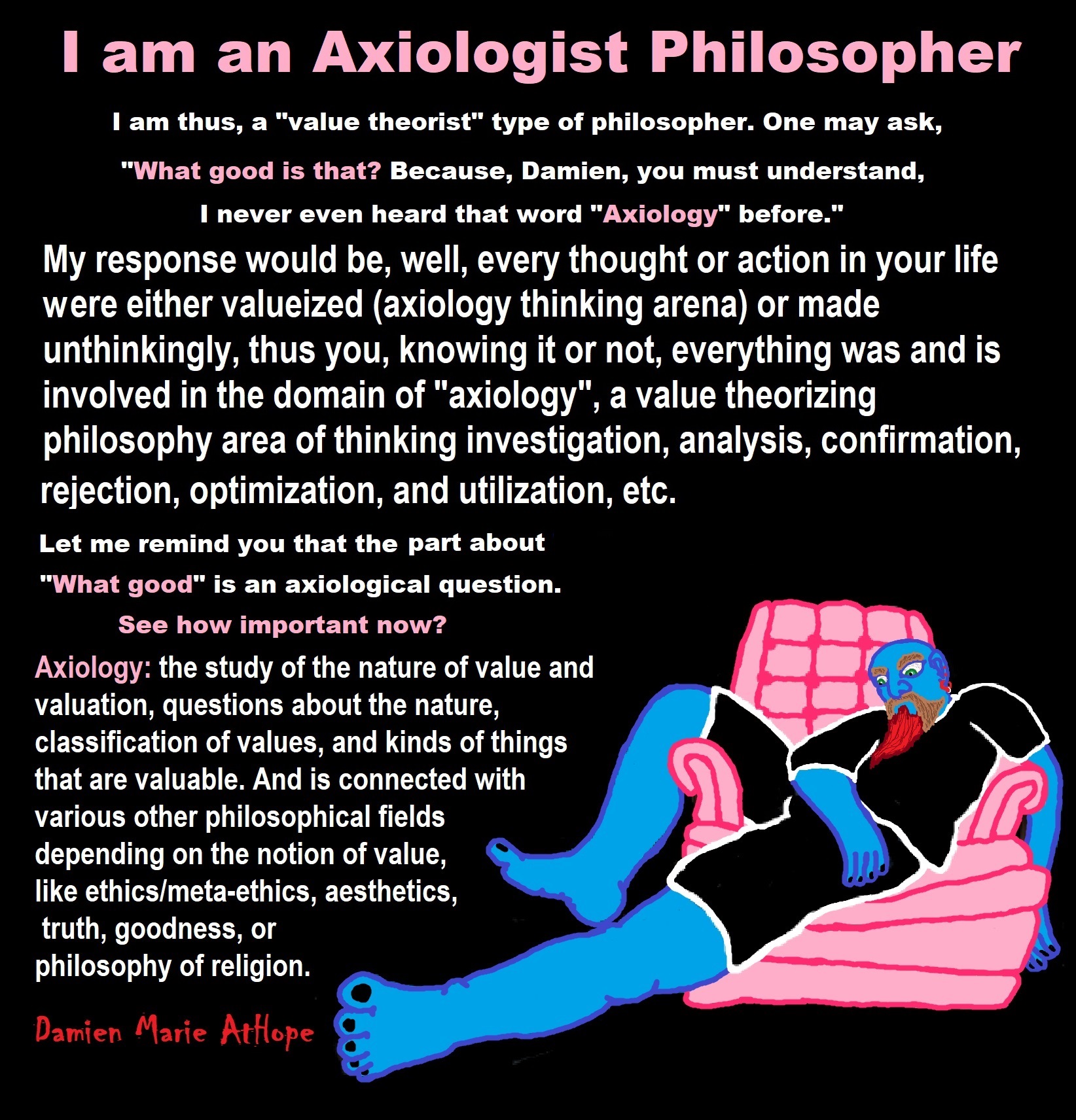
Knowledge if accurate may be the position of truth but its nuanced application often requires wisdom in action.



While hallucinogens are associated with shamanism, it is alcohol that is associated with paganism.
The Atheist-Humanist-Leftist Revolutionaries Shows in the prehistory series:
Show two: Pre-animism 300,000 years old and animism 100,000 years old: related to “Anarchism and Socialism”
Show tree: Totemism 50,000 years old: related to “Anarchism and Socialism”
Show four: Shamanism 30,000 years old: related to “Anarchism and Socialism”
Show five: Paganism 12,000 years old: related to “Anarchism and Socialism”
Show six: Emergence of hierarchy, sexism, slavery, and the new male god dominance: Paganism 7,000-5,000 years old: related to “Anarchism and Socialism” (Capitalism) (World War 0) Elite and their slaves!
Prehistory: related to “Anarchism and Socialism” the division of labor, power, rights, and recourses: VIDEO
Pre-animism 300,000 years old and animism 100,000 years old: related to “Anarchism and Socialism”: VIDEO
Totemism 50,000 years old: related to “Anarchism and Socialism”: VIDEO
Shamanism 30,000 years old: related to “Anarchism and Socialism”: VIDEO
Paganism 12,000 years old: related to “Anarchism and Socialism” (Pre-Capitalism): VIDEO
Paganism 7,000-5,000 years old: related to “Anarchism and Socialism” (Capitalism) (World War 0) Elite and their slaves: VIEDO
Paganism 5,000 years old: progressed organized religion and the state: related to “Anarchism and Socialism” (Kings and the Rise of the State): VIEDO
Paganism 4,000 years old: related to “Anarchism and Socialism” (First Moralistic gods, then the Origin time of Monotheism): VIEDO
I do not hate simply because I challenge and expose myths or lies any more than others being thought of as loving simply because of the protection and hiding from challenge their favored myths or lies.
The truth is best championed in the sunlight of challenge.
An archaeologist once said to me “Damien religion and culture are very different”
My response, So are you saying that was always that way, such as would you say Native Americans’ cultures are separate from their religions? And do you think it always was the way you believe?
I had said that religion was a cultural product. That is still how I see it and there are other archaeologists that think close to me as well. Gods too are the myths of cultures that did not understand science or the world around them, seeing magic/supernatural everywhere.
I personally think there is a goddess and not enough evidence to support a male god at Çatalhöyük but if there was both a male and female god and goddess then I know the kind of gods they were like Proto-Indo-European mythology.
This series idea was addressed in, Anarchist Teaching as Free Public Education or Free Education in the Public: VIDEO
Our 12 video series: Organized Oppression: Mesopotamian State Force and the Politics of power (9,000-4,000 years ago), is adapted from: The Complete and Concise History of the Sumerians and Early Bronze Age Mesopotamia (7000-2000 BC): https://www.youtube.com/watch?v=szFjxmY7jQA by “History with Cy“
Show #1: Mesopotamian State Force and the Politics of Power (Samarra, Halaf, Ubaid)
Show #2: Mesopotamian State Force and the Politics of Power
Show #3: Mesopotamian State Force and the Politics of Power (Uruk and the First Cities)
Show #4: Mesopotamian State Force and the Politics of Power (First Kings)
Show #5: Mesopotamian State Force and the Politics of Power (Early Dynastic Period)
Show #6: Mesopotamian State Force and the Politics of Power
Show #7: Mesopotamian State Force and the Politics of Power (Sargon and Akkadian Rule)
Show #9: Mesopotamian State Force and the Politics of Power (Gudea of Lagash and Utu-hegal)
Show #12: Mesopotamian State Force and the Politics of Power (Aftermath and Legacy of Sumer)

The “Atheist-Humanist-Leftist Revolutionaries”
Cory Johnston ☭ Ⓐ Atheist Leftist @Skepticallefty & I (Damien Marie AtHope) @AthopeMarie (my YouTube & related blog) are working jointly in atheist, antitheist, antireligionist, antifascist, anarchist, socialist, and humanist endeavors in our videos together, generally, every other Saturday.
Why Does Power Bring Responsibility?
Think, how often is it the powerless that start wars, oppress others, or commit genocide? So, I guess the question is to us all, to ask, how can power not carry responsibility in a humanity concept? I know I see the deep ethical responsibility that if there is power their must be a humanistic responsibility of ethical and empathic stewardship of that power. Will I be brave enough to be kind? Will I possess enough courage to be compassionate? Will my valor reach its height of empathy? I as everyone, earns our justified respect by our actions, that are good, ethical, just, protecting, and kind. Do I have enough self-respect to put my love for humanity’s flushing, over being brought down by some of its bad actors? May we all be the ones doing good actions in the world, to help human flourishing.
I create the world I want to live in, striving for flourishing. Which is not a place but a positive potential involvement and promotion; a life of humanist goal precision. To master oneself, also means mastering positive prosocial behaviors needed for human flourishing. I may have lost a god myth as an atheist, but I am happy to tell you, my friend, it is exactly because of that, leaving the mental terrorizer, god belief, that I truly regained my connected ethical as well as kind humanity.
Cory and I will talk about prehistory and theism, addressing the relevance to atheism, anarchism, and socialism.
At the same time as the rise of the male god, 7,000 years ago, there was also the very time there was the rise of violence, war, and clans to kingdoms, then empires, then states. It is all connected back to 7,000 years ago, and it moved across the world.
Cory Johnston: https://damienmarieathope.com/2021/04/cory-johnston-mind-of-a-skeptical-leftist/?v=32aec8db952d
The Mind of a Skeptical Leftist (YouTube)
Cory Johnston: Mind of a Skeptical Leftist @Skepticallefty
The Mind of a Skeptical Leftist By Cory Johnston: “Promoting critical thinking, social justice, and left-wing politics by covering current events and talking to a variety of people. Cory Johnston has been thoughtfully talking to people and attempting to promote critical thinking, social justice, and left-wing politics.” http://anchor.fm/skepticalleft
Cory needs our support. We rise by helping each other.
Cory Johnston ☭ Ⓐ @Skepticallefty Evidence-based atheist leftist (he/him) Producer, host, and co-host of 4 podcasts @skeptarchy @skpoliticspod and @AthopeMarie
Damien Marie AtHope (“At Hope”) Axiological Atheist, Anti-theist, Anti-religionist, Secular Humanist. Rationalist, Writer, Artist, Poet, Philosopher, Advocate, Activist, Psychology, and Armchair Archaeology/Anthropology/Historian.
Damien is interested in: Freedom, Liberty, Justice, Equality, Ethics, Humanism, Science, Atheism, Antiteism, Antireligionism, Ignosticism, Left-Libertarianism, Anarchism, Socialism, Mutualism, Axiology, Metaphysics, LGBTQI, Philosophy, Advocacy, Activism, Mental Health, Psychology, Archaeology, Social Work, Sexual Rights, Marriage Rights, Woman’s Rights, Gender Rights, Child Rights, Secular Rights, Race Equality, Ageism/Disability Equality, Etc. And a far-leftist, “Anarcho-Humanist.”
I am not a good fit in the atheist movement that is mostly pro-capitalist, I am anti-capitalist. Mostly pro-skeptic, I am a rationalist not valuing skepticism. Mostly pro-agnostic, I am anti-agnostic. Mostly limited to anti-Abrahamic religions, I am an anti-religionist.
To me, the “male god” seems to have either emerged or become prominent around 7,000 years ago, whereas the now favored monotheism “male god” is more like 4,000 years ago or so. To me, the “female goddess” seems to have either emerged or become prominent around 11,000-10,000 years ago or so, losing the majority of its once prominence around 2,000 years ago due largely to the now favored monotheism “male god” that grow in prominence after 4,000 years ago or so.
My Thought on the Evolution of Gods?
Animal protector deities from old totems/spirit animal beliefs come first to me, 13,000/12,000 years ago, then women as deities 11,000/10,000 years ago, then male gods around 7,000/8,000 years ago. Moralistic gods around 5,000/4,000 years ago, and monotheistic gods around 4,000/3,000 years ago.

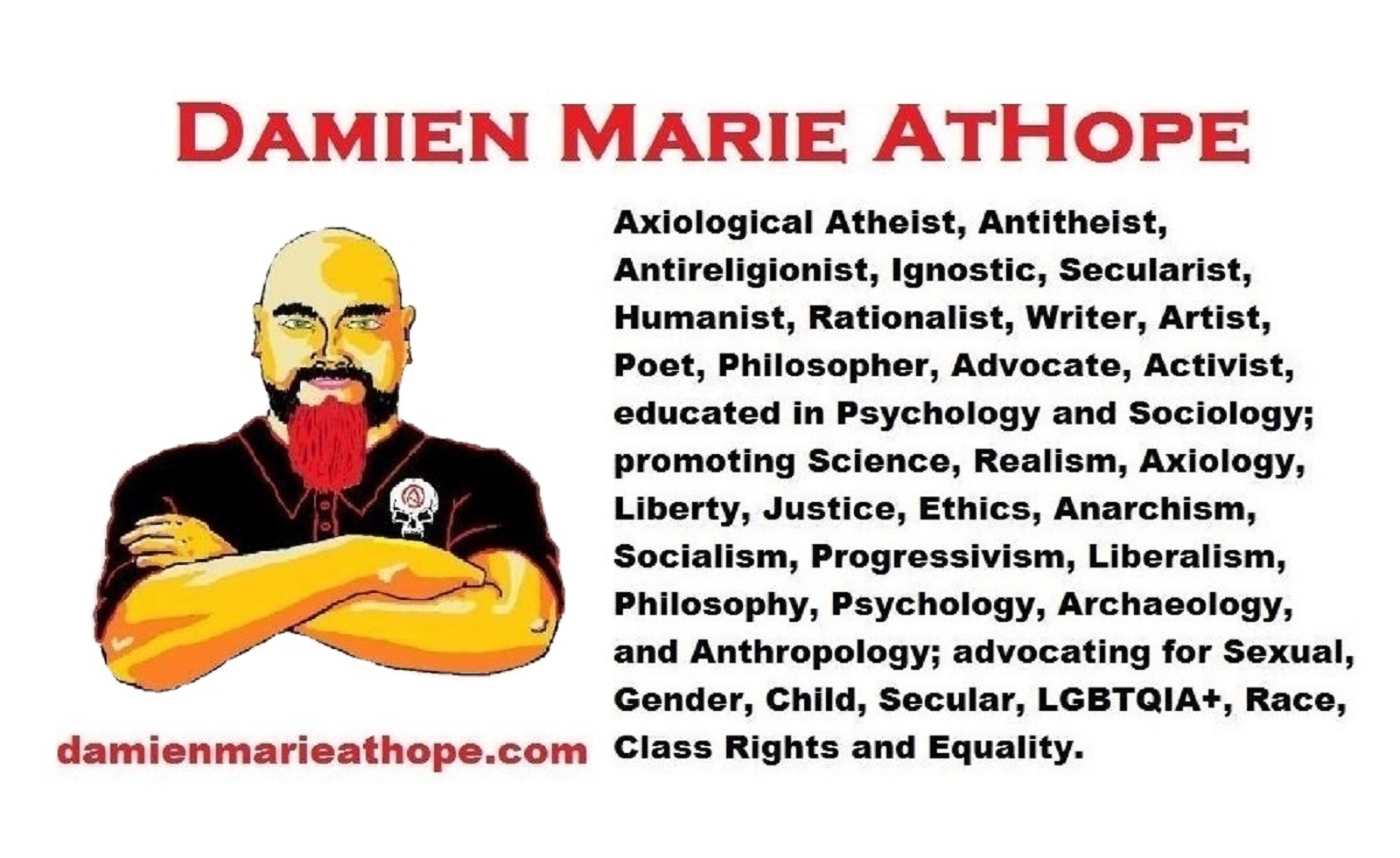
Damien Marie AtHope (Said as “At” “Hope”)/(Autodidact Polymath but not good at math):
Axiological Atheist, Anti-theist, Anti-religionist, Secular Humanist, Rationalist, Writer, Artist, Jeweler, Poet, “autodidact” Philosopher, schooled in Psychology, and “autodidact” Armchair Archaeology/Anthropology/Pre-Historian (Knowledgeable in the range of: 1 million to 5,000/4,000 years ago). I am an anarchist socialist politically. Reasons for or Types of Atheism
My Website, My Blog, & Short-writing or Quotes, My YouTube, Twitter: @AthopeMarie, and My Email: damien.marie.athope@gmail.com

